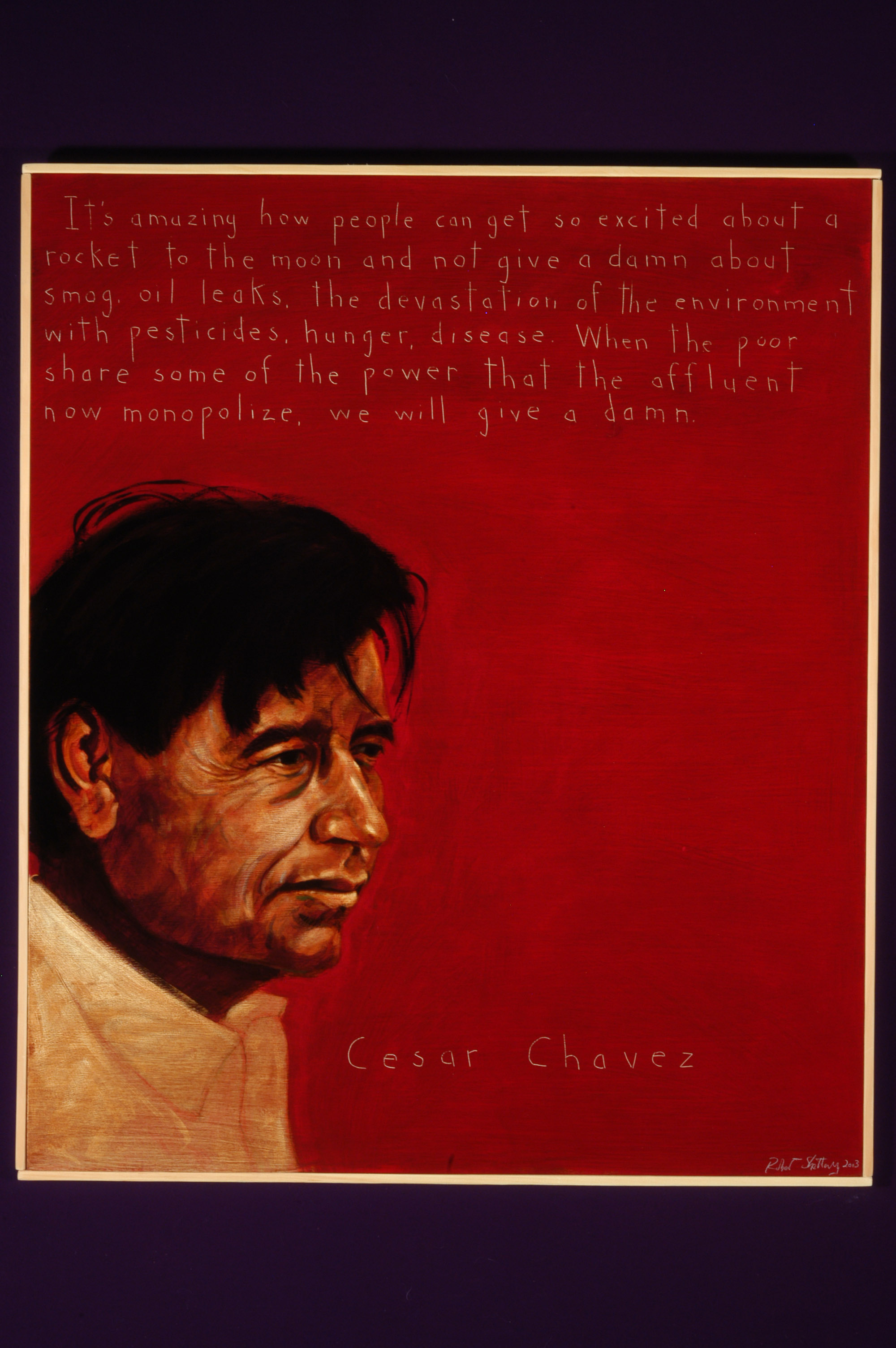You are warmly invited to spend an evening with nationally-known author and Hearts & Minds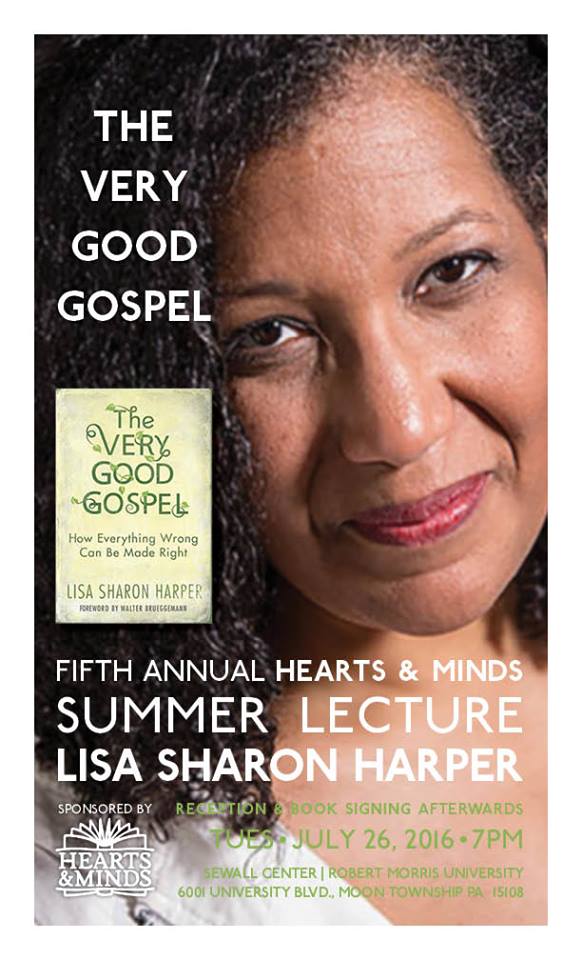 friend Lisa Sharon Harper at our Fifth Annual Hearts & Minds Pittsburgh Summer Lecture, Tuesday evening, July 26th starting at 7:00.
friend Lisa Sharon Harper at our Fifth Annual Hearts & Minds Pittsburgh Summer Lecture, Tuesday evening, July 26th starting at 7:00.
We will host this public lecture, conversation and author reception at Robert Morris University, in their lovely Sewall Center – they are located in Moon Township, right off the main drag there, out near the Pittsburgh airport. We are thrilled to have Lisa presenting on themes from her book The Very Good Gospel: How Everything That Is Wrong Can Be Made Right (recently released by Waterbrook Press; $19.99; on sale for 20% OFF; $15.99.)
There is no charge to attend, we’ll have some snacks, a time for her to autograph books, maybe even a few other surprises along the way.
If you know anyone in Eastern Ohio or Northern West Virginia, or anywhere in Western Pennsylvania we hope you will share this invitation with them.
Or, if you want an autographed book but cannot join us, you can let us know and we’ll get one for you.
Beth and I view this as a way to say thank you to our many Western Pennsylvania-area customers and our friends there; in a way it is a Hearts & Minds party, with friends from churches, the CCO, camps and conference centers, denominational folk, nonprofits and para-church ministries, regional seminaries and schools, Christian radio, and friends in the publishing world, joining up to hang out a bit, shop at a huge book display we’ll have set up, and meet an author we truly esteem.
It really would mean a lot to see y’all. And you’ll love hearing Lisa Sharon Harper.
A portion of our bookstore business is mail order and while we aren’t as faceless as some
on-line providers, we still long to truly greet our supporters. At
this summer lecture series we’ve connected face-to-face with some of
our mail order customers who we’ve never actually met. What joy!
Some of our business involves doing off-site events — Wee Kirk, Presby
stuff, APCE staff, college talks, UCC clergy gatherings, Lutheran
Synods — and, again, we value seeing our “on the road” supporters. We
cherish our diverse and ecumenical friendships, customers from
throughout the area.
______________________________________________________________________
TO JUMP TO MY NEW REVIEW OF THE VERY GOOD GOSPEL
PLEASE SCROLL FURTHER DOWN
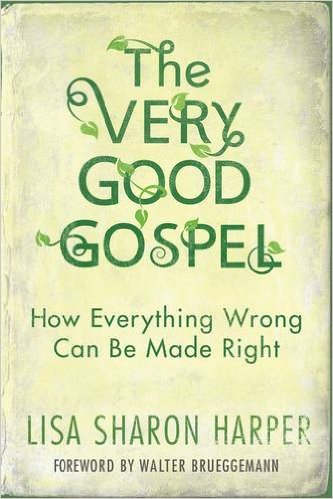
WHY WE SPONSOR THE ANNUAL PITTSBURGH SUMMER LECTURE:
Most of our friends know that we used to live in what was then a gritty East Liberty neighborhood and worked in Pittsburgh – Beth for a while in the CCO home office and in a residential home for persons with special needs, I with the Thomas Merton Center, in a Christian bookstore in Monroeville, and on staff at a Presbyterian church in McKeesport, just outside of the ‘burgh. We were born and raised in Central PA and have lived here now for going on 35 years, but our time in the Steel City was formative.
When we started underwriting this annual Pittsburgh event part of our dream was to honor a theological truth we learned through CCO, through an itinerant Christian philosopher and Abraham Kuyper scholar with whom we studied named Pete Steen, and from friends who had studied with Francis & Edith Schaeffer: God cares about all of life, about every sphere of life; it is this world Christ is redeeming, and therefore we need to “take every thought captive” (2 Corinthians 10:5) in order to not only “think Christianly” but to live faithfully, working out with redemptive practices the implications of God’s gift of salvation for every zone of culture. The life of the mind and the project of cultural renewal are part and parcel of any mature vision of Christian spirituality. Sometimes we called it “whole life discipleship.” According to Colossians 1, the old song is wrong: the “things of earth” do not “grow strangely dim” but are illuminated, made more important and lovely as they are being redeemed by their rightful King. As Colossians 1:18 puts it, Christ is to be preeminent in “all things.”
But, we’ve learned, that not everyone has learned to think about “all things” — or even most things — as the servants of the Lord Psalm 119 says they are. From rocks to rockets, from city streets to science labs to laws to recipes to films to all manner to technological gizmos, the Bible says “all things are they servants, Lord.” What in the world does that mean? It seems to me we need Christian thinkers to help us learn to think like the writers of the Bible did.
So our years in Western Pennsylvania were significant, raising life long questions for me, even as they are farther away in the rear view mirror these days. It is one of the reasons we enjoy hosting an author appearance with a lecture like this every summer (at the same time our friends at the CCO are having their own staff training gathering there at Robert Morris University.) It honors our past and celebrates what we are trying to do by curating the sort of book selection we do.
We do hope you can join us, or at least help us spread the word.
Also in those years, significantly, we learned from the CCO about the importance of racial reconciliation; even in the 1970s they regularly featured conversations about what was later called “diversity” by the culture at large. The leader of the CCO in those years (Robert Long) had done urban ministry in Harlem and introduced us to radical followers of Jesus like Bill Milliken – who is still showing God’s love for urban kids as a nationally-known advocate for educational reform in high-risk schools. (For the few that recall that name from late 60s Western PA you 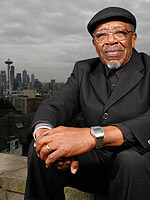 may enjoy knowing that Tim Keller’s Redeemer Presbyterian Church in NYC hosted him not long ago at an event where we were selling books — it was such fun to re-connect with him, talking with Milliken about Bob Long and Reid Carpenter and Mon Valley urban Young Life guys and reformational thinkers like Pete Steen.) In those years CCO introduced us to black leaders such as Bill Panell, Tom Skinner, Barbara Williams-Skinner, Carl Ellis, Elwood Ellis, John Perkins (whose connections in PIttsburgh even figures nicely in one of the biographies about him.)
may enjoy knowing that Tim Keller’s Redeemer Presbyterian Church in NYC hosted him not long ago at an event where we were selling books — it was such fun to re-connect with him, talking with Milliken about Bob Long and Reid Carpenter and Mon Valley urban Young Life guys and reformational thinkers like Pete Steen.) In those years CCO introduced us to black leaders such as Bill Panell, Tom Skinner, Barbara Williams-Skinner, Carl Ellis, Elwood Ellis, John Perkins (whose connections in PIttsburgh even figures nicely in one of the biographies about him.)
The awful state of race and urban justice in our land — from Alton Sterling, Philado Castile and the snipers who killed Dallas police officers to the systemic disorder of mass incarceration documented so powerfully in Bryan Stevenson’s Just Mercy: A Story of Justice and Redemption — is something we’ve been talking about, and selling books about, for decades. It is, sadly, as pressing now as ever in my memory.
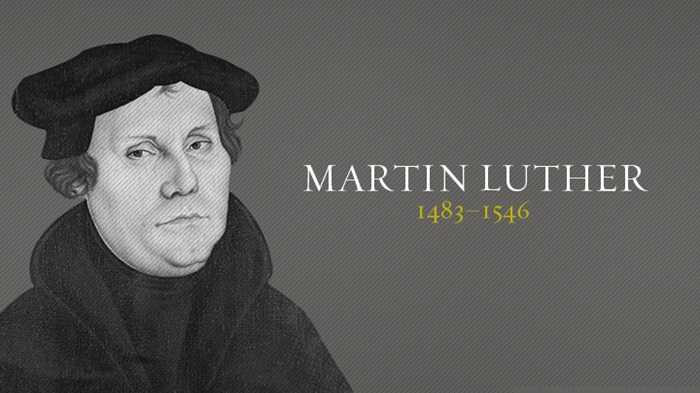 I recall a quote by Martin Luther that I used often in our Pittsburgh years – Lutheran scholars might tell me if it is apocryphal. He is said to have said something about relating the gospel to “the burning issues of the day” or, in another version, “where the battle most rages” and that to fail to do so is to fail the gospel itself.
I recall a quote by Martin Luther that I used often in our Pittsburgh years – Lutheran scholars might tell me if it is apocryphal. He is said to have said something about relating the gospel to “the burning issues of the day” or, in another version, “where the battle most rages” and that to fail to do so is to fail the gospel itself.
Christ is Lord, the gospel of grace is true good news of a Kingdom breaking into human history; if Christianity offers a message of salvation coming via incarnation, then we must, we simply must, relate God’s grace and the teachings of Jesus not just to human hearts but to human hurts, not just to abstract spiritual things but to real life in the real world, including debates about politics, economics, structures and systems, ideas and initiatives. Social concerns and cultural engagement are not incidental or tangential to the work of the church but are its end-point: we proclaim God’s redeeming work in the cross of Christ and with Holy Spirited resurrection power we bear witness to the substantial healing and surprising hope seen as we erect signposts pointing to God’s renewed creation. Evangelism is a recruitment effort for the rightful King’s epic rescue project and we invite people to experience God’s mercy and enjoy eternal life, which starts now, as we take up citizenship in His Kingdom, “on Earth as it is in Heaven.”
This is why we do the annual summer lectureship, to remind those of us who have been talking and living out these things for decades that it is true, and that it matters, even if sometimes our own churches don’t always proclaim such a down-to-Earth, fully Biblical, Kingdom vision. As C.S. Lewis reminded us, we sometimes settle for lesser visions, content with other stuff, mere mudpies.
We must learn to live “in the world but not of it” as it says near the end of the Gospel of John. As the famous fourth century African bishop put it, we live in the tension of inhabiting both the city of man and the city of God.
I like what Calvin Seerveld wrote in Rainbows for the Fallen World, his dense book about aesthetics, when he said “culture is not optional.” That is, we can’t decide not to “engage culture” because it is something we always do as humans made in the image of the creator God — one way or another. Even the monks and the Amish, in their rejection of culture, are, in their own way, being social creatures and interacting in some manner with the world. We are all always either serving the true God in ways that are coherent and proper or we are serving some kinds of idols, living disordered lives, “worldly” and tainted by idols. This is the only world we’ve got, and live in it we must, for better or worse. The question is how our understanding of the gospel informs us, transforms us, and what that means for our daily living, our insight about the world, and the nature of faithful lifestyles in the deformed society in which God has placed us.
As that Pete Steen character used to ask, do we assume a dualism between the so-called sacred churchy and spiritual parts of life and the secular, seemingly profane parts of life? If so, we are “functional atheists” living mostly as if God didn’t really matter much in the rough and tumble of the real world of daily life. If Jesus is Lord, we are to be His ambassadors in all of life, being 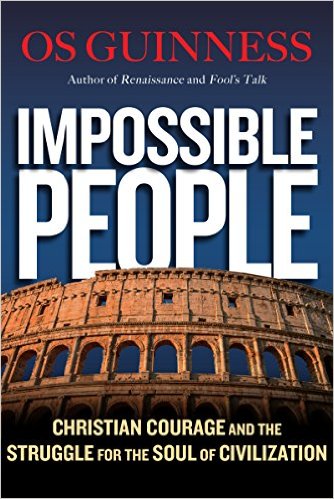 salt and light and leaven, as Jesus Himself put it. We are to seek first God’s reign, Christ’s Kingdom, His glory. There is much wrong with the world to which we must say “no!” (Perhaps you recall the long review I did recently of the challenging new book by Os Guinness called Impossible People: Christian Courage and the Struggle for the Soul of Civilization; he helps us think this through in necessarily serious ways.) And there is much good, or course, to which we may say “yes!”
salt and light and leaven, as Jesus Himself put it. We are to seek first God’s reign, Christ’s Kingdom, His glory. There is much wrong with the world to which we must say “no!” (Perhaps you recall the long review I did recently of the challenging new book by Os Guinness called Impossible People: Christian Courage and the Struggle for the Soul of Civilization; he helps us think this through in necessarily serious ways.) And there is much good, or course, to which we may say “yes!”
We need discernment, insight, wisdom for, as the old hymn puts it, “the living of these days.”
To do this, or so it seems to us, we need books.
Please allow me to write that line again.
To do all this, we simply must be readers. We need books and helpful booksellers.
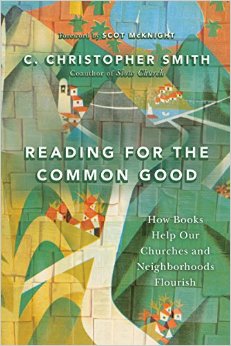 As C. Christopher Smith argues in Reading for the Common Good: How Books Help Our Churches and Neighborhoods Flourish books can be transforming for us as we slow down, think about important things, take in new ideas, allowing the cadences and insights to shape us as we form bonds that reading together can create. (Read a short piece Chris just published in Sojo making a lovely case for reading and talking together. Yes!)
As C. Christopher Smith argues in Reading for the Common Good: How Books Help Our Churches and Neighborhoods Flourish books can be transforming for us as we slow down, think about important things, take in new ideas, allowing the cadences and insights to shape us as we form bonds that reading together can create. (Read a short piece Chris just published in Sojo making a lovely case for reading and talking together. Yes!)
I know you reading this realize that good readers become the best leaders. Heaven calls us to think well, care deeply, get involved. Reading matters, and meeting authors of good books is a very special treat. It is one reason why organizations like the CCO hold their big Jubilee conference, so good content from wise leaders can be passed on, face to face. We hope you agree.
The Christian church has long seen books as tools for discipleship – of course the solas and the new catechisms of the Protestant reformation were promoted by the newly invented printing press; Luther himself nearly became a celebrity for his prolific writings, distributed widely by the antecedents of pamphleteers and Christian literacy campaigns and modern day religious booksellers. Methodist John Wesley’s “method” was to form reading groups, of course, small bands of folks reading and talking and praying together. This gave rise to groups of readers such as the ones formed by William Wilberforce in their efforts to reform morals and stop slavery in eighteenth century England. Did you know that US pilgrims brought a printing press along on the Mayflower as they set out to create a culture in the new world? Books are important for anyone wanting to make a difference, anyone seeking to love their neighbors and engage culture well.
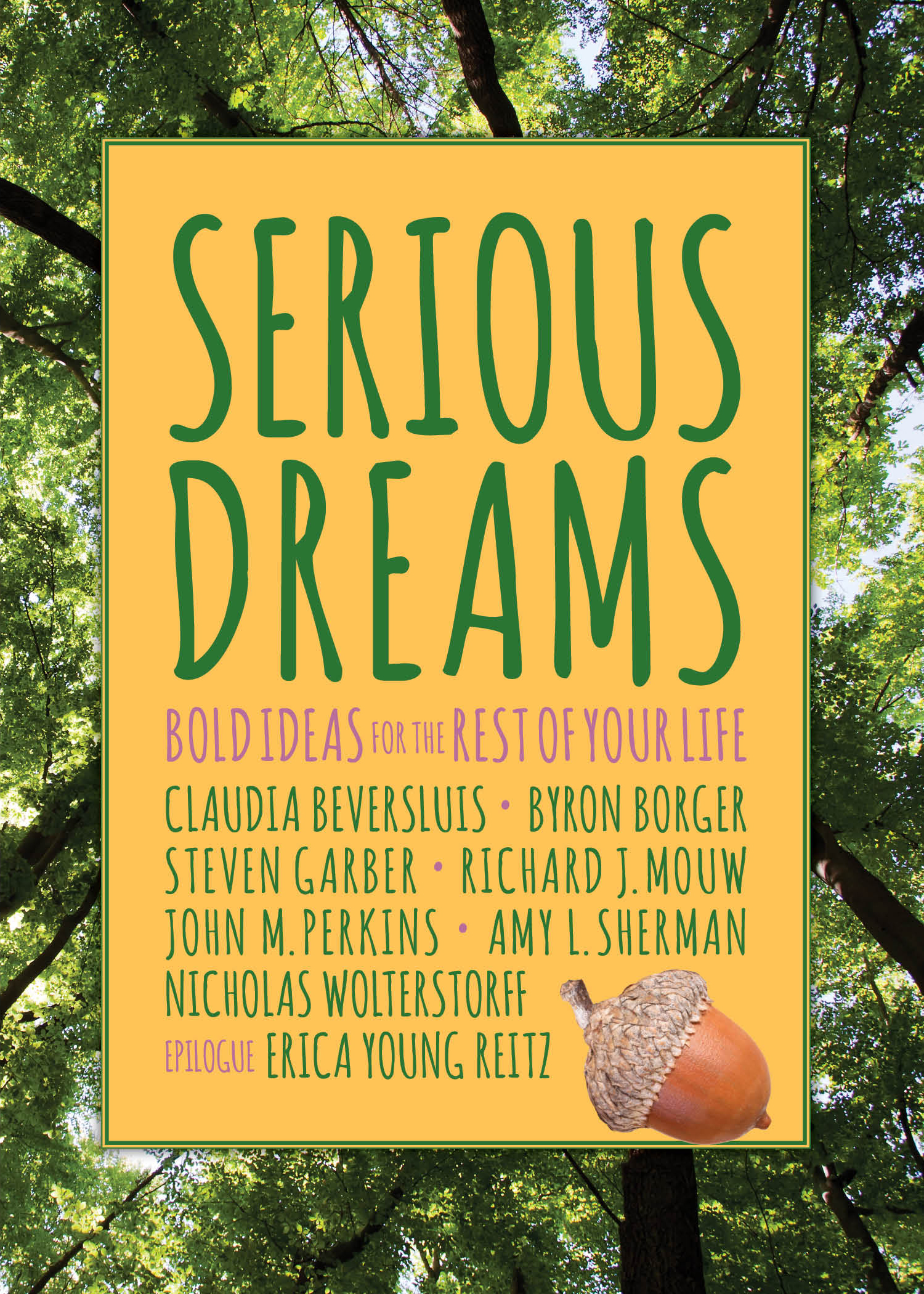 The authors in my own little collection of essays for young adults, Serious Dreams: Big Ideas for the Rest of Your Life say this over and over: we need a Christian mind, we need to take up our vocations with intentional consideration; African American leader John Perkins in his chapter congratulated college graduates for learning to develop their personal libraries — this from a man who only went to third grade! My own chapter, delivered to graduates of the graduate programs at Geneva College in Beaver Falls, PA, drew on I Chronicles 12:32 which mentions those who “understood the times and knew what God’s people should do.” Oh how we need books today, to inform and guide
The authors in my own little collection of essays for young adults, Serious Dreams: Big Ideas for the Rest of Your Life say this over and over: we need a Christian mind, we need to take up our vocations with intentional consideration; African American leader John Perkins in his chapter congratulated college graduates for learning to develop their personal libraries — this from a man who only went to third grade! My own chapter, delivered to graduates of the graduate programs at Geneva College in Beaver Falls, PA, drew on I Chronicles 12:32 which mentions those who “understood the times and knew what God’s people should do.” Oh how we need books today, to inform and guide 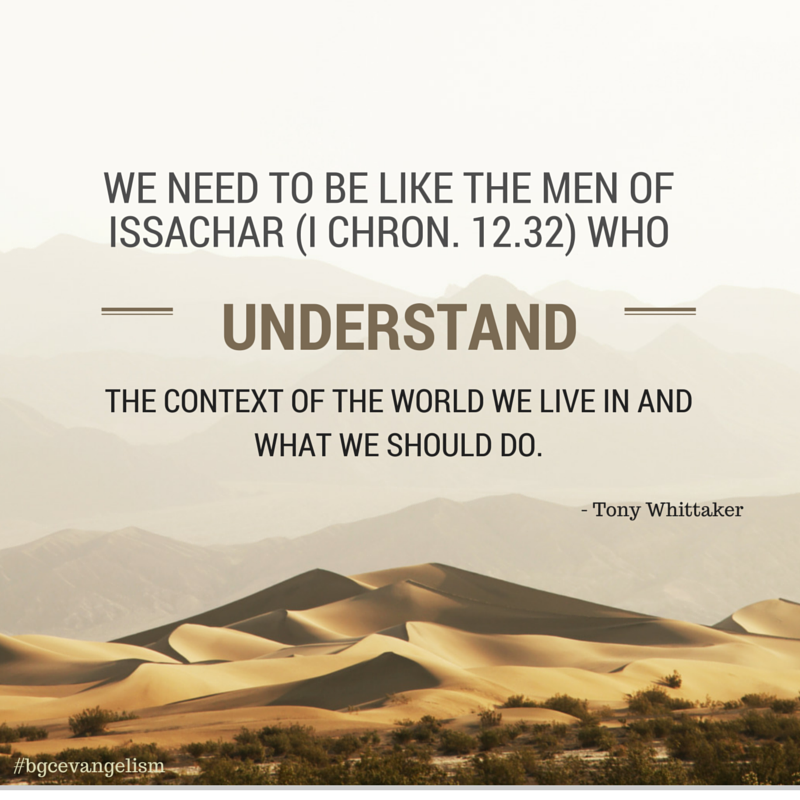 and provoke us to deep conversations about “what God’s people should do.”
and provoke us to deep conversations about “what God’s people should do.”
And so we offer books for world changers, Kingdom of God citizens, I Chronicles 12:32 people, dreamers of dreams. We describe important titles to make us think, authors to help us along the way, resources to enlarge the heart and stimulate the mind, to help us relate Sunday worship and Monday work, as we sometimes say. Books to help us relate prayer and politics.
When we get a chance to honor authors by bringing our customers and friends into live conversation with them, we feel like we’re doing our good part of our job. Or, conversely put, when we bless our customers by giving them a chance to meet a real, live, nationally-known author, we think we’re doing a good part of our job.
We love selling books, but there is something pretty wonderful about introducing our customers to those who write the books.
 Lisa Sharon Harper is one of those authors we want our friends to meet.
Lisa Sharon Harper is one of those authors we want our friends to meet.
She is, in the language of 1 Chronicles 12:32, a “daughter of Issachar.”
Lisa has co-written two books, one with a point/counter-point approach, done in collaboration with a conservative political thinker and OP pastor, D.C. Innes (Left, Right & Christ: Evangelical Faith in Politics, recently revised and re-issued by Elevate Books) and the powerful, multi-authored Forgive Us: Confessions of a Compromised Faith on which, by the way, I have a long endorsing blurb. It was nicely published by Zondervan. We will have them both there the night of the 26th.
 Her brand new book, which I’ve mentioned before, is The Very Good Gospel: How Everything Wrong Can Be Made Right (Waterbrook; $19.99.) We have it at at special sale price, too — 20% off, making it just $15.99.
Her brand new book, which I’ve mentioned before, is The Very Good Gospel: How Everything Wrong Can Be Made Right (Waterbrook; $19.99.) We have it at at special sale price, too — 20% off, making it just $15.99.
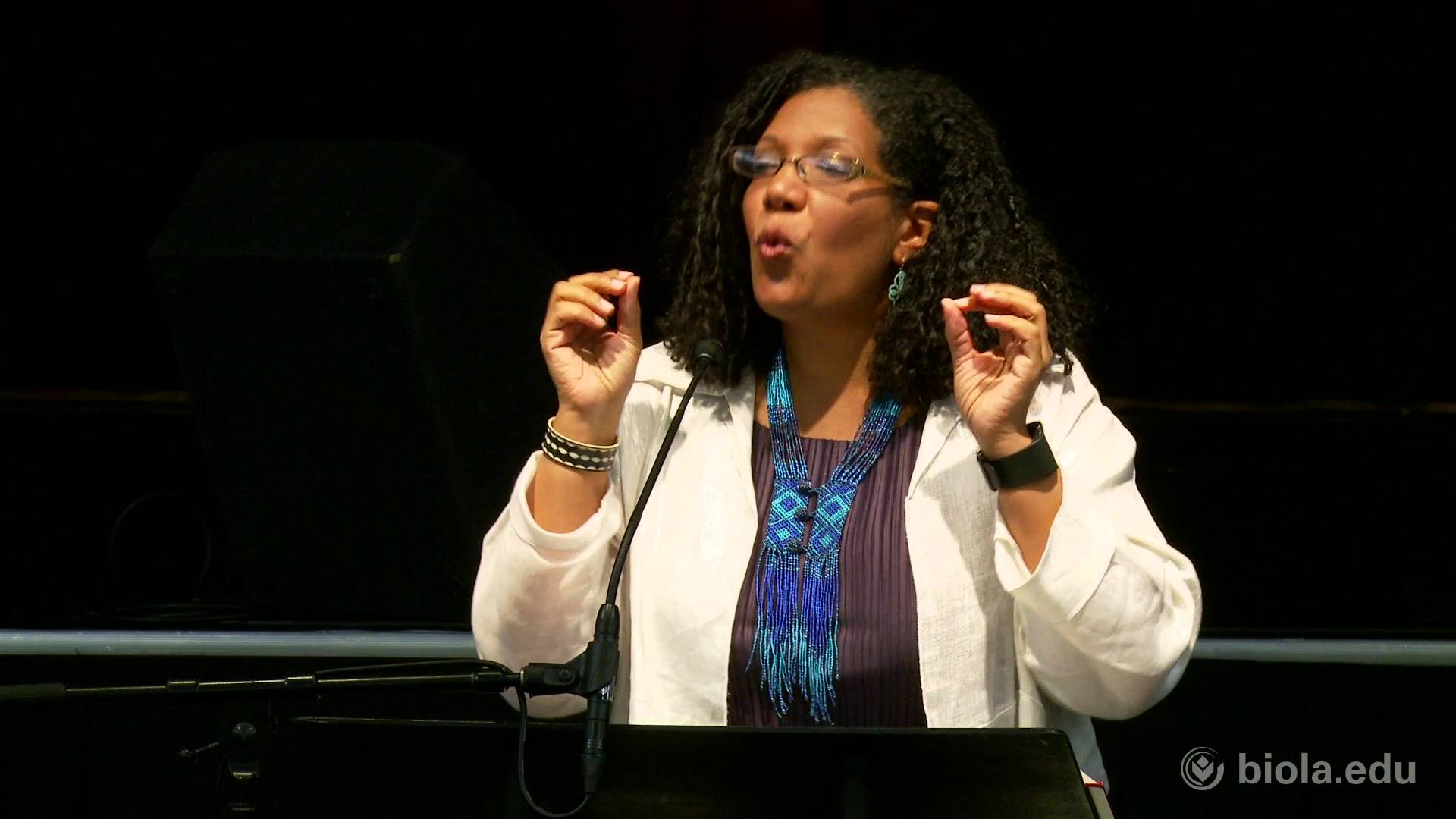 Lisa Sharon Harper is the sort of author who writes with a fire in her bones, a deep desire to tell her story, a passion to get us to think, to raise questions and point a way forward. As a black woman who now works for our old friends at Sojourners – Jim Wallis did the first author appearance we ever did, I think, offering a talk at our store for 25 people in the early 1980s – she has a lot to say about “the burning issues of the day.” She has a remarkable amount of experience — she has organized in Ferguson and preached at national racial justice events these past months; she has prayed on the streets with environmental activists and she has gone on pilgrimage along the infamous “Trail of Tears.” She believes deeply that God’s grace shown in Christ Jesus is the key to the mysteries of human life, from the most personal poignant matters to the most complex public affairs, and that the gospel offers the truest vision of hope for a very broken world.
Lisa Sharon Harper is the sort of author who writes with a fire in her bones, a deep desire to tell her story, a passion to get us to think, to raise questions and point a way forward. As a black woman who now works for our old friends at Sojourners – Jim Wallis did the first author appearance we ever did, I think, offering a talk at our store for 25 people in the early 1980s – she has a lot to say about “the burning issues of the day.” She has a remarkable amount of experience — she has organized in Ferguson and preached at national racial justice events these past months; she has prayed on the streets with environmental activists and she has gone on pilgrimage along the infamous “Trail of Tears.” She believes deeply that God’s grace shown in Christ Jesus is the key to the mysteries of human life, from the most personal poignant matters to the most complex public affairs, and that the gospel offers the truest vision of hope for a very broken world.
The Very Good Gospel: How Everything Wrong Can Be Made Right is a splendid book, easy to read, full of stories as well as profound analysis of the way the gospel relates to the world in which we live. At some parts it is simply glorious.
Given that Ms. Harper is known for speaking about racial justice and being an advocate for the poor and marginalized, it is a delight to hear so much here about her own inner life, her struggles and personal faith journey.
She talks about her girlhood, her joys and fears and sadnesses (she went to an almost all-white school, so there are the not-uncommon experiences of being teased, concerns about her hair, her skin tone, etc. etc. etc.) Lisa bravely shares how Christ befriended her and yet how she struggled – she writes about her anxieties about weight and some subsequent eating disorders and about coping with the anguish of a broken home. She is vulnerable, sharing her longing to be deeply loved and truly accepted. I was moved to tears at one point as she tells of praying for healing, of her inner anguishing and how she learned to increasingly trust the God who loves her so, who wants her. Issues of shame circle around and around, it seems, and even though she is a national leader for a progressive sort of social action, her deeply felt, evangelical faith is, time and again, her balm in Gilead. Citing Psalm 139 and Jeremiah 1:5, she writes, “The whole of our lives is a journey to return home.” Oh, if we all felt such homecoming assurance that we are the beloved of God with a place at Christ’s table.
Near the end of the book she is led in nearly miraculous ways to minister to a dying friend, to share in a ritual of grieving with others in their time of bereavement. When Lisa talks about God’s real presence and leading in daily life, about the way Christ’s gospel is the basis for renewal and hope, she isn’t just spouting a cheap social gospel or trendy liberation theology. She walks with the God who loves her, she serves the King who claims her, and she brings a candor and clarity about how hard it is to live into these promises of God’s presence and peace. She beautifully reminds us that we can experience the occasional miracle and know the in-breaking of spiritual renewal.
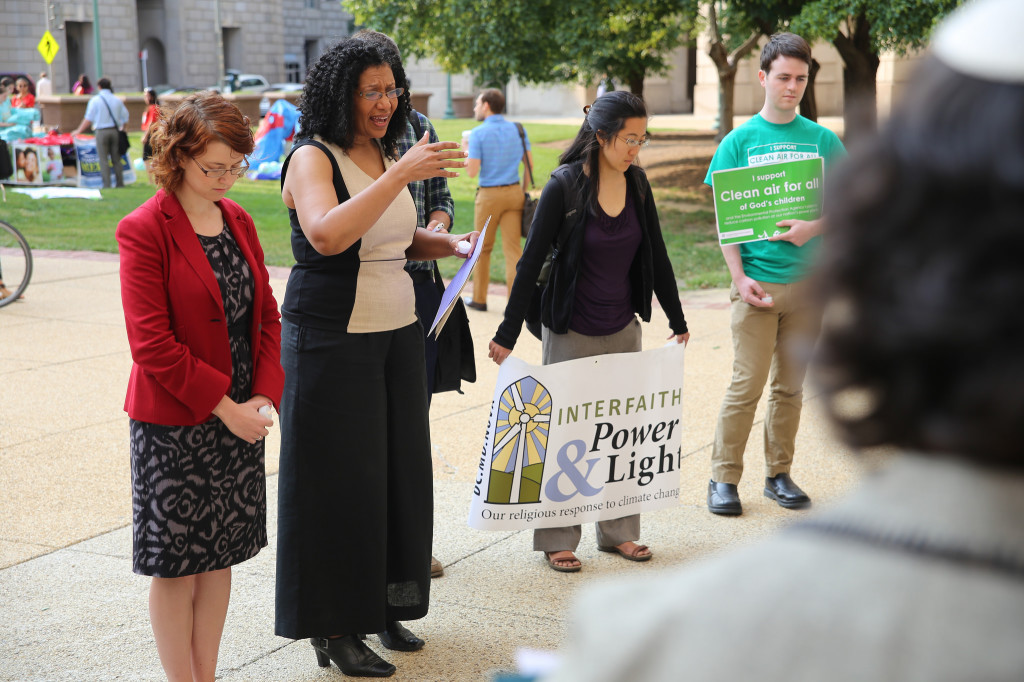 Harper is admittedly a professional organizer, equipping church folks to be more intentionally involved in matters of peace and justice, environmental stewardship and multi-ethnic ministry, but The Very Good Gospel is more than a handbook to social change. It is a testimony of one woman’s journey, a story of God’s healing, of the Spirit’s presence and power, even as it guides us into confrontation with the principalities and powers. This is full gospel ministry!
Harper is admittedly a professional organizer, equipping church folks to be more intentionally involved in matters of peace and justice, environmental stewardship and multi-ethnic ministry, but The Very Good Gospel is more than a handbook to social change. It is a testimony of one woman’s journey, a story of God’s healing, of the Spirit’s presence and power, even as it guides us into confrontation with the principalities and powers. This is full gospel ministry!
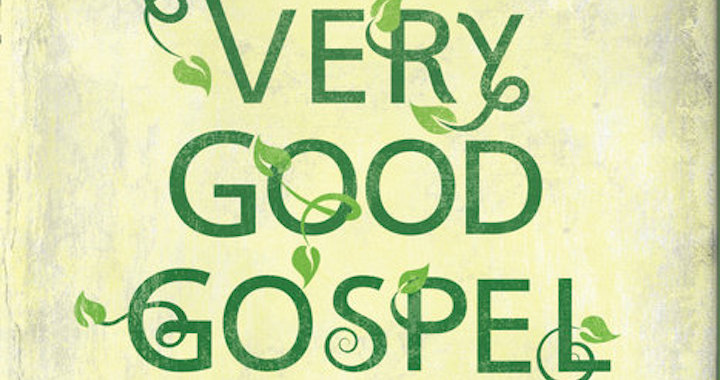 Lisa’s book is largely arranged in two major sections.
Lisa’s book is largely arranged in two major sections.
The first part is her systematic telling of the overview of the Biblical story, drawing much on Genesis 1 – 3, talking about a good, good creation, blessed and well-ordered with God’s shalom, managed by humans made in God’s image; a torn and vandalized shalom, cursed by the fall, and a promise of redemption, offered in mercy and hope by a covenant making God. Some of us talk about the “chapters” of the unfolding drama of redemption, naming them creation/fall/redemption/restoration, and she does this with close attention to the Biblical text. She does this with lively and fresh language. She highlights the gift of shalom and the gospel of reconciliation.
In a great foreword, Biblical scholar Walter Brueggemann writes,
Lisa Sharon Harper has written a bracing, generative exposition of the elemental narrative of gospel faith. She has done so by sharing the sequence of the “very good” of creation, “the wreckage of the fall,” and the “very good” of the gospel of reconciliation and restoration.
There are lovely reflection questions at the end of each of the chapters in Very Good Gospel, making it an ideal book for small groups or adult Bible classes or campus ministry studies. She asks us to enter the story of creation, marveling in the wonders of God’s good world, be honest about our sin and brokenness, and embrace the deepest questions Jesus himself asked. She asks us to ponder how we have said “yes” to God’s invitation, to consider the resurrection, to do an exercise to help us experience the gift of living water. I do hope this book is taken up by small groups and classes – it is well worth talking about.
These opening chapters – taking us from a good garden to a new City — provide the strong and essential framework for the rest of the book which works out some of the implications of God’s plan for restoration and healing in every area of life.
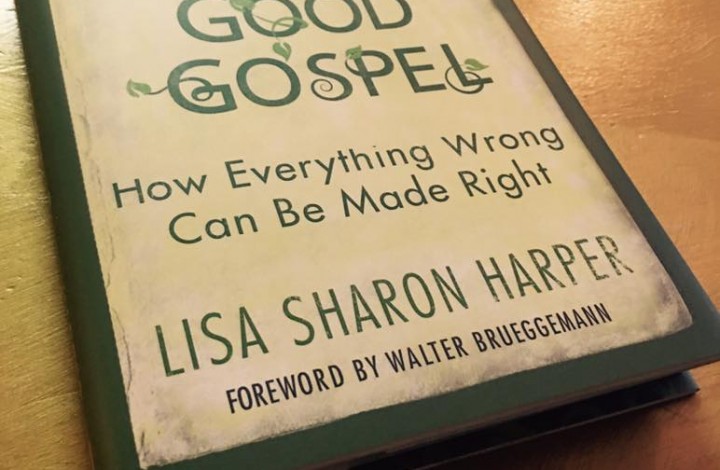 As the book unfolds, Lisa wisely and insightfully offers ways to apply the goodness of this grand narrative and the gospel to the complexities of modern life. Each chapter draws on the image of restoring shalom, of embracing and living into God’s work of reconciliation. For instance, there is a chapter called “Shalom with Self: Shame and Freedom” and another on shalom between genders.
As the book unfolds, Lisa wisely and insightfully offers ways to apply the goodness of this grand narrative and the gospel to the complexities of modern life. Each chapter draws on the image of restoring shalom, of embracing and living into God’s work of reconciliation. For instance, there is a chapter called “Shalom with Self: Shame and Freedom” and another on shalom between genders.
Her study of Paul’s writing on women is insightful, a moderate sort of Biblical feminism; she draws on Carolyn Custis James and her recent book Malestrom who “marvels at Paul’s conversion and its impact on how he engaged with women. She points out,” Lisa tells us, “that not only did Paul’s conversion catapult him across ethnic barriers into ministry with gentiles, but also across gender barriers into equal partnership with women.”
In a powerful section called “Restoring Ezer” she tells us:
All the way back to the days of slavery in America, every women in my mother’s direct line of ancestry suffered sexual violence. This include me. My great aunt died in the woods after being raped by her uncle. My third great grandmother, the last adult slave in our family, bore seventeen children by five “husbands.” Family lore says her husbands kept dying or being sold away. It also is possible that she was forced to breed children on a plantation in South Carolina. She herself was half-white, likely the product of a rape. Most of the women in our family suffered in silence, and some suffered again when they raised their voices to name their perpetrators. Fathers, cousins, even sisters and pastors minimized the pain and chastised the crushed ones for disturbing the peace.
Later, when she talks about God’s empowerment after she rejected her evangelical leaders forbidding her to teach (because she was a woman) and God’s healing when she attended to her own sexual molestation, most readers will want to cheer! It is always good to see folks move away from toxic faith towards empowerment and health. This is an honest book, but one with much gladness as the gospel of Christ over and over offers transformation, new chances, fresh starts, real hope.
There is a good chapter on shalom restored in our relationship with the Earth. It is very, very good.
There is a chapter about shalom restored among broken families, there is a powerful chapter on race. As I might say regarding the other chapters, these are worth the price of the whole book – well worth reading carefully and talking about together.
In yet another she shows Christian principles for creating international policies that could enhance national security and global peace. Her views on Godly governance and principles for good citizenship are themselves very helpful these days; her telling of being on a learning tour to the Balkan war zones and visiting the Nazi death camps is moving although most of this chapter is Bible study without venturing much about policy.
Her chapter on how to be witnesses to this kind of Biblical vision of peace is generative for anyone wondering about how to do full-orbed evangelism in these modern days. Her stories of public justice work done faithfully by local churches are inspiring, helping us relate word and deeds. Again, the discussion questions are useful.
Lisa Sharon Harper’s final chapter on death and dying offers a wonderful, moving close to this grand telling of God’s work in the world and the Spirit’s presence in our most tender, deepest moments. But, again, even here, she doesn’t miss the public and social consequences of thinking about life and death. Her linking the “small deaths” of change – letting go of death-dealing ways and “choosing life” is extraordinary.
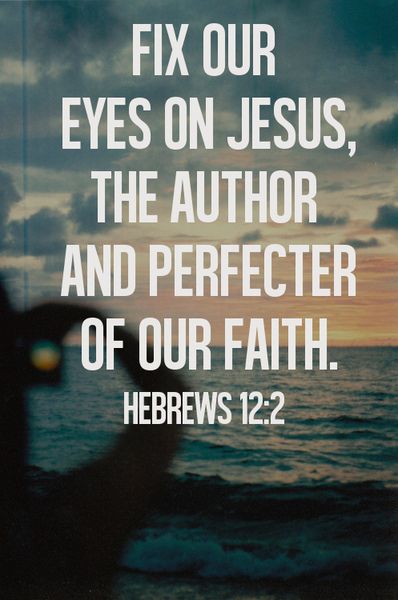 Ms Harper’s reminder to turn to Jesus (she cites Hebrews 12:1-2) and the need to embrace a humility that leads to repentance and renewed trust in God – as risky as it may feel–is beautiful. For some of us, we can “hear” this evangelical truth and spiritual counsel because she has shown us how relevant and real it all is. These are no pious bromides or cliches, offered abstractly away from the context of our raw world of injustice and idols. Lisa brings together the best of social justice thinking, lots of Biblical exegesis and theological reflection, and classic spiritual formation practices to bring us to this very place where we choose life. We have genuine hope because alienation and brokenness and separation does not win. Christ reigns and this is very good news indeed.
Ms Harper’s reminder to turn to Jesus (she cites Hebrews 12:1-2) and the need to embrace a humility that leads to repentance and renewed trust in God – as risky as it may feel–is beautiful. For some of us, we can “hear” this evangelical truth and spiritual counsel because she has shown us how relevant and real it all is. These are no pious bromides or cliches, offered abstractly away from the context of our raw world of injustice and idols. Lisa brings together the best of social justice thinking, lots of Biblical exegesis and theological reflection, and classic spiritual formation practices to bring us to this very place where we choose life. We have genuine hope because alienation and brokenness and separation does not win. Christ reigns and this is very good news indeed.
Her closing words, after another fine set of reflection questions to help us ponder and process all these inspiring words and challenging insights, are these:
There is a way back to shalom. It is the way of God, demonstrated through the person of Jesus and made possible through his death and resurrection.
This is the good news. This is the very good gospel.

IF YOU CANNOT JOIN US IN PITTSBURGH FOR OUR EVENT BUT WANT AN AUTOGRAPHED COPY PLEASE LET US KNOW BY TUESDAY AFTERNOON (7-26-16.) WE CAN HAVE HER SIGN AS MANY AS YOU NEED — TELL US IF YOU WANT IT MADE OUT TO ANYONE SPECIAL — AND WE WILL MAIL THEM OUT TO YOU WHEN WE GET BACK AT THE END OF THE WEEK. NICE, EH?

To show that we are not alone in thinking this to be a very wonderful book, please read these very impressive endorsements by some very impressive leaders.
Lisa Sharon Harper has presented the gospel, the good news, as it was meant to be whole and complete. Our world has compromised so many elements of the good news that we are left with a divided gospel. We need to recover the whole Christian gospel, the wholeness of the church, the wholeness of relationships. Lisa has unleashed the whole-ism of shalom. Her application of the good news for America, for our culture, in the world, reminds us that God is bigger than our problems. My wish is that Christians and non-Christians alike read this book.
Dr. John Perkins, co-founder of the Christian Community Development Association, founder of the John and Vera Mae Perkins Foundation in Jackson, Mississippi, and author of many books, including Let Justice Roll Down
One can scan across the landscape of the church and not find a better articulator of the essence of the gospel in the twenty-first century. Lisa Sharon Harper follows a rich tradition of reformers and iconoclast theological practitioners who deeply love the gospel and God’s people. She has made it her life’s project to challenge lethargic and cynical people to live love and practice justice. Our world is richer and more vibrant because of her compassionate and strong voice.
Reverend Dr. Otis Moss III, senior pastor of Trinity United Church of Christ and author of Blue Note Preaching in a Post-Soul World
Lisa Sharon Harper is so smart and interesting she s a wonderful leader. I respect her immensely and am passionate about the message of this book.
Jen Hatmaker, speaker and best-selling author of 7 and For the Love
Part mountaineer, part miner, Lisa Sharon Harper has somehow ascended the mountain of Scripture to survey its entirety while also digging deep into its core to extract raw truth of immense implication and conviction. Lisa s revealing stories, scriptural depth, and prophetic voice make The Very Good Gospel a very good read one you won t want to miss.
David Drury, chief of staff for the Wesleyan Church World Headquarters and author of nine books including Transforming Presence
In a world that has legitimate reasons to question the possibility of a good God, Lisa Sharon Harper reminds us what is in fact not only good but beautiful about the God who loves us more than we want to be loved. Her winsome words wash over the reader with gentleness, while simultaneously striking out with a fierce love that is corrective and healing. “The Very Good Gospel “is more than just a social activist s field guide; it is a road map to a better world one marked by faith, hope, and love.
Christopher L. Heuertz, author, activist, and founding partner of Gravity: A Center for Contemplative Activism”
To speak of the gospel as good news, it has to be good news for the oppressed, the impoverished, the brokenhearted. To embody God s shalom is to embrace and restore the image of God in all humanity no matter who or where they are. Chapter by chapter Lisa Sharon Harper builds the case for reading, understanding, and living the gospel as the life-giving, freedom-bringing, shalom-infused reality it really is. There are new, exciting voices coming from a new, younger generation of evangelicals, and they are turning the traditional meaning of that word around. Lisa Sharon Harper is such a voice and well worth hearing.
Allan Boesak, South African human-rights activist and the Desmond Tutu Chair of Peace, Justice, and Reconciliation Studies at Christian Theological Seminary
Lisa Sharon Harper writes in a fresh and personal way, combining rich theology with deep experience working with contemporary issues to inspire us not to settle for a thin gospel but a thick gospel the fullness of the good news of God s reconciliation and shalom that touches all aspects of life. “The Very Good Gospel “is for all of us struggling with how the good news of Jesus should impact not just our own lives but also speak to the injustices in our world. This book brings all the threads together and weaves a glorious picture of God s redemptive work in creation.
Ken Wytsma, President of Kilns College, author of Pursuing Justice and Create vs. Copy
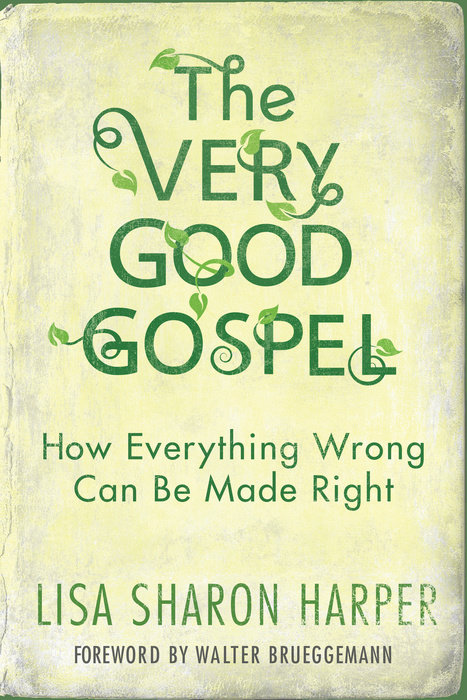
BookNotes
DISCOUNT
ANY ITEM MENTIONED
20% off
order here
takes you to the secure Hearts & Minds order form page
just tell us what you want
inquire here
if you have questions or need more information
just ask us what you want to know
Hearts & Minds 234 East Main Street Dallastown, PA 17313 717-246-3333

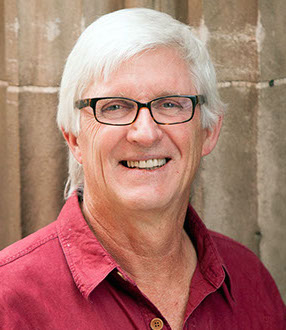
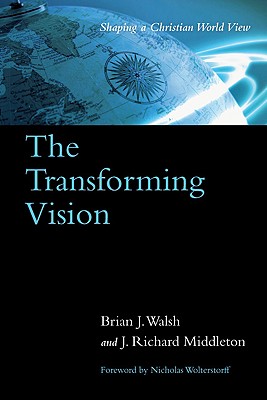

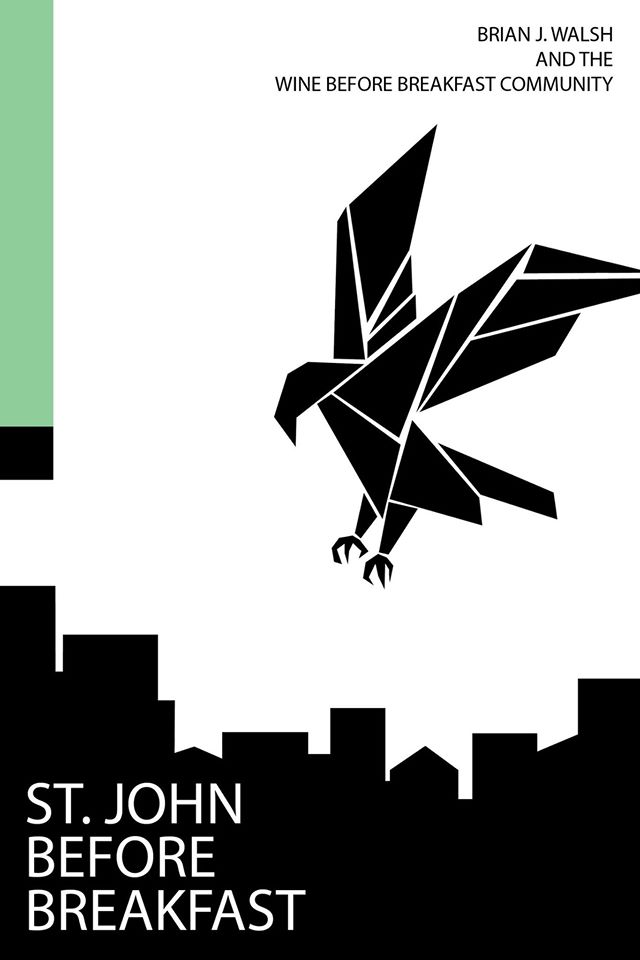
 because of their meager message – au contraire – but because they are short. Jewish readers call all of them together The Book of the Twelve. I could start off talking about how studying Amos in college rocked my world, how seeing verses like Micah 6:8 drawn in early 70s calligraphy spoke to me, about how just last week I got to introduce young Christians to Isaiah 58. I’d say how years ago Walter Brueggemann’s Prophetic Imagination became so vital for so many of us., Walsh, too. I like that line from Malcolm Boyd, saying that often in church groups we study the prophets but we wouldn’t know one if one sat down next to us. He’s right, I’m afraid, about our general lack of prophetic discernment, but he’s mostly wrong that we study the prophets. I could start there.
because of their meager message – au contraire – but because they are short. Jewish readers call all of them together The Book of the Twelve. I could start off talking about how studying Amos in college rocked my world, how seeing verses like Micah 6:8 drawn in early 70s calligraphy spoke to me, about how just last week I got to introduce young Christians to Isaiah 58. I’d say how years ago Walter Brueggemann’s Prophetic Imagination became so vital for so many of us., Walsh, too. I like that line from Malcolm Boyd, saying that often in church groups we study the prophets but we wouldn’t know one if one sat down next to us. He’s right, I’m afraid, about our general lack of prophetic discernment, but he’s mostly wrong that we study the prophets. I could start there.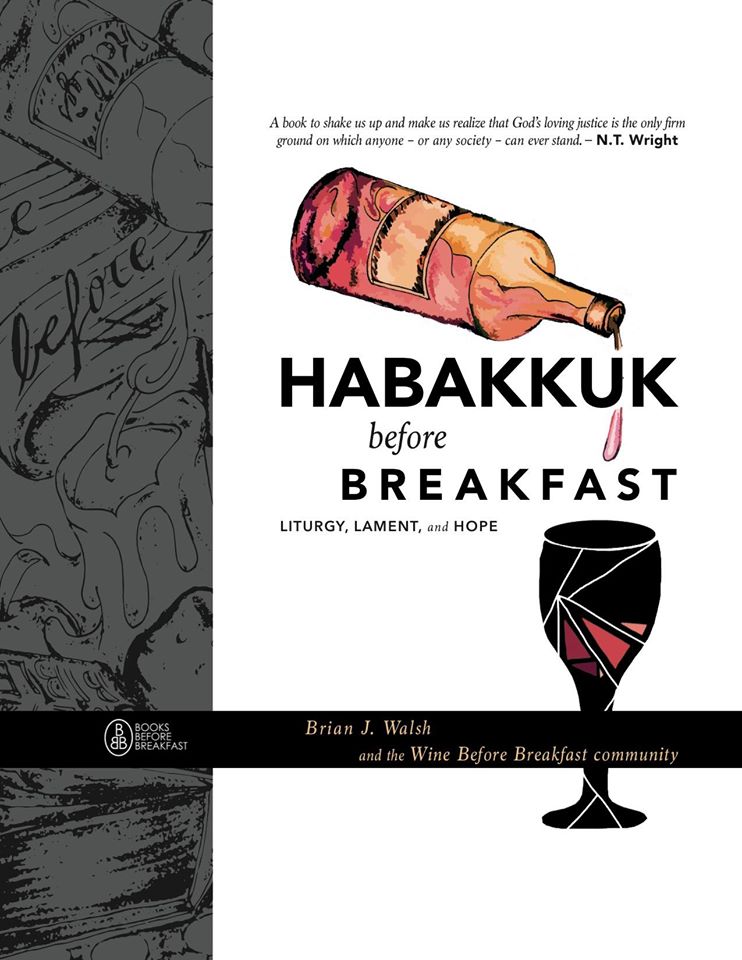 The cover of Habakkuk Before Breakfast shows a portion of a painting done by a First Nations artist who hung around the University of Toronto Wine Before Breakfast community, to whom the book is dedicated. Gregory “Iggy” Spoon died as the sermons and prayers and liturgies and reflections that became this book were being prepared and experienced. I recall reading a message from Brian about their pain and lament and anguish upon Iggy’s unexpected death in March 2015. Iggy’s death impacted their community (as did a few other deaths and tragedies that season) and Brian and the WBB community honored him as they mourned their loss. As the Hebrew prophet three millennia ago railed about a pious religious establishment that seemed to have little room for humility and care for the outsider, Iggy stood in their midst as a suffering brother, with gifts and goodness and insight and pain, like anyone, but with a past that seemed to make evident, I gather, much that is wrong with a formal religion that doesn’t understand hospitality, inclusion, or justice. Mostly, I guess, he was a beloved friend.
The cover of Habakkuk Before Breakfast shows a portion of a painting done by a First Nations artist who hung around the University of Toronto Wine Before Breakfast community, to whom the book is dedicated. Gregory “Iggy” Spoon died as the sermons and prayers and liturgies and reflections that became this book were being prepared and experienced. I recall reading a message from Brian about their pain and lament and anguish upon Iggy’s unexpected death in March 2015. Iggy’s death impacted their community (as did a few other deaths and tragedies that season) and Brian and the WBB community honored him as they mourned their loss. As the Hebrew prophet three millennia ago railed about a pious religious establishment that seemed to have little room for humility and care for the outsider, Iggy stood in their midst as a suffering brother, with gifts and goodness and insight and pain, like anyone, but with a past that seemed to make evident, I gather, much that is wrong with a formal religion that doesn’t understand hospitality, inclusion, or justice. Mostly, I guess, he was a beloved friend.
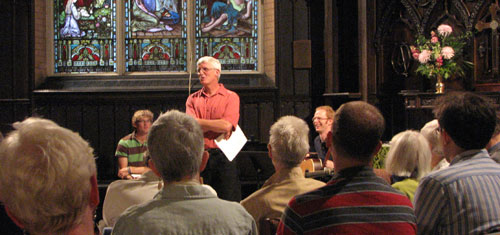
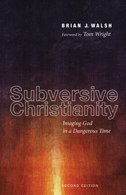
 Colossians Remixed: Subverting the Empire Brian J. Walsh & Sylvia C. Keesmaat (IVP Academic) $24.00 I’ve mentioned this above, indicating it shows mature Scriptural scholarship applied in exceptionally serious ways. I thought I should list it here. This really is an audacious, brilliant bit of work, with more than one viewpoint offered as a conversation occurs on the meaning of the text and as they bring the early church experiences to us in creative storytelling and powerful cultural analysis. This is solid Biblical exegesis, a specific book studied not only in it’s own context, but within it’s own place in the unfolding redemptive plan revealed in Scripture. They see echos of the Old in this letter of Paul’s and they see within the struggles of these early Christ-followers hints of how we can live out our faith today. Endorsements include rave reviews from Tom Wright, Marva Dawn, Andrew Lincoln, Walt Brueggemann, Frank Thielman and other top notch Biblical scholars. And some bookseller guy from Dallastown who’s stuck in there raving among the big names. I still love this book and highly recommend it — hold on to your hat, though. Colossians Remixed will challenge how you read the Bible, how you think about discipleship and church, and how you see the world.
Colossians Remixed: Subverting the Empire Brian J. Walsh & Sylvia C. Keesmaat (IVP Academic) $24.00 I’ve mentioned this above, indicating it shows mature Scriptural scholarship applied in exceptionally serious ways. I thought I should list it here. This really is an audacious, brilliant bit of work, with more than one viewpoint offered as a conversation occurs on the meaning of the text and as they bring the early church experiences to us in creative storytelling and powerful cultural analysis. This is solid Biblical exegesis, a specific book studied not only in it’s own context, but within it’s own place in the unfolding redemptive plan revealed in Scripture. They see echos of the Old in this letter of Paul’s and they see within the struggles of these early Christ-followers hints of how we can live out our faith today. Endorsements include rave reviews from Tom Wright, Marva Dawn, Andrew Lincoln, Walt Brueggemann, Frank Thielman and other top notch Biblical scholars. And some bookseller guy from Dallastown who’s stuck in there raving among the big names. I still love this book and highly recommend it — hold on to your hat, though. Colossians Remixed will challenge how you read the Bible, how you think about discipleship and church, and how you see the world. 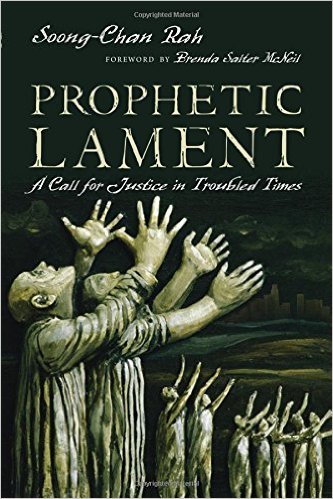 Prophetic Lament: A Call for Justice in Troubled Times Soong-Chan Rah (IVP) $17.00 I have mentioned this often; it is a lively and moving commentary on the Old Testament book of Lamentations. If you resonate with Habakkuk’s call to big picture stuff, global concerns, justice and our corporate brokenness, this could be really useful. If you like the way Walsh weave lament into his sermons about justice and hope, then you will realize the value in this sort of prophetic imagination, shaped by the Word and by modern day injustices. We need books like this, for sure.
Prophetic Lament: A Call for Justice in Troubled Times Soong-Chan Rah (IVP) $17.00 I have mentioned this often; it is a lively and moving commentary on the Old Testament book of Lamentations. If you resonate with Habakkuk’s call to big picture stuff, global concerns, justice and our corporate brokenness, this could be really useful. If you like the way Walsh weave lament into his sermons about justice and hope, then you will realize the value in this sort of prophetic imagination, shaped by the Word and by modern day injustices. We need books like this, for sure. 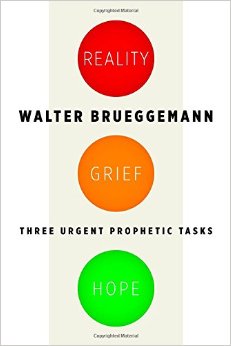 Reality, Grief, Hope Walter Brueggemann (WJK) $15.00 This is, in many ways, the book decades in the making, a simple and passionate follow up to The Prophetic Imagination. Like Walsh, Brueggemann highlights lament, drawing on the prophets own denunciation of ancient Israel, calling a remnant community to stand in covenantal fidelity, seeing thinks as God does, even if it puts us at odds with church and state. Brueggemann does really help us see that what happened in 587 BCE is somehow generative for us now, after 9-11 and with the collapse of so many ways of doing things. This is a great little book.
Reality, Grief, Hope Walter Brueggemann (WJK) $15.00 This is, in many ways, the book decades in the making, a simple and passionate follow up to The Prophetic Imagination. Like Walsh, Brueggemann highlights lament, drawing on the prophets own denunciation of ancient Israel, calling a remnant community to stand in covenantal fidelity, seeing thinks as God does, even if it puts us at odds with church and state. Brueggemann does really help us see that what happened in 587 BCE is somehow generative for us now, after 9-11 and with the collapse of so many ways of doing things. This is a great little book.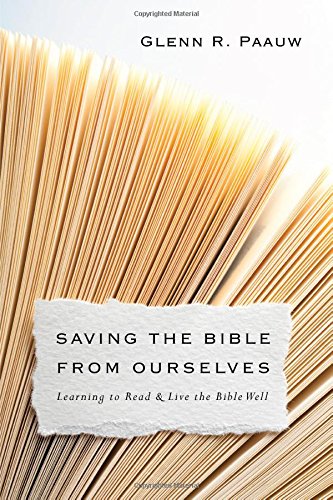 Saving the Bible From Ourselves: Learning to Read and Live the Bible Well Glenn R. Paauw (IVP) $18.00 I am quite taken with this and can’t wait to really dive in. Each chapter explains a posture or tendency that we have to make the Bible harder than it needs to be, or more confusing, or readings that are prone to cause us to miss the meaning of the text. For each error, Paauw gives an alternative approach, fresh ways to save the Bible — not because the Bible needs saving, but because we’ve learned bad habits of reading it wrongly. I get it. This is good, good stuff. Endorsements on the back from Walter Brueggemann He calls it “puckish” but series. Another endorsement rings out from Mark Noll.
Saving the Bible From Ourselves: Learning to Read and Live the Bible Well Glenn R. Paauw (IVP) $18.00 I am quite taken with this and can’t wait to really dive in. Each chapter explains a posture or tendency that we have to make the Bible harder than it needs to be, or more confusing, or readings that are prone to cause us to miss the meaning of the text. For each error, Paauw gives an alternative approach, fresh ways to save the Bible — not because the Bible needs saving, but because we’ve learned bad habits of reading it wrongly. I get it. This is good, good stuff. Endorsements on the back from Walter Brueggemann He calls it “puckish” but series. Another endorsement rings out from Mark Noll.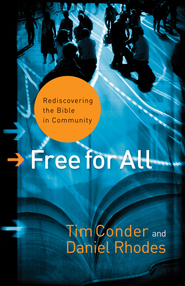 Free for All: Rediscovering the Bible in Community Tim Condor & Daniel Rhodes (Baker) $16.99 This was a splendid, generative book that came out of the “emergent village” imprint a number of years ago. It’s out of print but we have a few left. I know Walsh liked it — it’s main point being that we must unleash the Scriptures among us, allow us all to share our thoughts, and struggle hard for a fair and communal reflection on the meaning of it all. I think this is a strong resource, for those who understand that we need a communal reading and interpretation of Scripture and for those who have been hurt by more didactic and authoritarian teaching. It seemed right to name it here. It had been rigorously endorsed with nice blurbs from Walsh, Will Willimon, Stanley Hauerwas, Phylllis TIckle, and John Franke.
Free for All: Rediscovering the Bible in Community Tim Condor & Daniel Rhodes (Baker) $16.99 This was a splendid, generative book that came out of the “emergent village” imprint a number of years ago. It’s out of print but we have a few left. I know Walsh liked it — it’s main point being that we must unleash the Scriptures among us, allow us all to share our thoughts, and struggle hard for a fair and communal reflection on the meaning of it all. I think this is a strong resource, for those who understand that we need a communal reading and interpretation of Scripture and for those who have been hurt by more didactic and authoritarian teaching. It seemed right to name it here. It had been rigorously endorsed with nice blurbs from Walsh, Will Willimon, Stanley Hauerwas, Phylllis TIckle, and John Franke.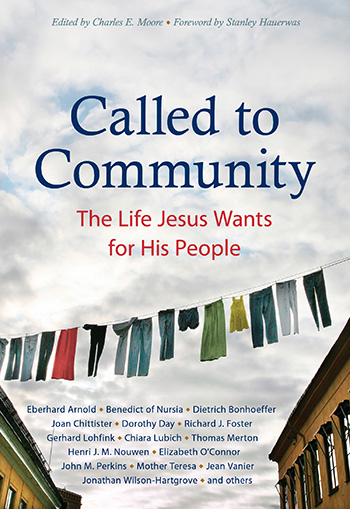 Called to Community: The Life Jesus Wants for H
Called to Community: The Life Jesus Wants for H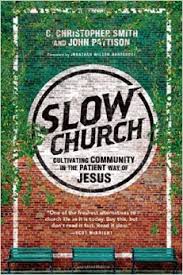
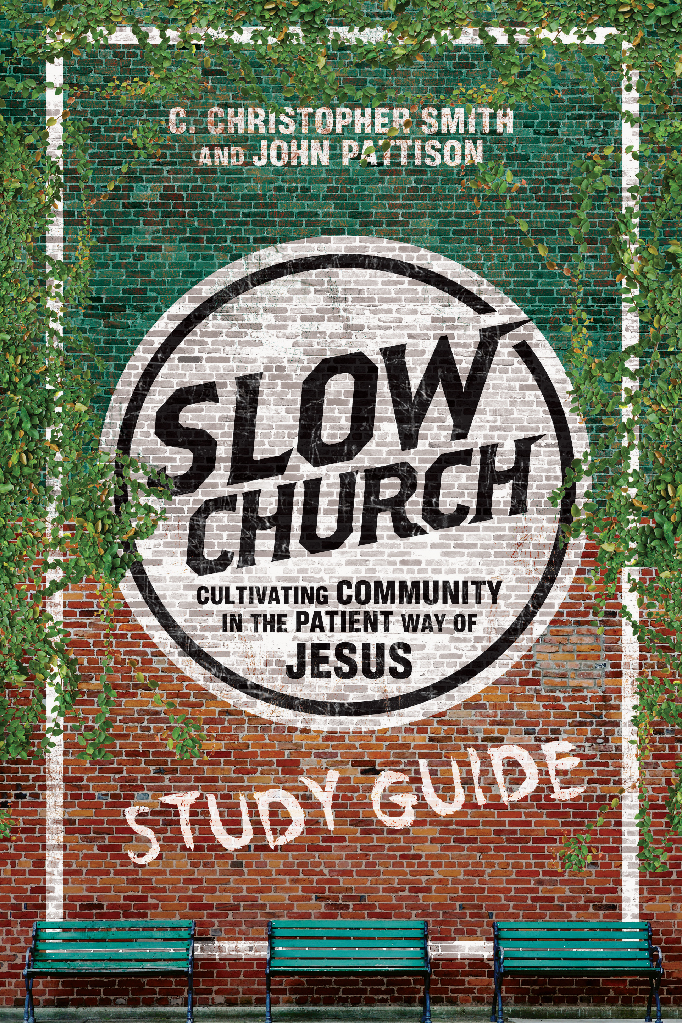 Slow Church: Cultivating Community in the Patient Way of Jesus C Christopher Smith & John Pattison (VIP) $17.00 I have said over and over that this is one of the most significant books on the church I’ve read in decades. It brings a Walsh-like critique to the idols and ideologies of growth and status and efficiency and invites us to slow down, build community, learn patience and through God’s grace, gather a human-scale sort of missional energy for our own neighborhoods. Learning a sense of place, having an eye for injustice, but enjoying the good things in our areas is all part of what it means to be followers of Jesus in a slower church. There’s a good study guide for it, now, too.
Slow Church: Cultivating Community in the Patient Way of Jesus C Christopher Smith & John Pattison (VIP) $17.00 I have said over and over that this is one of the most significant books on the church I’ve read in decades. It brings a Walsh-like critique to the idols and ideologies of growth and status and efficiency and invites us to slow down, build community, learn patience and through God’s grace, gather a human-scale sort of missional energy for our own neighborhoods. Learning a sense of place, having an eye for injustice, but enjoying the good things in our areas is all part of what it means to be followers of Jesus in a slower church. There’s a good study guide for it, now, too. 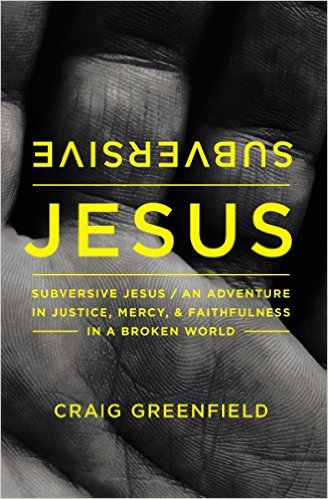 Subversive Jesus: An Adventure in Justice, Mercy & Faithfulness in a Broken World Craig Greenfield (Zondervan) $15.99 I wasn’t sure this was going to be all that profound — the word “subversive” is over-used and not every hip book about doing cool justice work is that good — until an old CCO friend told me they knew this guy and assured me he was doing great work, and that we’d love his forthcoming book. And, wow, what a book — I could hardly put it down. It is conversational but mature, and he is obviously involved in doing inspiring work. And Greenfield has some fun, too. His antics protesting cruise ship injustices by getting a group to dress like pirates was hilarious — sort of a cross between Shane Claiborne and Bob Goff. (And they didn’t just act up once, but entered into longer-term relationships with third world workers on these ships who are terribly abused. Who knew?)
Subversive Jesus: An Adventure in Justice, Mercy & Faithfulness in a Broken World Craig Greenfield (Zondervan) $15.99 I wasn’t sure this was going to be all that profound — the word “subversive” is over-used and not every hip book about doing cool justice work is that good — until an old CCO friend told me they knew this guy and assured me he was doing great work, and that we’d love his forthcoming book. And, wow, what a book — I could hardly put it down. It is conversational but mature, and he is obviously involved in doing inspiring work. And Greenfield has some fun, too. His antics protesting cruise ship injustices by getting a group to dress like pirates was hilarious — sort of a cross between Shane Claiborne and Bob Goff. (And they didn’t just act up once, but entered into longer-term relationships with third world workers on these ships who are terribly abused. Who knew?)

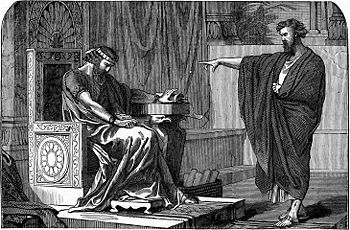
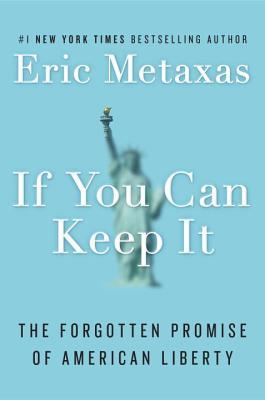
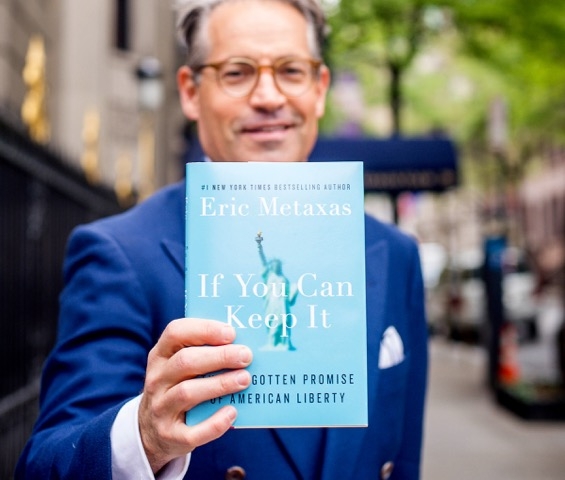
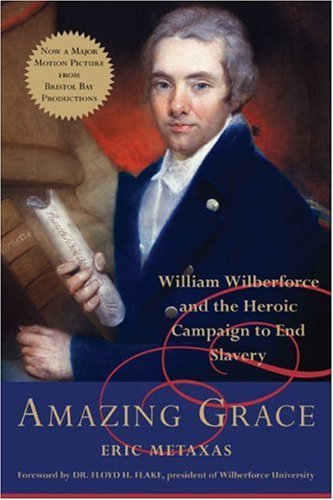
 know his great pair of recent paperbacks,
know his great pair of recent paperbacks,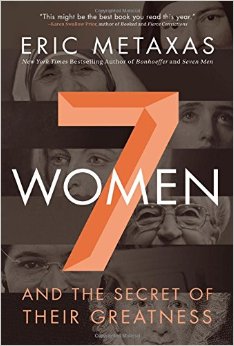
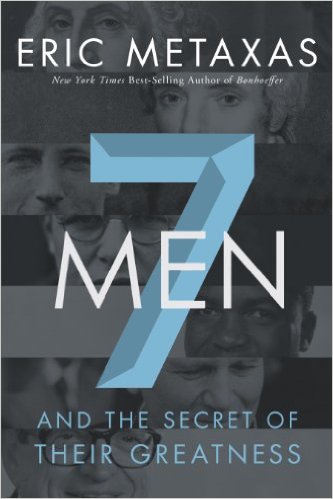 The Secret of Their Greatness and
The Secret of Their Greatness and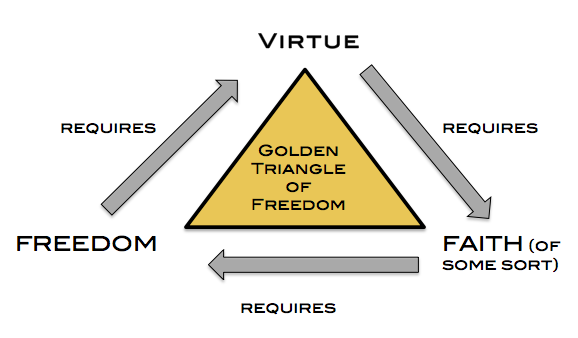

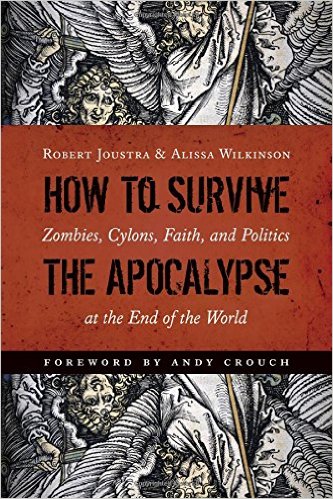
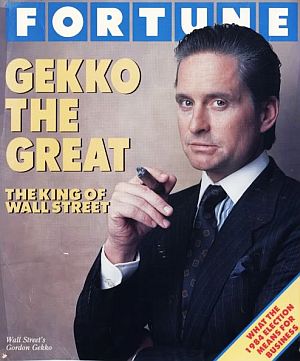
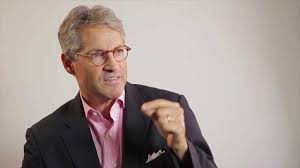
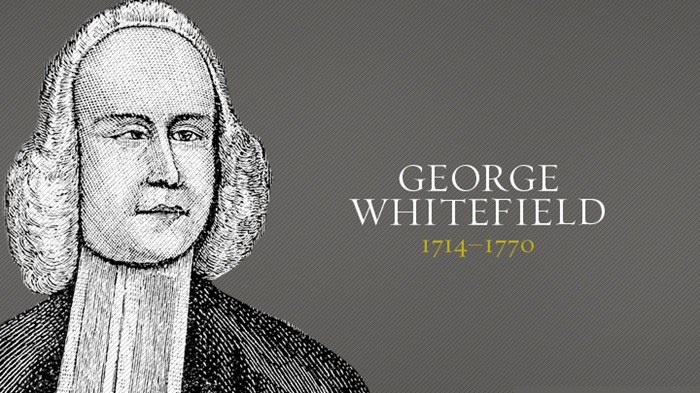
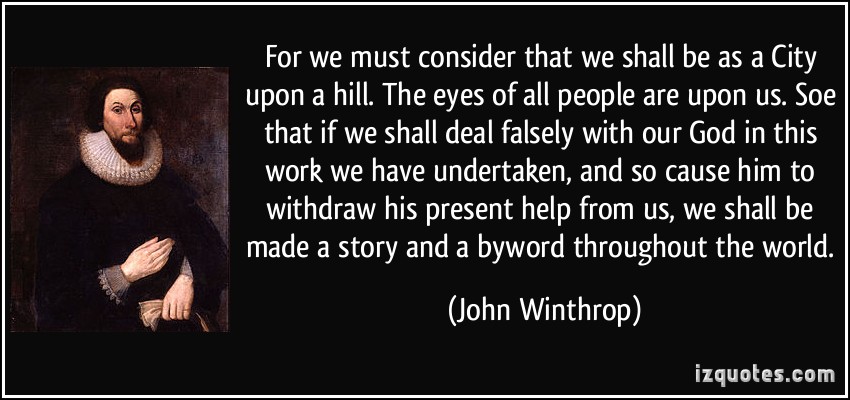

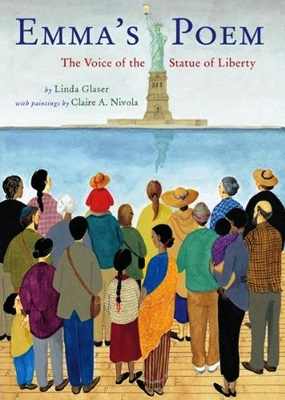 obvious reasons to be sympathetic to the cause of
obvious reasons to be sympathetic to the cause of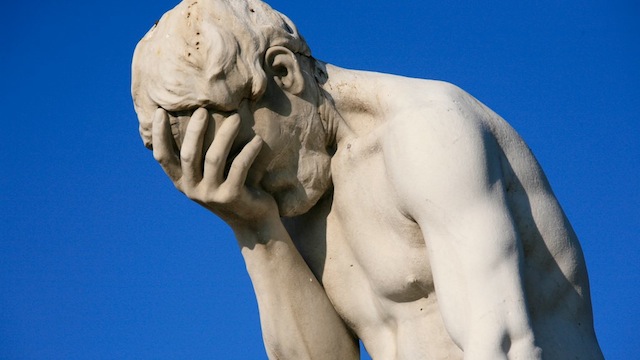 world.”
world.”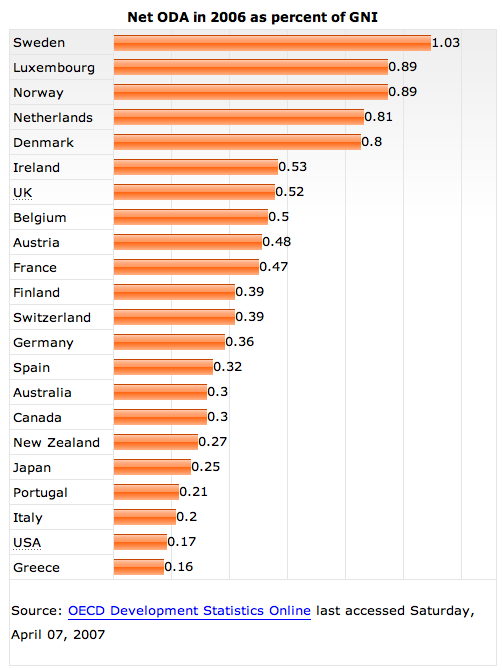 their GDP to elevate world hunger and
their GDP to elevate world hunger and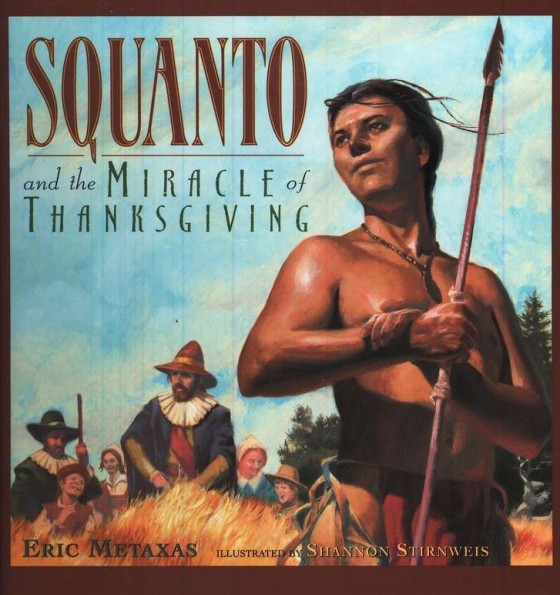 Friend of Pilgrims you most likely don’t know his nearly unbelievable
Friend of Pilgrims you most likely don’t know his nearly unbelievable
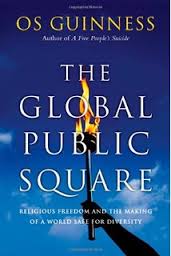 and value and
and value and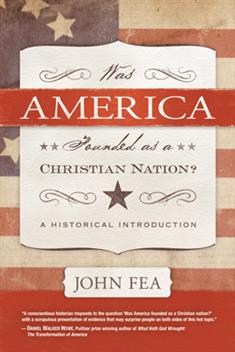 Was America
Was America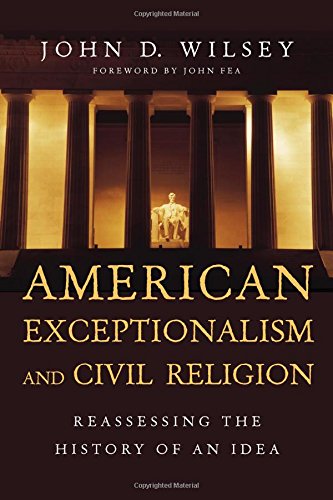
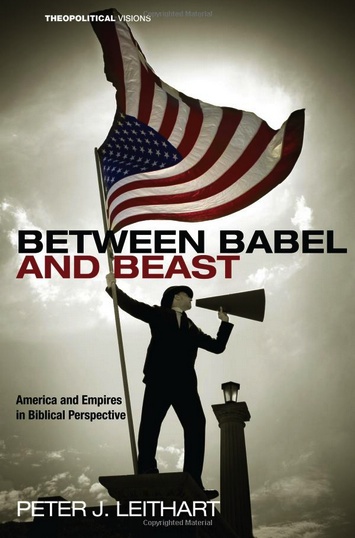
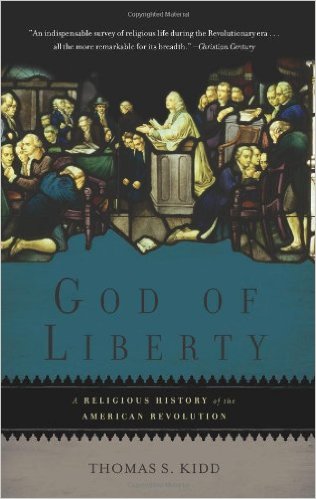
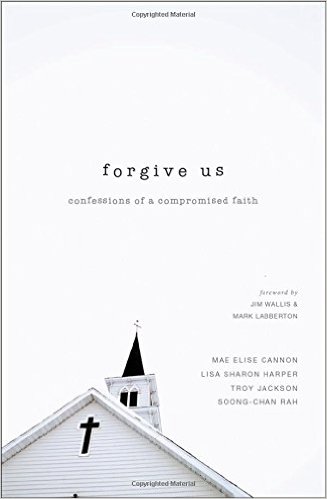
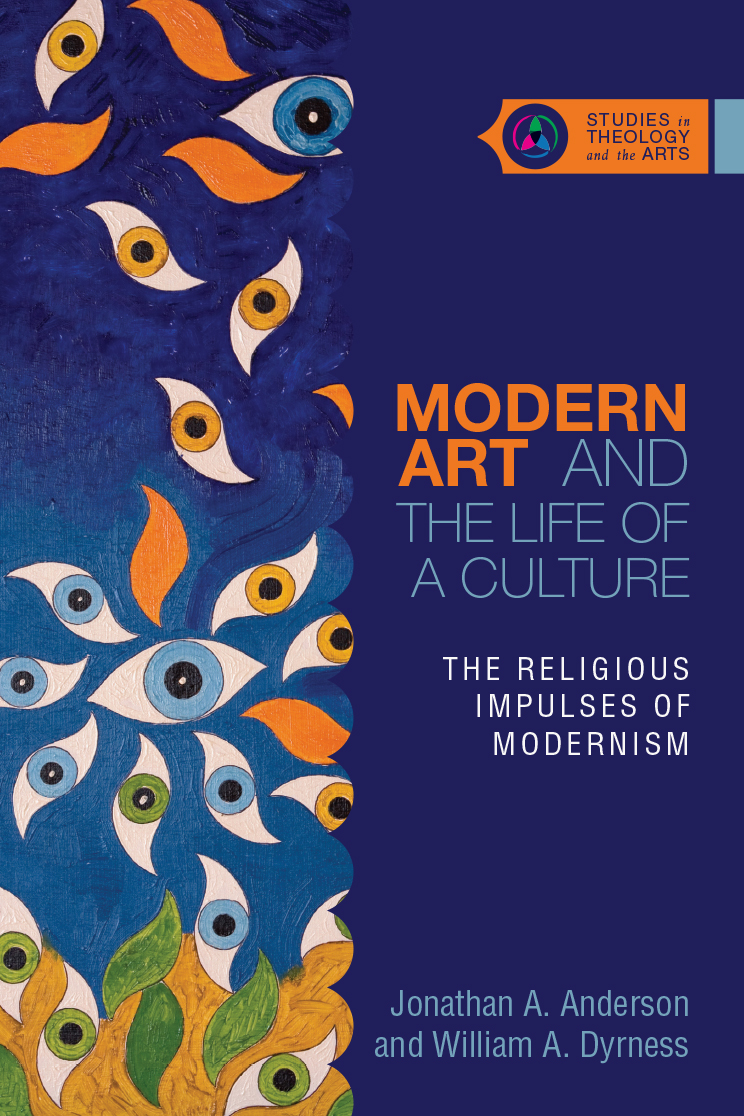
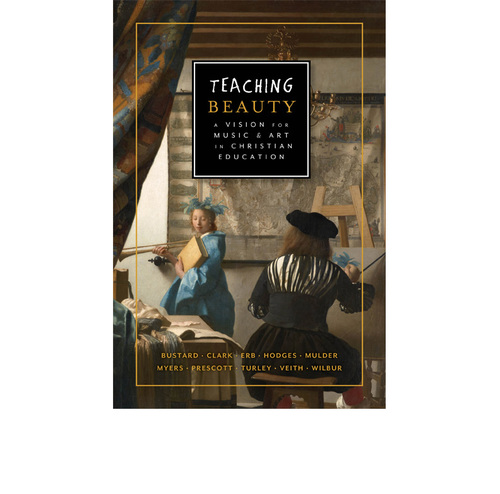
 audio magazine called
audio magazine called 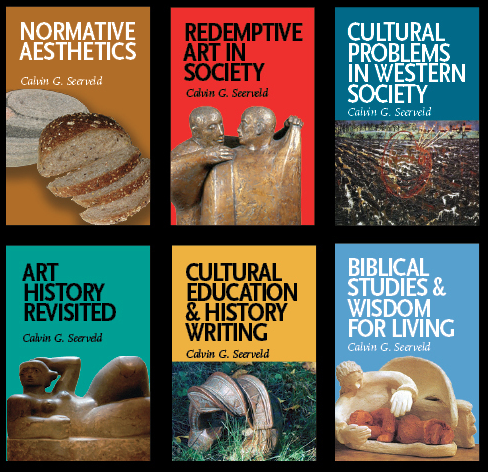 suggest, if you are seriously thinking and teaching about all this — like every author in this book, that is — you should at least read some of the key pieces in Calvin Seerveld’s Normative Aesthetics [Dordt College Press; $21.00.]) I would read Ken Myers regardless, but besides his seemingly unreformed adaptation of “beauty” as a norm for the arts, there is something that some might call elitist hovering around all this. I guess the classical schools educators might think this a cheap shot, and I don’t mean it as such.
suggest, if you are seriously thinking and teaching about all this — like every author in this book, that is — you should at least read some of the key pieces in Calvin Seerveld’s Normative Aesthetics [Dordt College Press; $21.00.]) I would read Ken Myers regardless, but besides his seemingly unreformed adaptation of “beauty” as a norm for the arts, there is something that some might call elitist hovering around all this. I guess the classical schools educators might think this a cheap shot, and I don’t mean it as such.
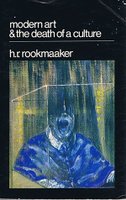 preached — Rookmaaker then told the story about his own love for the arts, even the very contemporary arts of his mid-twentieth century world. His book Modern Art and the Death of a Culture remains a very important work for many, many of my peers and heroes. I do recall, before understanding much of it (and understanding how much of it was misunderstood!) a college pal startling me by throwing it across the room. (You know who you are!) Alas, it ends up that Rookmaaker was a cultural and intellectual genius and a tireless encourager to those who wanted to “engage culture” before that was a phrase, but he failed in some critical points in his analysis of the spirit of much modern art.
preached — Rookmaaker then told the story about his own love for the arts, even the very contemporary arts of his mid-twentieth century world. His book Modern Art and the Death of a Culture remains a very important work for many, many of my peers and heroes. I do recall, before understanding much of it (and understanding how much of it was misunderstood!) a college pal startling me by throwing it across the room. (You know who you are!) Alas, it ends up that Rookmaaker was a cultural and intellectual genius and a tireless encourager to those who wanted to “engage culture” before that was a phrase, but he failed in some critical points in his analysis of the spirit of much modern art. 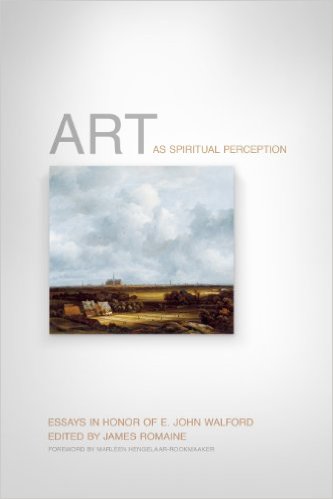
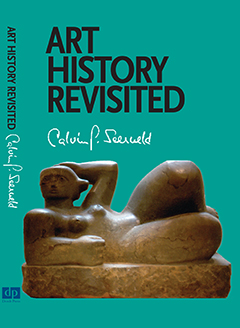
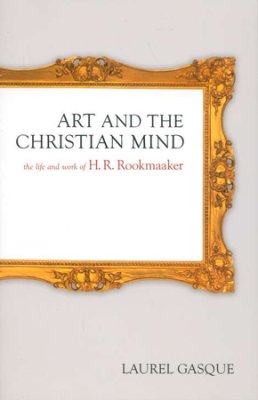 Calvin Seerveld, Art History Revisited (Dordt College Press; $20.00, which I announced, here.)
Calvin Seerveld, Art History Revisited (Dordt College Press; $20.00, which I announced, here.)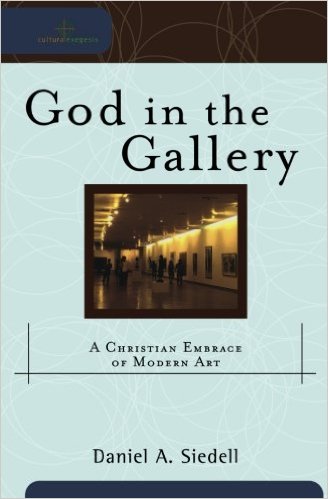
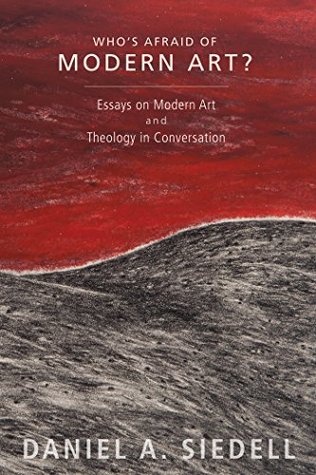
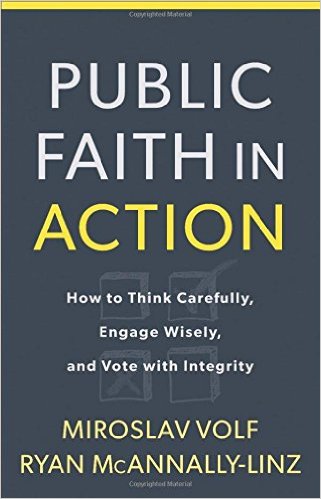
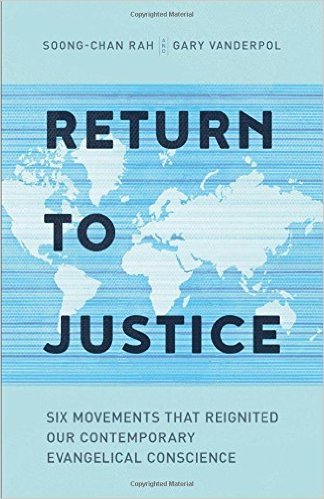
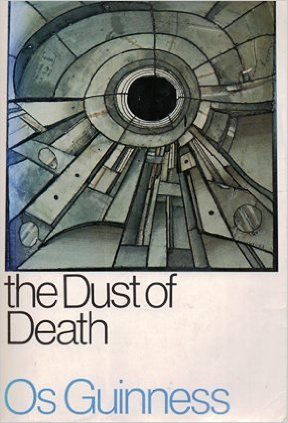
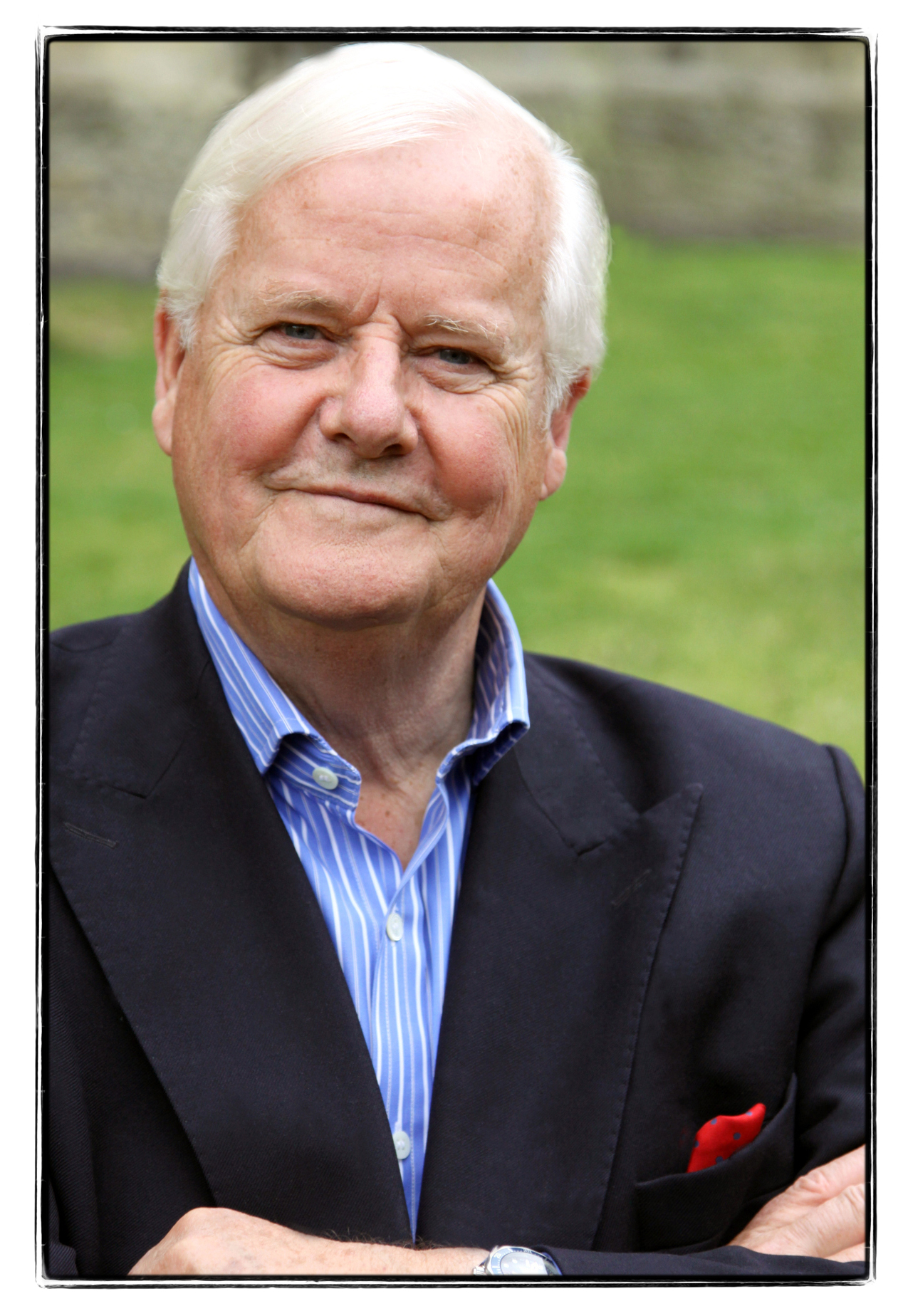 over the last four decades he has done seminal, stimulating, beautifully-written, challenging, books that combine Biblical faith and sociological analysis with glorious erudition that have created for him not only a huge following of fans (folks like me who would read any book he wrote on any topic) but also a major group of people who read him seriously, if critically, wanting to spend adequate time grappling with his mature observations. Agree or not, they know he is a major contributor to religious and cultural discourse in our day and know they should have read his work.
over the last four decades he has done seminal, stimulating, beautifully-written, challenging, books that combine Biblical faith and sociological analysis with glorious erudition that have created for him not only a huge following of fans (folks like me who would read any book he wrote on any topic) but also a major group of people who read him seriously, if critically, wanting to spend adequate time grappling with his mature observations. Agree or not, they know he is a major contributor to religious and cultural discourse in our day and know they should have read his work.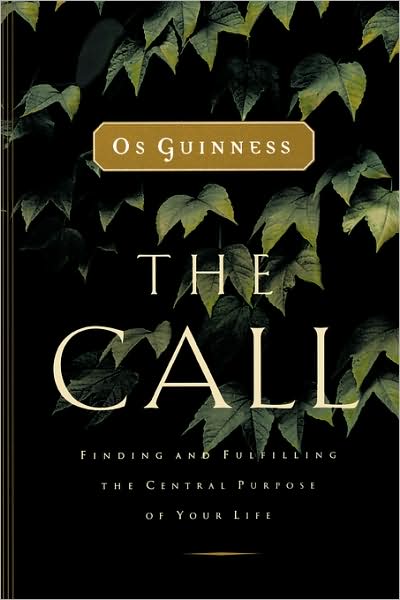 I still think his book The Call:
I still think his book The Call: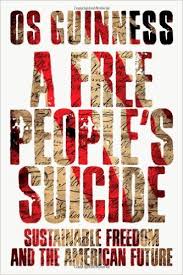
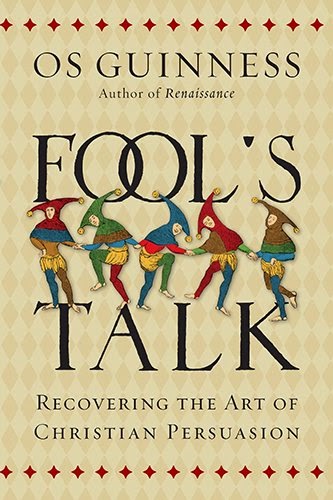
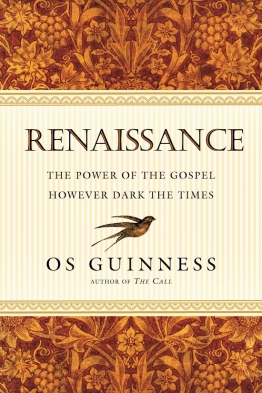
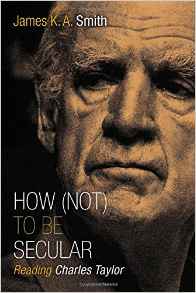 philosophical work that if Smith’s intro to reading Charles Taylor — called How (Not) To Be Secular: Reading Charles Taylor (Eerdmans; $16.00) — is a bit much, there is one brilliant chapter which summarizes Taylor in Tim Keller’s small book called Preaching: Communicating Faith in an Age of Skepticism (Viking; $19.95) insisting as he does that familiarity with Taylor is crucial for relevant teaching and preaching a proclamation to those living at the heart of our modern age.) At any rate, Taylor’s thesis about the seemingly disenchanted era in which we live – the quandary of finding meaning and purpose within the still-God-haunted post Christian secular age – runs in some ways parallel to Guinness’s, and reading Guinness (while serious and sophisticated) will be an easier and more engaging experience for many than Taylor or even Smith.
philosophical work that if Smith’s intro to reading Charles Taylor — called How (Not) To Be Secular: Reading Charles Taylor (Eerdmans; $16.00) — is a bit much, there is one brilliant chapter which summarizes Taylor in Tim Keller’s small book called Preaching: Communicating Faith in an Age of Skepticism (Viking; $19.95) insisting as he does that familiarity with Taylor is crucial for relevant teaching and preaching a proclamation to those living at the heart of our modern age.) At any rate, Taylor’s thesis about the seemingly disenchanted era in which we live – the quandary of finding meaning and purpose within the still-God-haunted post Christian secular age – runs in some ways parallel to Guinness’s, and reading Guinness (while serious and sophisticated) will be an easier and more engaging experience for many than Taylor or even Smith. 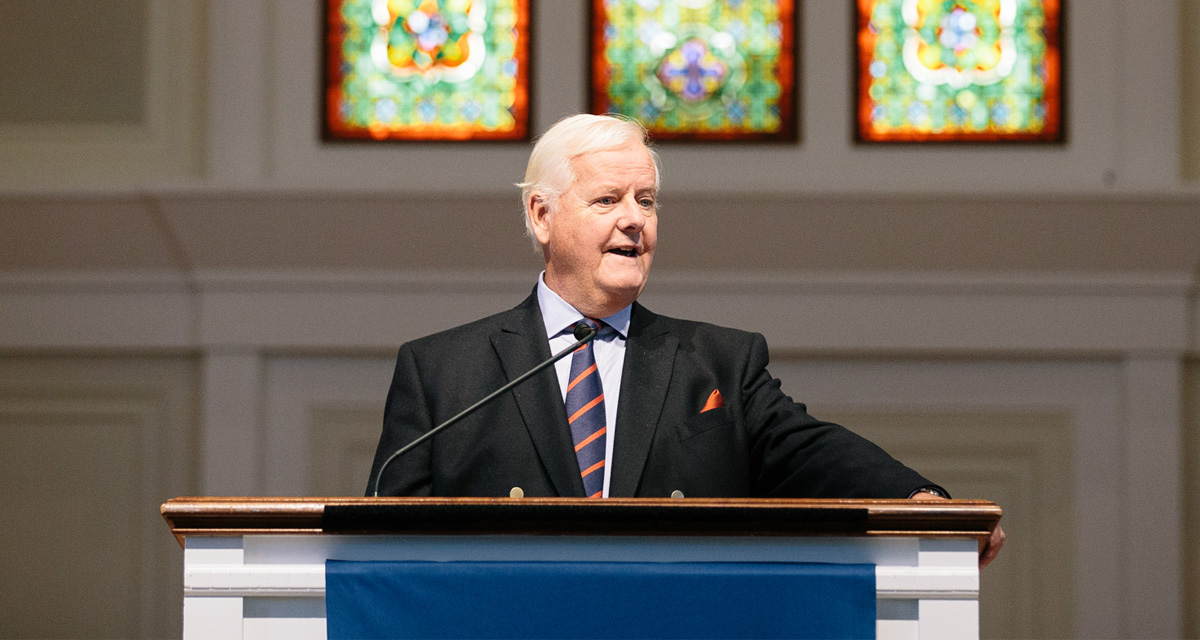
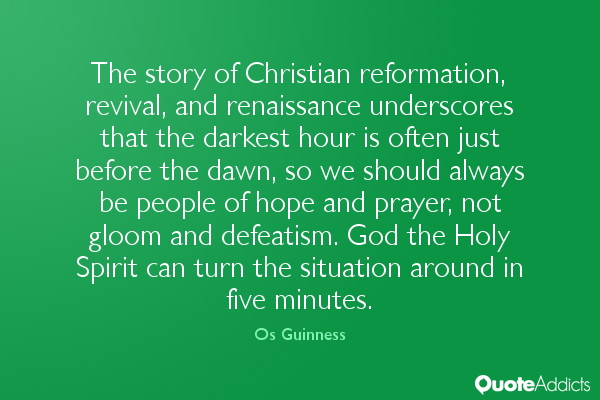
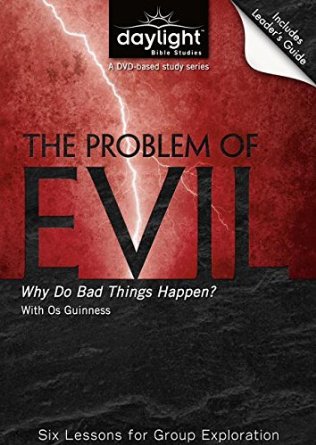
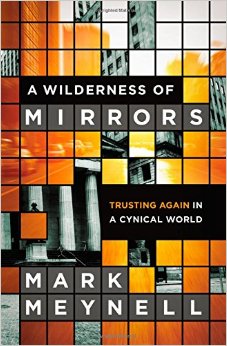 A Wilderness of Mirrors: Trusting Again in a Cynical World Mark Meynell (Zondervan) $18.99 This is an amazingly rich, thoughtful, interesting book by a young writer that deserves your attention. I’ve mentioned it before and it came to mind while reading Guinness. Here is how reviewer described it:
A Wilderness of Mirrors: Trusting Again in a Cynical World Mark Meynell (Zondervan) $18.99 This is an amazingly rich, thoughtful, interesting book by a young writer that deserves your attention. I’ve mentioned it before and it came to mind while reading Guinness. Here is how reviewer described it: 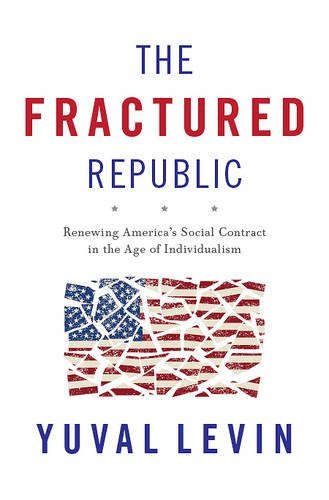 The Fractured Republic: Renewing America’s Social Contract in an Age of Individualism Yuval Levin (Basic Books) $27.50 I hope that you have seen this reviewed and cited on the internet or in significant journals — I cannot wait to read this yet this summer as it has been promoted across the political spectrum as substantive and thoughtful. Left-leaning Jonathan Haidt (The Righteous Mind) says “this is the book American most needs in 2016” and Paul Ryan says “Yuval Levin is one of the most insightful and original thinkers of our time.” Weaknesses? Strengths? Partisanship? We are dangerously fragmented in this “age of individualism” which is to say Guinness’s call to radically rethink our embeddedness in the ways of modernity are played out here. George Packer says of his humane and good writing that “His work gives the sense that our future needn’t be as grimly divided and dysfunctional as the present seems.” Don’t skip Guinness’s bigger picture for this, but this will make even that much more sense once you’ve gotten Guinness’s work in view.
The Fractured Republic: Renewing America’s Social Contract in an Age of Individualism Yuval Levin (Basic Books) $27.50 I hope that you have seen this reviewed and cited on the internet or in significant journals — I cannot wait to read this yet this summer as it has been promoted across the political spectrum as substantive and thoughtful. Left-leaning Jonathan Haidt (The Righteous Mind) says “this is the book American most needs in 2016” and Paul Ryan says “Yuval Levin is one of the most insightful and original thinkers of our time.” Weaknesses? Strengths? Partisanship? We are dangerously fragmented in this “age of individualism” which is to say Guinness’s call to radically rethink our embeddedness in the ways of modernity are played out here. George Packer says of his humane and good writing that “His work gives the sense that our future needn’t be as grimly divided and dysfunctional as the present seems.” Don’t skip Guinness’s bigger picture for this, but this will make even that much more sense once you’ve gotten Guinness’s work in view.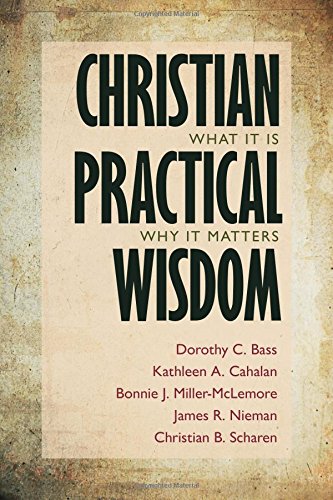 Christian Practical Wisdom: What It Is, Why It Matters Dorothy Bass et al (Eerdmans) $30.00 You may be surprised to see this listed here, but I think their semi-scholarly study of the role of wisdom in modern life will resonate with those interested in Guinness’s theme that our battle is not only against the ideas of modernism but the patterns of modernity. Here, they resist the abstraction of the modern world — the very way we’ve been taught to think about knowing — and restore insights about living wisely. Many of their grand, serious essays are about “the modern world” and how embodying daily practices discerning in light of spiritual truths from the Bible can offer restored and redemptive counter-voices to the way things are. As I’ve explained before, these pieces are written beautifully by astute theological educators from mainline circles and I think it is generative in inviting us to (as Mary Boys says of it) “ponder deeply and live with great intentionality…”
Christian Practical Wisdom: What It Is, Why It Matters Dorothy Bass et al (Eerdmans) $30.00 You may be surprised to see this listed here, but I think their semi-scholarly study of the role of wisdom in modern life will resonate with those interested in Guinness’s theme that our battle is not only against the ideas of modernism but the patterns of modernity. Here, they resist the abstraction of the modern world — the very way we’ve been taught to think about knowing — and restore insights about living wisely. Many of their grand, serious essays are about “the modern world” and how embodying daily practices discerning in light of spiritual truths from the Bible can offer restored and redemptive counter-voices to the way things are. As I’ve explained before, these pieces are written beautifully by astute theological educators from mainline circles and I think it is generative in inviting us to (as Mary Boys says of it) “ponder deeply and live with great intentionality…”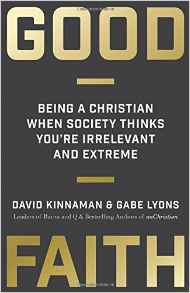 Good Faith: Being a Christian When Society Thinks You’re Irrelevant and Extreme David Kinnaman & Gabe Lyons (Baker Books) $19.99 I have announced this previously and mentioned it often. It seems perfect to list here, as a read for those who aren’t up to the big story stuff as Guinness walks us through the rise of modernity and the forces of liquid modernity as it is sometimes now called. His call to be uncompromising and diligent in our faithfulness is powerful and sophisticated but it is a bit heady. This quite readable book follows on similar tracks, inviting us to know the research (developed by the respected Barna Group) and consider how to respond to the increasing hostility about faith from the progressive secularist movement and others who, it seems, are more and more convinced that faith is just irrelevant, at best, and extremist dangerous, at worst. Guinness’s book is more profound — Gabe Lyon’s himself has a rave blurb on Impossible People — but this “cuts to the chase” as they say. It speaks (as human rights activist Christine Caine puts it) “prophetically to the church by diagnosing our condition and prescribing a course of powerful treatment.” Those with conventional Christian views or connections to churches are no longer part of the majority of the West. How we live out “good faith” in our generation will make a huge difference for the future of America. It is “an accessible guide” as one sharp reviewer put it. Again, agree or not with all their assumptions and conclusions, it is a very helpful, practical, useful resource to learn from and to talk about.
Good Faith: Being a Christian When Society Thinks You’re Irrelevant and Extreme David Kinnaman & Gabe Lyons (Baker Books) $19.99 I have announced this previously and mentioned it often. It seems perfect to list here, as a read for those who aren’t up to the big story stuff as Guinness walks us through the rise of modernity and the forces of liquid modernity as it is sometimes now called. His call to be uncompromising and diligent in our faithfulness is powerful and sophisticated but it is a bit heady. This quite readable book follows on similar tracks, inviting us to know the research (developed by the respected Barna Group) and consider how to respond to the increasing hostility about faith from the progressive secularist movement and others who, it seems, are more and more convinced that faith is just irrelevant, at best, and extremist dangerous, at worst. Guinness’s book is more profound — Gabe Lyon’s himself has a rave blurb on Impossible People — but this “cuts to the chase” as they say. It speaks (as human rights activist Christine Caine puts it) “prophetically to the church by diagnosing our condition and prescribing a course of powerful treatment.” Those with conventional Christian views or connections to churches are no longer part of the majority of the West. How we live out “good faith” in our generation will make a huge difference for the future of America. It is “an accessible guide” as one sharp reviewer put it. Again, agree or not with all their assumptions and conclusions, it is a very helpful, practical, useful resource to learn from and to talk about. 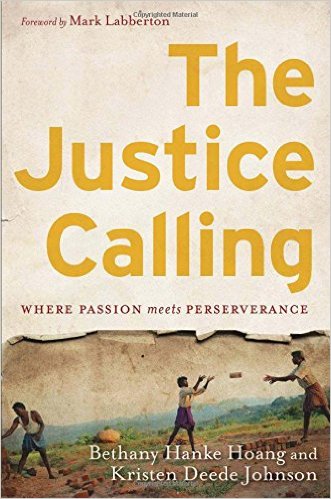
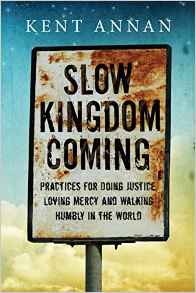
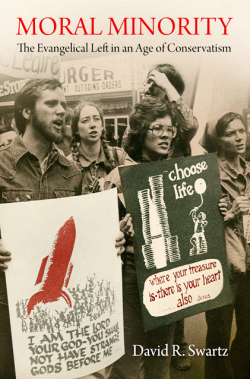
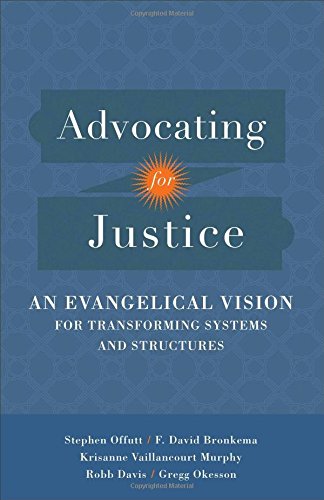 Advocating for Justice: An Evangelical Vision for Transforming Systems and Structures Stephen Offutt, F. David Bronkema, Krisanne Vaillancourt Murphy, Robb Davis, Gregg Okesson (Baker Academic) $22.99 sale price = $20.69 Well, again, that a book like this even exists – with such a blunt title and such serious content — and is promoted as a major release from an evangelical publishing house is further indication that something is afoot in our times. That Stephan Bauman (President of World Relief and author of the inspiring Possible about how we can make a difference in the world) calls it “a watershed book” is perhaps another way of noting how important it is. Wow.
Advocating for Justice: An Evangelical Vision for Transforming Systems and Structures Stephen Offutt, F. David Bronkema, Krisanne Vaillancourt Murphy, Robb Davis, Gregg Okesson (Baker Academic) $22.99 sale price = $20.69 Well, again, that a book like this even exists – with such a blunt title and such serious content — and is promoted as a major release from an evangelical publishing house is further indication that something is afoot in our times. That Stephan Bauman (President of World Relief and author of the inspiring Possible about how we can make a difference in the world) calls it “a watershed book” is perhaps another way of noting how important it is. Wow.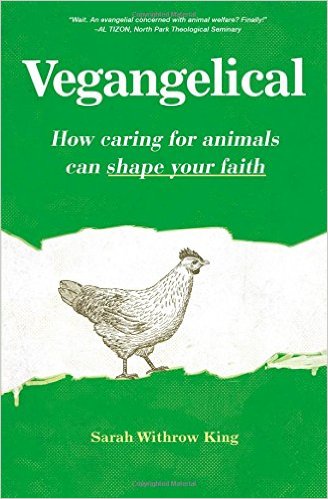 Vegangelical: How Caring for Animals Can Shape Your Faith Sarah Withrow King (Zondervan) $16.99 sale price = $15.29 Sarah King starts off this short book telling about her growing up with good family devotions, becoming born again, the purity ring she wore as a younger Christian girl, and her wholesome recollections of being raised in a Godly, evangelical Christian family. She’s been a vegan for years, has been an animal rights activist as an evangelical (talking about Christ with her colleagues in PETA) and now offers this, her second book on the topic — published by perhaps the quintessential evangelical publisher. Do I really need to say “I rest my case” regarding the shifts within evangelical publishing?
Vegangelical: How Caring for Animals Can Shape Your Faith Sarah Withrow King (Zondervan) $16.99 sale price = $15.29 Sarah King starts off this short book telling about her growing up with good family devotions, becoming born again, the purity ring she wore as a younger Christian girl, and her wholesome recollections of being raised in a Godly, evangelical Christian family. She’s been a vegan for years, has been an animal rights activist as an evangelical (talking about Christ with her colleagues in PETA) and now offers this, her second book on the topic — published by perhaps the quintessential evangelical publisher. Do I really need to say “I rest my case” regarding the shifts within evangelical publishing?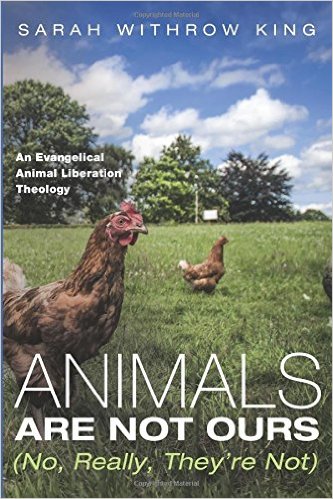
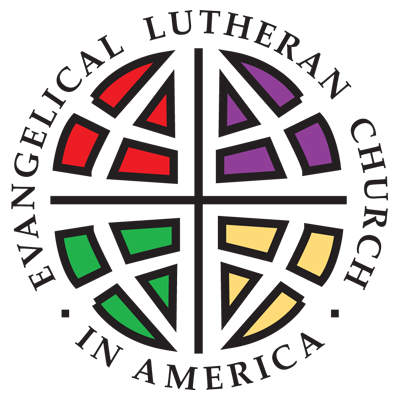
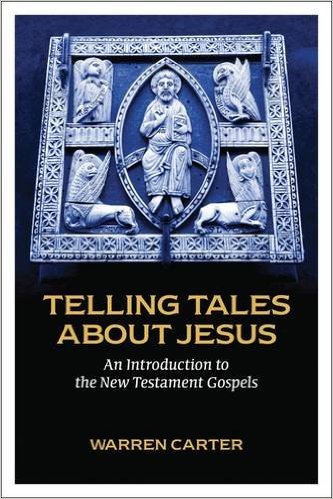
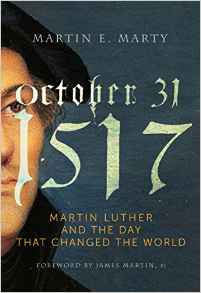
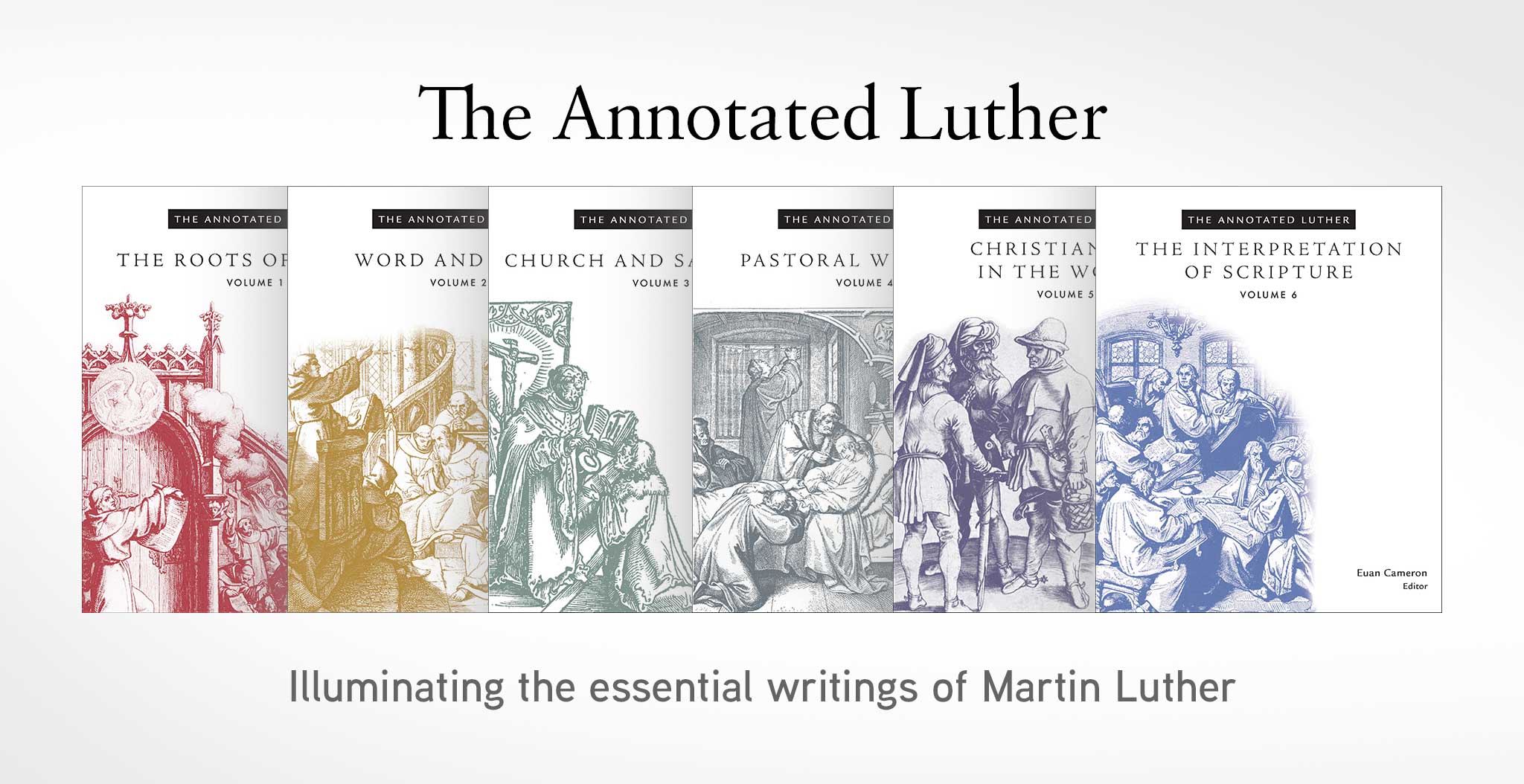
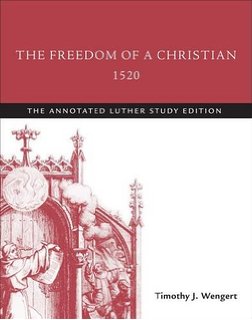
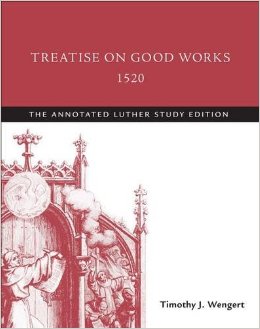
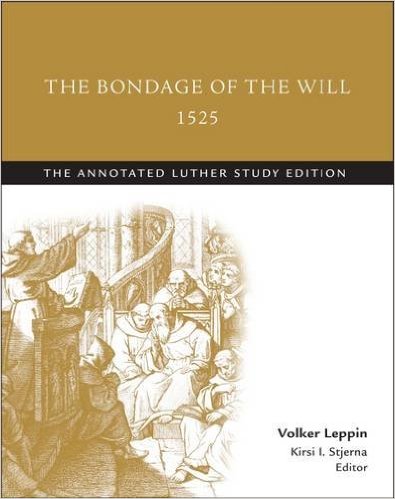


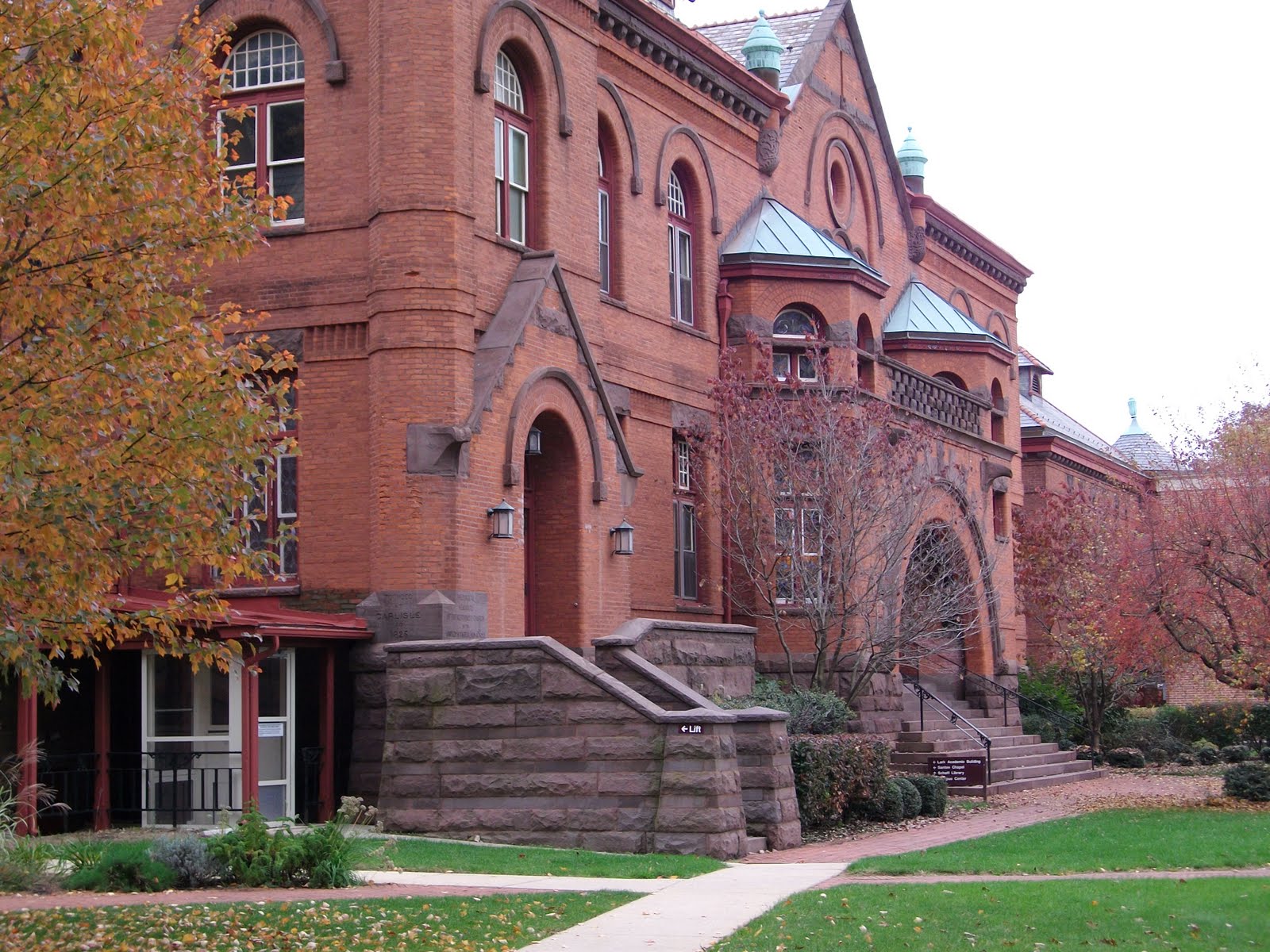 became the now-Ivy League Franklin & Marshall, and the beautiful, small, UCC seminary across the street. Suffice it to say that these “high Eucharistic Calvinists” are of interest to UCC friends seeking substantive theological discourse and renewal within their own denomination, and that there is a growing interest within conservative PCA (Presbyterian Church of America) folks. To have Dr. Annette Aubert from Westminster Theological Seminary lecturing about her sophisticated, scholarly book, The German Roots of Nineteenth-Century
became the now-Ivy League Franklin & Marshall, and the beautiful, small, UCC seminary across the street. Suffice it to say that these “high Eucharistic Calvinists” are of interest to UCC friends seeking substantive theological discourse and renewal within their own denomination, and that there is a growing interest within conservative PCA (Presbyterian Church of America) folks. To have Dr. Annette Aubert from Westminster Theological Seminary lecturing about her sophisticated, scholarly book, The German Roots of Nineteenth-Century 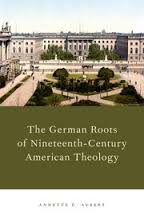 American Theology (Oxford University Press; $78.00) at an admittedly pluralistic/liberal seminary like Lancaster, with rigorous conversations with Barthians (and, for instance, Church History professor Dr Anne Thayer, with her PhD from Harvard — and a degree in science! –who edited Christ, Creeds and Life and Dr. Lee Barrett, who wrote a book comparing Kierkegaard and Augustine, Eros and Self-Emptying) was tremendous. You should pick up on sale, now, his great, contemporary translation of the Heidelberg Catechism, published by Pilgrim Press; it is usually $9.99 but on sale it is only $6.99, until Sunday, or as long as we have some left.
American Theology (Oxford University Press; $78.00) at an admittedly pluralistic/liberal seminary like Lancaster, with rigorous conversations with Barthians (and, for instance, Church History professor Dr Anne Thayer, with her PhD from Harvard — and a degree in science! –who edited Christ, Creeds and Life and Dr. Lee Barrett, who wrote a book comparing Kierkegaard and Augustine, Eros and Self-Emptying) was tremendous. You should pick up on sale, now, his great, contemporary translation of the Heidelberg Catechism, published by Pilgrim Press; it is usually $9.99 but on sale it is only $6.99, until Sunday, or as long as we have some left.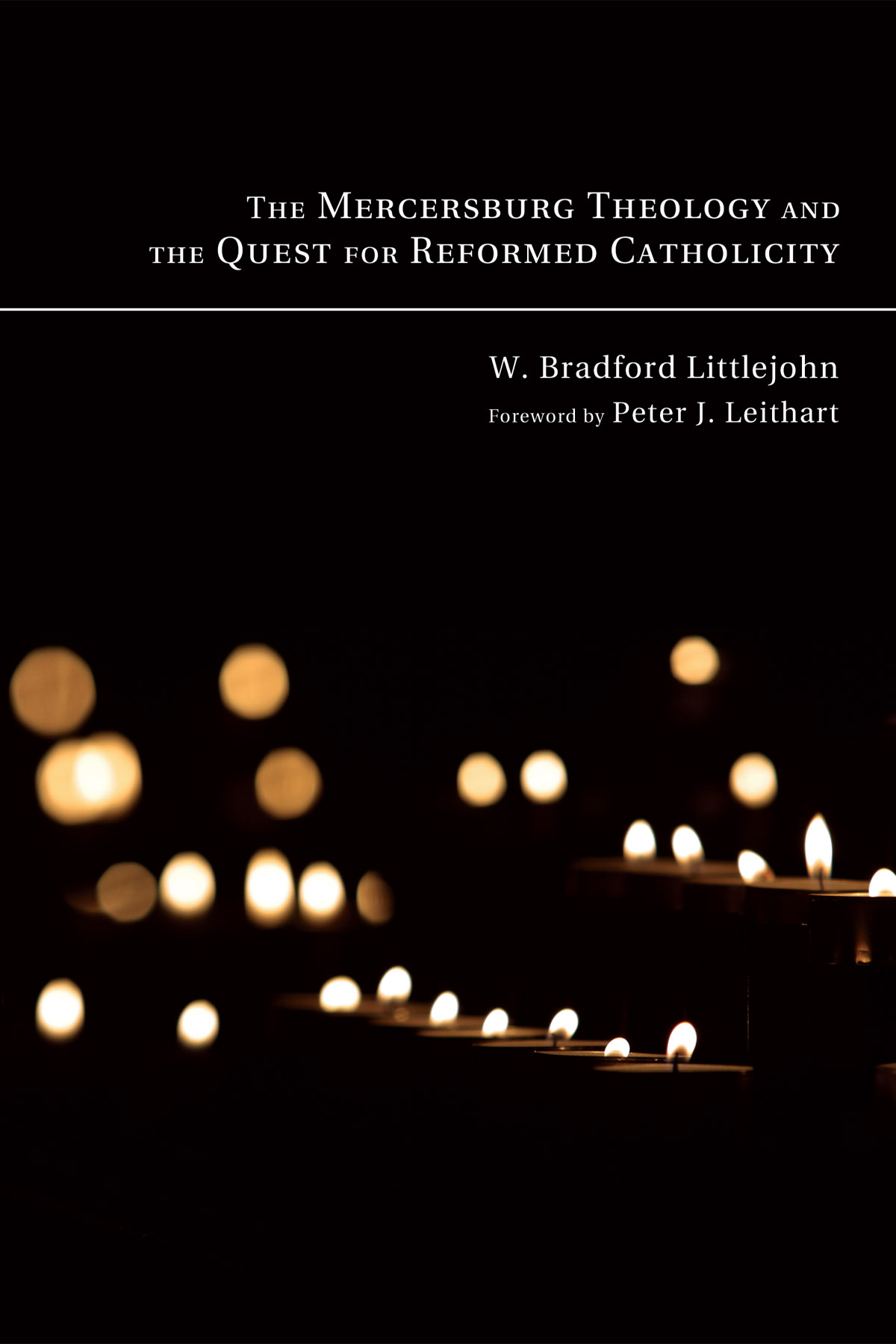
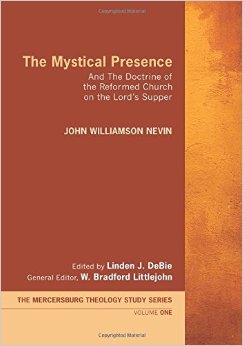
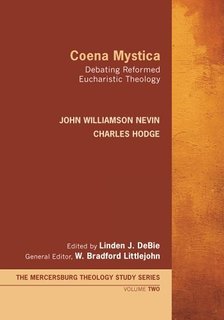
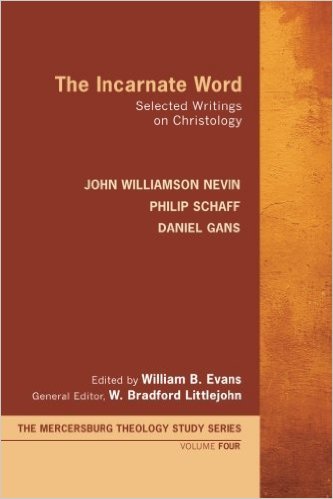
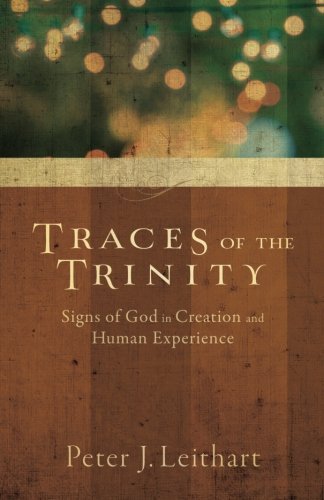 Traces of the Trinity: Signs of God in Creation and Human Experience (Brazos Press) $20.00 This is brilliant, nothing quite like it in print. I love books about the spirituality of the ordinary, and believe strongly that reading about the doctrine of creation — the reality of God’s good world, here and now, as a created order upheld by God’s own Word — is vital. This is neither a straight, typical study of the Trinity, although you will learn about that anew, nor a standard affirmation of God’s presence in the daily, although it gets at that “creation regained” worldview and the nearness of God in the world quite nicely. But it is more.. It does just what is says in the title.
Traces of the Trinity: Signs of God in Creation and Human Experience (Brazos Press) $20.00 This is brilliant, nothing quite like it in print. I love books about the spirituality of the ordinary, and believe strongly that reading about the doctrine of creation — the reality of God’s good world, here and now, as a created order upheld by God’s own Word — is vital. This is neither a straight, typical study of the Trinity, although you will learn about that anew, nor a standard affirmation of God’s presence in the daily, although it gets at that “creation regained” worldview and the nearness of God in the world quite nicely. But it is more.. It does just what is says in the title. 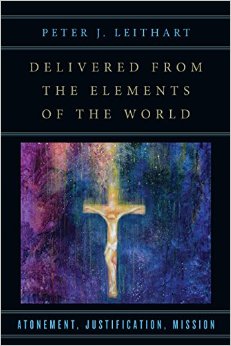 Delivered from the Elements of the World: Atonement, Justification, Mission (InterVarsity Press) $30.00 This is his latest and perhaps his most significant yet.
Delivered from the Elements of the World: Atonement, Justification, Mission (InterVarsity Press) $30.00 This is his latest and perhaps his most significant yet.
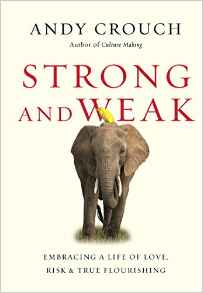 Strong and Weak: Embracing a Life of Love, Risk and True Flourishing Andy Crouch (IVP) $20.00 Once again, this is a must-read, exceptionally well-done book, a personal favorite and one I am committed to promoting. It seems easy enough to explain — the four quadrant balance of vulnerability and power, and the need to understand how we can be strong and weak, culturally influential by taking meaningful risk in the world. But it doesn’t seem to grab most people, and it’s harder to sell then it should be. I have even said I’d give people their money back if they don’t think this is wise and thoughtful and good and important.
Strong and Weak: Embracing a Life of Love, Risk and True Flourishing Andy Crouch (IVP) $20.00 Once again, this is a must-read, exceptionally well-done book, a personal favorite and one I am committed to promoting. It seems easy enough to explain — the four quadrant balance of vulnerability and power, and the need to understand how we can be strong and weak, culturally influential by taking meaningful risk in the world. But it doesn’t seem to grab most people, and it’s harder to sell then it should be. I have even said I’d give people their money back if they don’t think this is wise and thoughtful and good and important.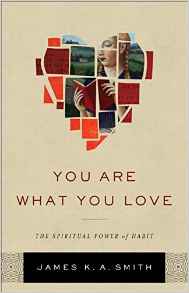 You Are What You Love: The Spiritual Power of Habit James K.A. Smith (Brazos) $19.99 Yes, once again, I said this is the Book of the Year, incredibly important, potent, needed. I don’t know who needs this more, independent, evangelical community churches with their general distaste for sophisticated liturgy and seeker-sensitive piety or stodgy but often theologically fuzzy mainline churches. Across the spectrum, I hear no one saying this sort of stuff with such power and clarity and conviction and urgency. This is a readable and practical version of his heavier, serious works, Desiring the Kingdom and Imagining the Kingdom. You need this book, and I urge you to get a few. I’m not kidding.
You Are What You Love: The Spiritual Power of Habit James K.A. Smith (Brazos) $19.99 Yes, once again, I said this is the Book of the Year, incredibly important, potent, needed. I don’t know who needs this more, independent, evangelical community churches with their general distaste for sophisticated liturgy and seeker-sensitive piety or stodgy but often theologically fuzzy mainline churches. Across the spectrum, I hear no one saying this sort of stuff with such power and clarity and conviction and urgency. This is a readable and practical version of his heavier, serious works, Desiring the Kingdom and Imagining the Kingdom. You need this book, and I urge you to get a few. I’m not kidding.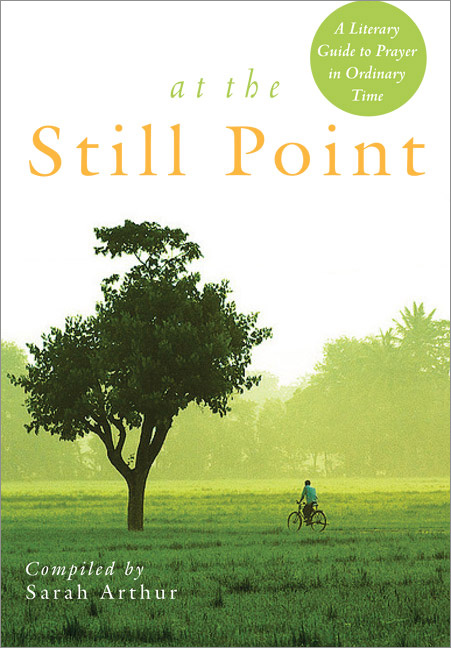 At the Still Point: A Literary Guide to Prayer in Ordinary Time compiled by Sarah Arthur (Paraclete) $17.99 We sold a nice number of her earlier works by this thoughtful Wheaton College grad — Between Midnight and Dawn was her literary prayer book for Lent and Holy Week and her Light Upon Light is her literary guide to prayer for Advent, Christmas and Epiphany. This one, At the Still Point, like the others, brings together all sorts of poets, writers, and literary works, but this one arranged for daily devotional reading during the long weeks of what some churches call ordinary time. It has beautiful endorsing blurbs by Leland Ryken and Kathleen Norris. (Pretty great, eh?) You should get this now, while we have some left at this bargain price. Kudos to Paraclete Press for doing such handsome volumes.
At the Still Point: A Literary Guide to Prayer in Ordinary Time compiled by Sarah Arthur (Paraclete) $17.99 We sold a nice number of her earlier works by this thoughtful Wheaton College grad — Between Midnight and Dawn was her literary prayer book for Lent and Holy Week and her Light Upon Light is her literary guide to prayer for Advent, Christmas and Epiphany. This one, At the Still Point, like the others, brings together all sorts of poets, writers, and literary works, but this one arranged for daily devotional reading during the long weeks of what some churches call ordinary time. It has beautiful endorsing blurbs by Leland Ryken and Kathleen Norris. (Pretty great, eh?) You should get this now, while we have some left at this bargain price. Kudos to Paraclete Press for doing such handsome volumes.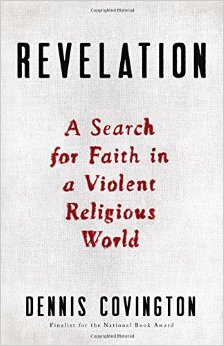 Revelation: A Search for Faith in a Violent Religious World Dennis Covington (Little Brown) $26.00 I can’t tell you how moving this book was, full of spunk and adventure and pathos and brilliant sentences and haunting episodes. I trust you know his 1995 American Book Award winner, Salvation on Sand Mountain, to this day one of the most unforgettable books I’ve ever read. What a great writer, her exploring through first hand memoir how violence and faith and hope and goodness can flourish, even as he wanders around war zones, crossing borders in the Middle East, and bringing back reports that are harrowing and humane and, hinting at hope.
Revelation: A Search for Faith in a Violent Religious World Dennis Covington (Little Brown) $26.00 I can’t tell you how moving this book was, full of spunk and adventure and pathos and brilliant sentences and haunting episodes. I trust you know his 1995 American Book Award winner, Salvation on Sand Mountain, to this day one of the most unforgettable books I’ve ever read. What a great writer, her exploring through first hand memoir how violence and faith and hope and goodness can flourish, even as he wanders around war zones, crossing borders in the Middle East, and bringing back reports that are harrowing and humane and, hinting at hope.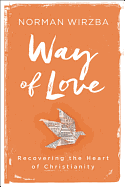 Way of Love: Recovering the Heart of Christianity Norman Wirzba (HarperOne) $25.99 I was surprised this didn’t sell well – it’s Norman Wirzba, people, theological voice of the land and place, friend of Wendell Berry, author of lovely radical books like Keeping the Sabbath and Making Peace with the Land and, recently, the brilliant From Nature to Creation. A book by a localist, a mainline theologian (he teaches at Duke) on love, and on how love is truly the heart of the Christian faith. Mainline folks who have generally been less hung up on proper doctrine have had this as their mantra, and this articulates it as well as anything, with good theological insight. I have before quoted this blurb by Eugene Peterson:
Way of Love: Recovering the Heart of Christianity Norman Wirzba (HarperOne) $25.99 I was surprised this didn’t sell well – it’s Norman Wirzba, people, theological voice of the land and place, friend of Wendell Berry, author of lovely radical books like Keeping the Sabbath and Making Peace with the Land and, recently, the brilliant From Nature to Creation. A book by a localist, a mainline theologian (he teaches at Duke) on love, and on how love is truly the heart of the Christian faith. Mainline folks who have generally been less hung up on proper doctrine have had this as their mantra, and this articulates it as well as anything, with good theological insight. I have before quoted this blurb by Eugene Peterson: The Sin of Certainty: Why God Desires Our Trust More Than Our “Correct” Beliefs
The Sin of Certainty: Why God Desires Our Trust More Than Our “Correct” Beliefs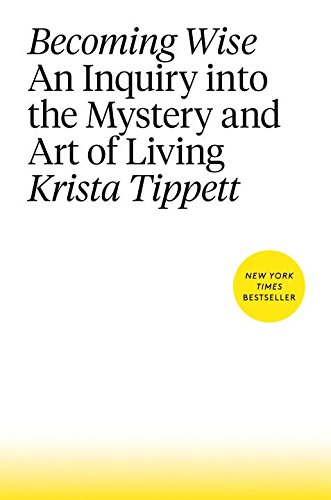 Becoming Wise: An Inquiry Into the Mystery and Art of Living Krista Tippett (Penguin Press) $28.00 This was naturally of interest among our mainline friends, and we are happy to commend it to you here. This beautifully written book emerges from Tippett’s acclaimed NPR show, “On Meaning” and expresses much she has learned from these many years of interviewing deep, good people.
Becoming Wise: An Inquiry Into the Mystery and Art of Living Krista Tippett (Penguin Press) $28.00 This was naturally of interest among our mainline friends, and we are happy to commend it to you here. This beautifully written book emerges from Tippett’s acclaimed NPR show, “On Meaning” and expresses much she has learned from these many years of interviewing deep, good people.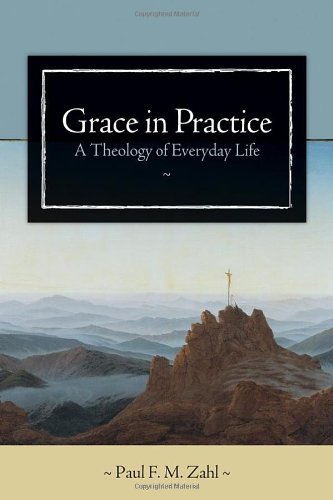 Grace in Practice: A Theology of Everyday Life Paul F. M. Zahl (Eerdmans) $18.00 This is an older book that we really appreciate, and sometimes we bring to events where folks need a thoughtful, grace-filled theological vision for their ordinary lives. He looks at grace in every zone of life, from family life to international affairs, from one’s deepest faith convictions to public and social concerns. The great Peter Gomes, chaplain at Harvard, had a blurb on the back — who called the book itself an “act of grace” — as did Ligon Duncan III, who called Rev. Zahl “a formidable scholar, an admired colleague, and a courageous churchman.” This is a passionate, witty, important work, and we are glad to have a few copies left. Does the word theology maybe scare people away? It shouldn’t — this is just wonderful reading! By the way, we have this at a lesser expensive price to begin with (it now sells for $23.00, I believe) so with our 30% OFF deal, it’s quite affordable.
Grace in Practice: A Theology of Everyday Life Paul F. M. Zahl (Eerdmans) $18.00 This is an older book that we really appreciate, and sometimes we bring to events where folks need a thoughtful, grace-filled theological vision for their ordinary lives. He looks at grace in every zone of life, from family life to international affairs, from one’s deepest faith convictions to public and social concerns. The great Peter Gomes, chaplain at Harvard, had a blurb on the back — who called the book itself an “act of grace” — as did Ligon Duncan III, who called Rev. Zahl “a formidable scholar, an admired colleague, and a courageous churchman.” This is a passionate, witty, important work, and we are glad to have a few copies left. Does the word theology maybe scare people away? It shouldn’t — this is just wonderful reading! By the way, we have this at a lesser expensive price to begin with (it now sells for $23.00, I believe) so with our 30% OFF deal, it’s quite affordable.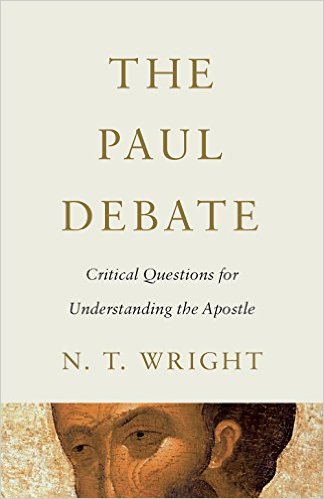 The Paul Debate: Critical Questions for Understanding the Apostle N.T. Wright (Baylor University Press) $34.95 I’ll admit I didn’t succeed in convincing folks to take this (perhaps because of it’s salty price – I still think it is brilliant and very useful. We’re willing to sell them at this good discount to get a few into reader’s hand — it is the best deal for new copies you will find anywhere. I don’t like putting it like this, but some say that Tom is too conservative for most liberals and too liberal for most conservatives, which means all camps should read him. At any rate, this clearly organized book summarizes 5 key issues in Pauline studies and clarifies where he stands, in response to the questions of critics and recent reviewers. Yes, it’s Wright’s clear response to these chief questions, but it is equally a wonderful overview of the current discussion about the New Testament. You could read a chapter a day for a week and quickly accomplish nearly a semester’s worth of a fine course on Paul. Fantastic.
The Paul Debate: Critical Questions for Understanding the Apostle N.T. Wright (Baylor University Press) $34.95 I’ll admit I didn’t succeed in convincing folks to take this (perhaps because of it’s salty price – I still think it is brilliant and very useful. We’re willing to sell them at this good discount to get a few into reader’s hand — it is the best deal for new copies you will find anywhere. I don’t like putting it like this, but some say that Tom is too conservative for most liberals and too liberal for most conservatives, which means all camps should read him. At any rate, this clearly organized book summarizes 5 key issues in Pauline studies and clarifies where he stands, in response to the questions of critics and recent reviewers. Yes, it’s Wright’s clear response to these chief questions, but it is equally a wonderful overview of the current discussion about the New Testament. You could read a chapter a day for a week and quickly accomplish nearly a semester’s worth of a fine course on Paul. Fantastic.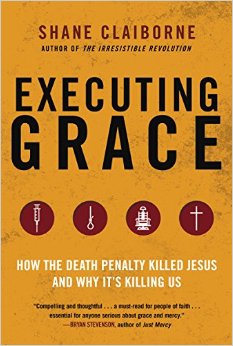 Executing Grace: How the Death Penalty Killed Jesus and Why It’s Killing Us Shane Claiborne (HarperOne) $17.99 This is hot off the press and I so wish I could have promoted it more at these events. Books sometimes take some time to become known and few even knew this was coming. We were taking pre-orders a month ago, and we thank those who bought it early. For the next few days we will again offer this at a deep 30% discount – what a tender, careful, important book. Shane told me how hard he worked on this, how much research and conversation and heartbreak went into it, and I think it is a very readable, valuable resource. Please order it today!
Executing Grace: How the Death Penalty Killed Jesus and Why It’s Killing Us Shane Claiborne (HarperOne) $17.99 This is hot off the press and I so wish I could have promoted it more at these events. Books sometimes take some time to become known and few even knew this was coming. We were taking pre-orders a month ago, and we thank those who bought it early. For the next few days we will again offer this at a deep 30% discount – what a tender, careful, important book. Shane told me how hard he worked on this, how much research and conversation and heartbreak went into it, and I think it is a very readable, valuable resource. Please order it today! Silence and Beauty: Hidden Faith Born of Suffering Makoto Fujimura (IVP) $26.00 I have reviewed this at great length here at BookNotes before and hoped it would catch the attention of those seeing the big stack at our three different book displays. Yes, we took it to each, and proudly explained that we know Mako and have heard him talk about this book, his friendship with Martin Scorsese who is making a film — has been wanting to for over 30 years — of the Japanese novel Silence about which this book is an extended meditation. As it says on the beautiful back cover, in koan-like cadence,
Silence and Beauty: Hidden Faith Born of Suffering Makoto Fujimura (IVP) $26.00 I have reviewed this at great length here at BookNotes before and hoped it would catch the attention of those seeing the big stack at our three different book displays. Yes, we took it to each, and proudly explained that we know Mako and have heard him talk about this book, his friendship with Martin Scorsese who is making a film — has been wanting to for over 30 years — of the Japanese novel Silence about which this book is an extended meditation. As it says on the beautiful back cover, in koan-like cadence,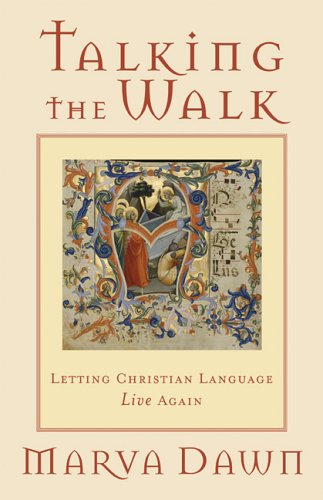 Talking the Walk: Let the Language of Theology Live Again Marva Dawn (Marva Dawn) $26.99 The local Lutherans brought Marva in to speak to them early this past Spring and we were delighted to connect with her again, if only briefly. (She is one of the great, great Christian writers of our time, and we are so honored that she once went out of our way to visit our bookstore in Dallastown!) This is a nearly unknown book of hers, originally published by Brazos, in a handsome hardback. It offers short mentions on various theological terms and why they are important for our faith and practice, in our lives and in our congregations. What a great book! Marva is one of the short list of authors that I will read anything she writes. This is one I bet you didn’t know about, eh? Get it from us, on sale, while supplies last.
Talking the Walk: Let the Language of Theology Live Again Marva Dawn (Marva Dawn) $26.99 The local Lutherans brought Marva in to speak to them early this past Spring and we were delighted to connect with her again, if only briefly. (She is one of the great, great Christian writers of our time, and we are so honored that she once went out of our way to visit our bookstore in Dallastown!) This is a nearly unknown book of hers, originally published by Brazos, in a handsome hardback. It offers short mentions on various theological terms and why they are important for our faith and practice, in our lives and in our congregations. What a great book! Marva is one of the short list of authors that I will read anything she writes. This is one I bet you didn’t know about, eh? Get it from us, on sale, while supplies last.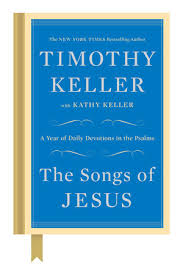 The Songs of Jesus: A Year of Daily Devotions in the Psalms Timothy Keller & Kathy Keller (Viking) $19.95 I would hope that most BookNotes fans know that we esteemed the exceptionally intelligent Presbyterian church leader from NYC, and appreciate his no-nonsense, thoughtful, but always applicable Bible teaching. In this often tender year-long devotional, he and his wife ruminate on the Psalms, known as the Bible’s songbook (and a prayerbook Jesus surely would have known and used.) Two decades ago Keller began reading the entire Book of Psalms every month and these insights are drawn from his accumulated years of study (and, with important input from his wife who herself uses the Psalms, including during times battling a chronic illness.) Mainline parishioners often don’t buy as many serious books as do those in more evangelical churches its seems, but folks always like to hear about a good devotional. It was nice to be able to share these with those seeking a way into the practice of daily quiet time and Bible reading.
The Songs of Jesus: A Year of Daily Devotions in the Psalms Timothy Keller & Kathy Keller (Viking) $19.95 I would hope that most BookNotes fans know that we esteemed the exceptionally intelligent Presbyterian church leader from NYC, and appreciate his no-nonsense, thoughtful, but always applicable Bible teaching. In this often tender year-long devotional, he and his wife ruminate on the Psalms, known as the Bible’s songbook (and a prayerbook Jesus surely would have known and used.) Two decades ago Keller began reading the entire Book of Psalms every month and these insights are drawn from his accumulated years of study (and, with important input from his wife who herself uses the Psalms, including during times battling a chronic illness.) Mainline parishioners often don’t buy as many serious books as do those in more evangelical churches its seems, but folks always like to hear about a good devotional. It was nice to be able to share these with those seeking a way into the practice of daily quiet time and Bible reading.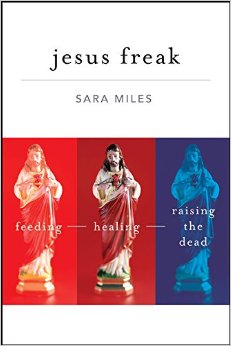 Jesus Freak: Feeding, Healing, Raising the Dead Sara Miles (Jossey-Bass) $21.95 As you might guess, the edgy and beautiful writer Sara Miles – she is coming to the Welcome Table, an O and A congregation near Lancaster Seminary in late July – is popular among mainline folks these days. Her remarkable story, stunningly told in Take This Bread, of her conversion to Christ after receiving communion for the first time and her subsequent desire to start a food pantry in the sacred space of her San Fran Episcopal church, is well worth reading whether you agree with her opinions or not. This sequel to that book is oddly named, has a less than appealing cover, and is hardback, so it doesn’t sell as well, but I’ll tell you it is every bit as powerful and moving and inspiring as her first one. It is, doubtlessly, one of the most stimulating books I’ve read in years, and we were eager to promote it at our recent gigs. Alas, it languishes. Why o why? Folks, read this book! Again, agree or not with all of her radically inclusive theology and lefty politics, it is a very moving memoir and a delirious call to action in the world of hurt and need. If you like Anne Lamott or Nadia Bolz-Weber, you should read Sarah Miles.
Jesus Freak: Feeding, Healing, Raising the Dead Sara Miles (Jossey-Bass) $21.95 As you might guess, the edgy and beautiful writer Sara Miles – she is coming to the Welcome Table, an O and A congregation near Lancaster Seminary in late July – is popular among mainline folks these days. Her remarkable story, stunningly told in Take This Bread, of her conversion to Christ after receiving communion for the first time and her subsequent desire to start a food pantry in the sacred space of her San Fran Episcopal church, is well worth reading whether you agree with her opinions or not. This sequel to that book is oddly named, has a less than appealing cover, and is hardback, so it doesn’t sell as well, but I’ll tell you it is every bit as powerful and moving and inspiring as her first one. It is, doubtlessly, one of the most stimulating books I’ve read in years, and we were eager to promote it at our recent gigs. Alas, it languishes. Why o why? Folks, read this book! Again, agree or not with all of her radically inclusive theology and lefty politics, it is a very moving memoir and a delirious call to action in the world of hurt and need. If you like Anne Lamott or Nadia Bolz-Weber, you should read Sarah Miles.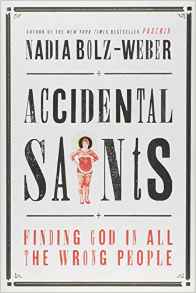 Accidental Saints: Finding God in All the Wrong People Nadia Bolz-Weber (Convergent Books)$23.00 Oh my, what a book. Again, like Sara Mile’s three books, Nadia is a popular voice that is edgy and radical and all about God’s grace, being inclusive and caring and creative in reaching out to and within a carnivalesque, postmodern world. I suppose you’ve heard of her tatted up sleeves and chest, shown well on the cover of her memoir Pastrix, and her colorful cussing, which makes for a really interesting read. (Hey, she’s in the tribe of Martin Luther, so don’t start on the cussing bit.) This second book is better than her first, sharing much about her church (House of All Sinners and Saints), her passion for the lost and marginalized, and how her goofy congregation navigated all manner of surprising changes in their church plant. They were okay, naturally, with the trannys and addicts and underground hipsters who they hoped to reach, folks similar to their own style from their own scene. When fairly white-bread, middle age guys in slacks from the suburbs began to show up, it challenged them profoundly. How ironic — they had to stretch themselves around God’s grace to be welcoming to those people, so not like themselves. Can we do the same, show grace to those we would rather avoid? Ha – what a book! Thank you, Nadia, for your honesty and color. Why not buy this for your next book club – and hold on! You will be surprised by its sheer beauty and admittedly provocative stories.
Accidental Saints: Finding God in All the Wrong People Nadia Bolz-Weber (Convergent Books)$23.00 Oh my, what a book. Again, like Sara Mile’s three books, Nadia is a popular voice that is edgy and radical and all about God’s grace, being inclusive and caring and creative in reaching out to and within a carnivalesque, postmodern world. I suppose you’ve heard of her tatted up sleeves and chest, shown well on the cover of her memoir Pastrix, and her colorful cussing, which makes for a really interesting read. (Hey, she’s in the tribe of Martin Luther, so don’t start on the cussing bit.) This second book is better than her first, sharing much about her church (House of All Sinners and Saints), her passion for the lost and marginalized, and how her goofy congregation navigated all manner of surprising changes in their church plant. They were okay, naturally, with the trannys and addicts and underground hipsters who they hoped to reach, folks similar to their own style from their own scene. When fairly white-bread, middle age guys in slacks from the suburbs began to show up, it challenged them profoundly. How ironic — they had to stretch themselves around God’s grace to be welcoming to those people, so not like themselves. Can we do the same, show grace to those we would rather avoid? Ha – what a book! Thank you, Nadia, for your honesty and color. Why not buy this for your next book club – and hold on! You will be surprised by its sheer beauty and admittedly provocative stories.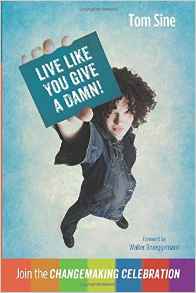 Live Like You Give a Damn: Join the Changemaking Celebration Tom Sine (Cascade Books) $24.00 I have mentioned this before and I can hardly express how many heros and leaders I admit have endorsed it — pages and pages of celebrations for this feisty book collecting great stories of young social entrepreneurs who are making a difference. In some ways this is a long-time sequel to his famous Mustard Seed Conspiracy or the great The New Conspirators, but this time showing how even those outside the churches can teach us much. This lifts up a new generation (and in some ways new kinds) of activists and invites us to join God in Christ as He is “bringing heaven to Earth.” Can we allow the Spirit to ignite our imaginations? Can we be innovative in solving today’s pressing problems? This is good stuff. We are glad to offer it now at this discounted price, just this week. It’s a winner, written by a friend and conversation partner, so do check it out, please!
Live Like You Give a Damn: Join the Changemaking Celebration Tom Sine (Cascade Books) $24.00 I have mentioned this before and I can hardly express how many heros and leaders I admit have endorsed it — pages and pages of celebrations for this feisty book collecting great stories of young social entrepreneurs who are making a difference. In some ways this is a long-time sequel to his famous Mustard Seed Conspiracy or the great The New Conspirators, but this time showing how even those outside the churches can teach us much. This lifts up a new generation (and in some ways new kinds) of activists and invites us to join God in Christ as He is “bringing heaven to Earth.” Can we allow the Spirit to ignite our imaginations? Can we be innovative in solving today’s pressing problems? This is good stuff. We are glad to offer it now at this discounted price, just this week. It’s a winner, written by a friend and conversation partner, so do check it out, please! The Spirituality of Wine Gisela H. Kreglinger (Eerdmans) $24.00 This is another book I was so happy to tell about, a book to promote among foodies and wine connoisseurs, but also to theologians, sustainable agriculture workers, Bible teachers and more. This is a thorough, lovely book which carefully explores the connection between Sunday worship and Monday work, between field and faith, that studies wine in the Bible and in the vineyard. The author works in a family vineyard which goes back hundreds of years (in Germany) and has given us here a book unlike any now in print.
The Spirituality of Wine Gisela H. Kreglinger (Eerdmans) $24.00 This is another book I was so happy to tell about, a book to promote among foodies and wine connoisseurs, but also to theologians, sustainable agriculture workers, Bible teachers and more. This is a thorough, lovely book which carefully explores the connection between Sunday worship and Monday work, between field and faith, that studies wine in the Bible and in the vineyard. The author works in a family vineyard which goes back hundreds of years (in Germany) and has given us here a book unlike any now in print.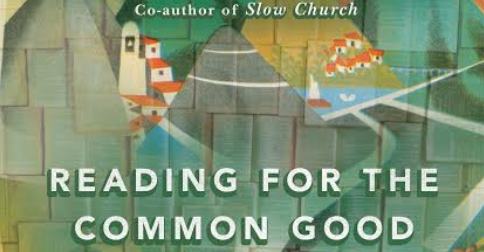

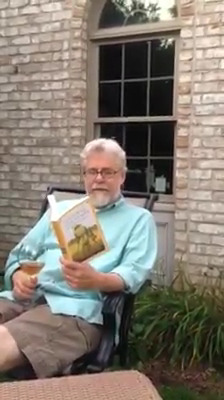
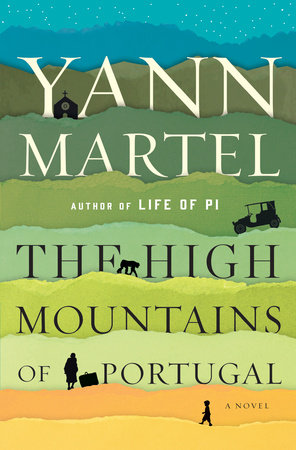 The High Mountains of Portugal Yann Martel (Spiegel & Grau) $27.00 At first I couldn’t put this down, then it rather perplexed me, and then I was utterly captivated, and even a month later I can’t stop thinking about it. This is by the famous author of Life of Pi and it is essentially three inter-related stories, pitched (on the back) as A Quest, A Ghost Story, and A Mesmerizing Tale of Love and Loss. The three sections are captioned in the book as Homeless, Homeward, Home — itself intriguing, eh? The middle part is way weird, but not what I’d call ghostly; just magical realism, if you will. A guy walks backwards, there’s a search for an ancient crucifix from a disgraced missionary, learned about from a previously ignored diary found in a museum, there is a sad death, there is a simian, and the end offers a remarkable, homecoming resolution. Amazing.
The High Mountains of Portugal Yann Martel (Spiegel & Grau) $27.00 At first I couldn’t put this down, then it rather perplexed me, and then I was utterly captivated, and even a month later I can’t stop thinking about it. This is by the famous author of Life of Pi and it is essentially three inter-related stories, pitched (on the back) as A Quest, A Ghost Story, and A Mesmerizing Tale of Love and Loss. The three sections are captioned in the book as Homeless, Homeward, Home — itself intriguing, eh? The middle part is way weird, but not what I’d call ghostly; just magical realism, if you will. A guy walks backwards, there’s a search for an ancient crucifix from a disgraced missionary, learned about from a previously ignored diary found in a museum, there is a sad death, there is a simian, and the end offers a remarkable, homecoming resolution. Amazing. Smoke Dan Vyleta (Doubleday) $27.95 I was glad our library had this as soon as it released this last week as it sounds to me like one of the most inventive novels in recent memory. The author is an esteemed historian and novelist and the advance word on this has been fabulous. (One reviewer says it is “one of the most original and enthralling books I have read in a long, long time.”) The plot seems complex — I just started it last night — but the premise is fantastical and intriguing: smoke arises from the bodies of people when they think bad thoughts; their inner lives of greed and lust and envy become known by all. (The idea from this, by the way, came from one specific sentence in a lesser known Charles Dickens novel who pondered what such a world would be like.)
Smoke Dan Vyleta (Doubleday) $27.95 I was glad our library had this as soon as it released this last week as it sounds to me like one of the most inventive novels in recent memory. The author is an esteemed historian and novelist and the advance word on this has been fabulous. (One reviewer says it is “one of the most original and enthralling books I have read in a long, long time.”) The plot seems complex — I just started it last night — but the premise is fantastical and intriguing: smoke arises from the bodies of people when they think bad thoughts; their inner lives of greed and lust and envy become known by all. (The idea from this, by the way, came from one specific sentence in a lesser known Charles Dickens novel who pondered what such a world would be like.)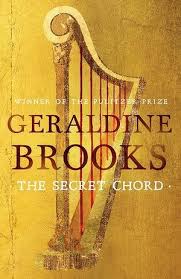 The Secret Chord: A Novel Geraldine Brooks (Viking) $27.95 What a solid book to hold in your hands, in the back yard or at your outdoor coffee-shop or, in my wife’s scenario, before bed. She loved this artful and provocative re-telling of the David story, beautifully wrought and insightful — “unvarnished” the publisher says — from the admittedly imagined view of Nathan. You should know the Pulitzer Prize-winning Brooks at least from her People of the Book, which we also loved.
The Secret Chord: A Novel Geraldine Brooks (Viking) $27.95 What a solid book to hold in your hands, in the back yard or at your outdoor coffee-shop or, in my wife’s scenario, before bed. She loved this artful and provocative re-telling of the David story, beautifully wrought and insightful — “unvarnished” the publisher says — from the admittedly imagined view of Nathan. You should know the Pulitzer Prize-winning Brooks at least from her People of the Book, which we also loved.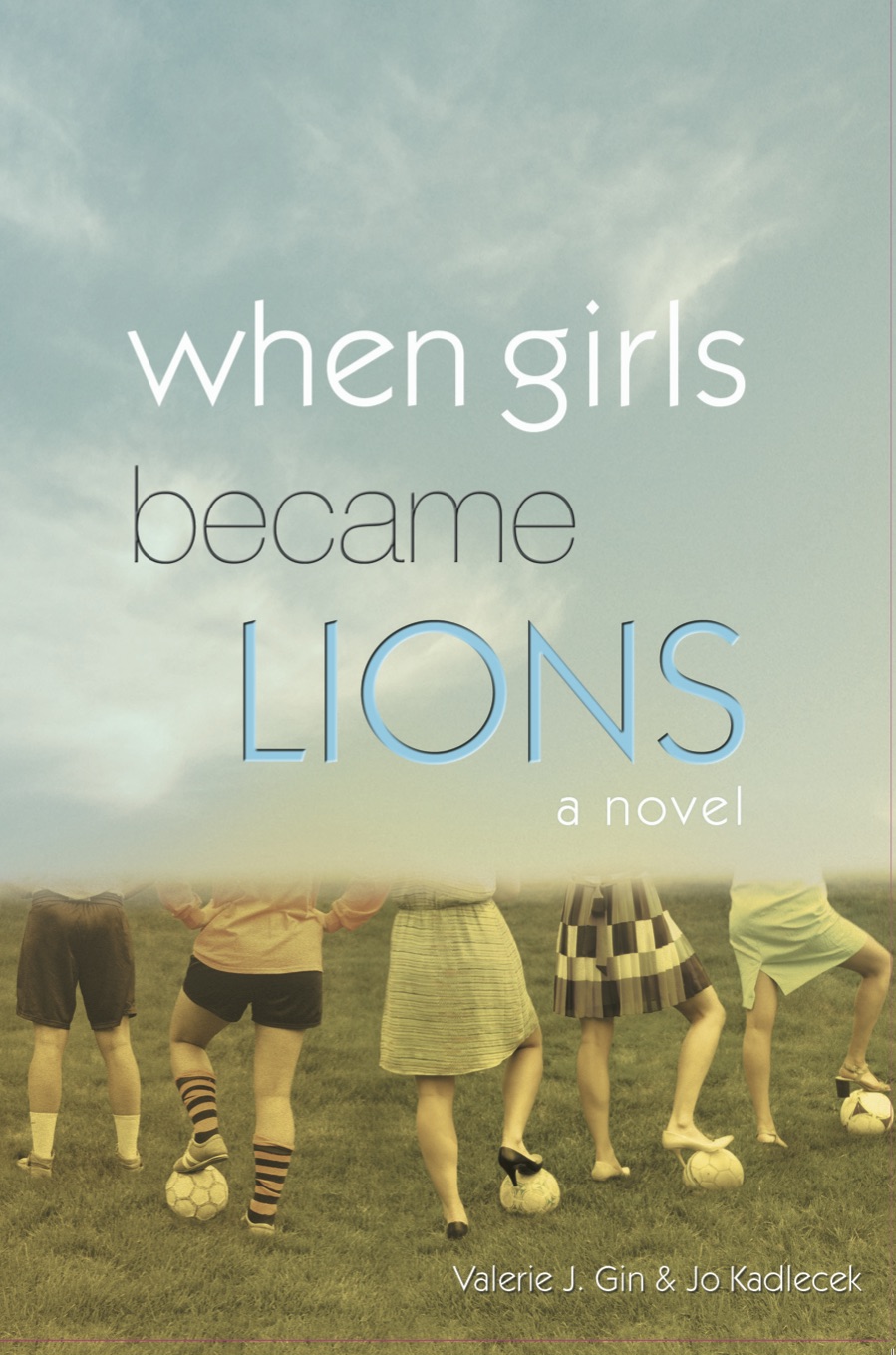 When Girls Became Lions: A Novel Valerie J. Gin & Jo Kadlecek (Gin/Kadlecek) $14.99 “The memory of a strong woman is a sanctuary…” This is how the story, set circa 1983, begins, in this self-published novel by a legendary and beloved soccer coach and a renowned writer of nonfiction and memoir. This is a story about soccer, about women’s sports, specifically about the impact of Title IX legislation had on one mid-western town.
When Girls Became Lions: A Novel Valerie J. Gin & Jo Kadlecek (Gin/Kadlecek) $14.99 “The memory of a strong woman is a sanctuary…” This is how the story, set circa 1983, begins, in this self-published novel by a legendary and beloved soccer coach and a renowned writer of nonfiction and memoir. This is a story about soccer, about women’s sports, specifically about the impact of Title IX legislation had on one mid-western town. 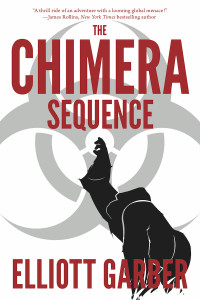 The Chimera Sequence Elliott Garber (Osprey Press) $15.99 I have been wanting to read this since I first heard about it from the proud papa of Elliott Garber, none other than Steve Garber, author of Hearts & Minds favs, Fabric of Faithfulness and Visions of Vocation. As you know from reading Steve, he is passionate about equipping folks to think about faith relating to all of life (including work, career, and our duties in the world) and that he, himself, uses novels to help open up conversations with consequence about life and times. I cannot think of a time I’ve heard Steve lecture or preach where he hasn’t cited stories, books, music, or films, and he and his librarian wife, Meg, raised their children around the very best books and films. I say all this to give you background and confidence that Elliott’s book emerges from a mature and thoughtful place.
The Chimera Sequence Elliott Garber (Osprey Press) $15.99 I have been wanting to read this since I first heard about it from the proud papa of Elliott Garber, none other than Steve Garber, author of Hearts & Minds favs, Fabric of Faithfulness and Visions of Vocation. As you know from reading Steve, he is passionate about equipping folks to think about faith relating to all of life (including work, career, and our duties in the world) and that he, himself, uses novels to help open up conversations with consequence about life and times. I cannot think of a time I’ve heard Steve lecture or preach where he hasn’t cited stories, books, music, or films, and he and his librarian wife, Meg, raised their children around the very best books and films. I say all this to give you background and confidence that Elliott’s book emerges from a mature and thoughtful place.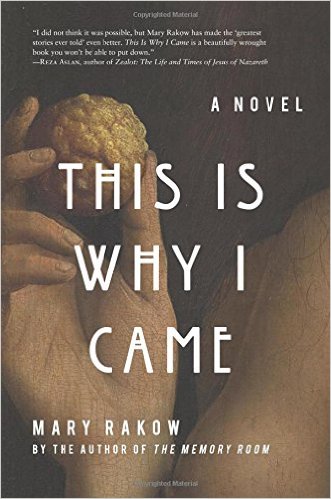 This Is Why I Came Mary Rakow (Counterpoint) $24.00 I am, as I often am, taken with a book just by reading a review of it. Such was the case, I suppose, here. I hope to spend some slow hours with this later this summer, but we ordered it forthwith as soon as I read a remarkable book review of it in The Christian Century
This Is Why I Came Mary Rakow (Counterpoint) $24.00 I am, as I often am, taken with a book just by reading a review of it. Such was the case, I suppose, here. I hope to spend some slow hours with this later this summer, but we ordered it forthwith as soon as I read a remarkable book review of it in The Christian Century 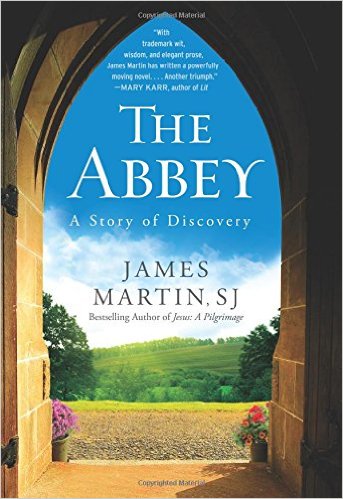 The Abbey: A Story of Discovery James Martin SJ (HarperOne) $24.99 It is great to see this popular nonfiction author — who has written about Jesus, about humor (Between Heaven and Mirth), about the Jesuits, and more — trying his hand at fiction, and, wow, has it been successful. This is a major book this season, lots of buzz — one person likened it to Screwtape Letters (although another suggested The Shack.) It is notable for how it handles religious searching, grief, spirituality. (And it is, by the way, set in Pennsylvania.) The Abbey is getting lovely reviews. Imagine having these authors blurb your book on the back — Ron Hansen, Kathleen Norris, Richard Rohr, Joyce Rupp. It has gotten many endorsements like this, from memoirist and poet Mary Karr:
The Abbey: A Story of Discovery James Martin SJ (HarperOne) $24.99 It is great to see this popular nonfiction author — who has written about Jesus, about humor (Between Heaven and Mirth), about the Jesuits, and more — trying his hand at fiction, and, wow, has it been successful. This is a major book this season, lots of buzz — one person likened it to Screwtape Letters (although another suggested The Shack.) It is notable for how it handles religious searching, grief, spirituality. (And it is, by the way, set in Pennsylvania.) The Abbey is getting lovely reviews. Imagine having these authors blurb your book on the back — Ron Hansen, Kathleen Norris, Richard Rohr, Joyce Rupp. It has gotten many endorsements like this, from memoirist and poet Mary Karr: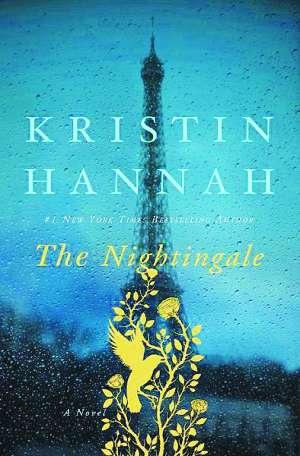 The Nightingale: A Novel Kristin Hannah (St. Marin’s Press) $27.99 The other day one of our staff paired this in a display with my favorite novel of recent years, All The Light You Cannot See. Not sure why, really, but the lovely, gold-embossed cover, is a rich and luscious one, and it calls out to be held. This is a serious, thick, and weighty novel, and it has been exclaimed about since it came out. Of course, it was displayed next to All the Light… because, it, too, is set in World War II — France in 1939 to be exact. As the description of it begins, “In love we find out who we want to be. In war we find out who we are.” This is an epic tale (Kristin Hannah is known for big and moving works of historical fiction) set in wartime France but about the divergent paths of two sisters. It is the sort of book that reviews claim to read in one sitting (although, at over 400 pages, I can hardly imagine.) I am sure at times it is harrowing, and it is said to be historically illuminating.
The Nightingale: A Novel Kristin Hannah (St. Marin’s Press) $27.99 The other day one of our staff paired this in a display with my favorite novel of recent years, All The Light You Cannot See. Not sure why, really, but the lovely, gold-embossed cover, is a rich and luscious one, and it calls out to be held. This is a serious, thick, and weighty novel, and it has been exclaimed about since it came out. Of course, it was displayed next to All the Light… because, it, too, is set in World War II — France in 1939 to be exact. As the description of it begins, “In love we find out who we want to be. In war we find out who we are.” This is an epic tale (Kristin Hannah is known for big and moving works of historical fiction) set in wartime France but about the divergent paths of two sisters. It is the sort of book that reviews claim to read in one sitting (although, at over 400 pages, I can hardly imagine.) I am sure at times it is harrowing, and it is said to be historically illuminating.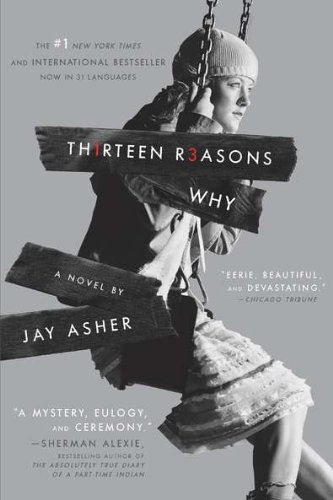 Thirteen Reasons Why Jay Asher (Razor Bill) $10.99 This is a powerful YA novel that an adult friend recently recommended. We knew of its immense popularity, hear the author on NPR, maybe, and knew of its significance.
Thirteen Reasons Why Jay Asher (Razor Bill) $10.99 This is a powerful YA novel that an adult friend recently recommended. We knew of its immense popularity, hear the author on NPR, maybe, and knew of its significance.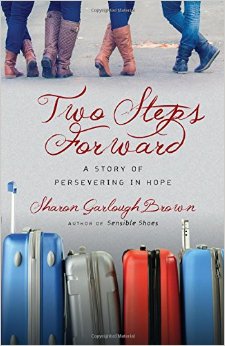 Two Steps Forward: A Story of Persevering in Hope Sharon Garlough Brown (IVP) $18.00 I have mentioned this before and it seemed right to name it again. Although it stands alone, it is a sequel to the popular Sensible Shoes, a novel which explores the emerging friendships of a group of women who meet at a spiritual retreat and agree to check back in with each other after their experiences with a spiritual director. Partly a story of women’s friendship, partly a set of stories of how faith helps us navigate live’s pains and challenges, and partially an observant report of what it is like having a wise spiritual director, this is a book that seems to be part novel and part spiritual guidebook. It is a story about what it means to be made in God’s image, discern wisdom, find grace, and what it looks like to grow into greater Christlikeness.
Two Steps Forward: A Story of Persevering in Hope Sharon Garlough Brown (IVP) $18.00 I have mentioned this before and it seemed right to name it again. Although it stands alone, it is a sequel to the popular Sensible Shoes, a novel which explores the emerging friendships of a group of women who meet at a spiritual retreat and agree to check back in with each other after their experiences with a spiritual director. Partly a story of women’s friendship, partly a set of stories of how faith helps us navigate live’s pains and challenges, and partially an observant report of what it is like having a wise spiritual director, this is a book that seems to be part novel and part spiritual guidebook. It is a story about what it means to be made in God’s image, discern wisdom, find grace, and what it looks like to grow into greater Christlikeness.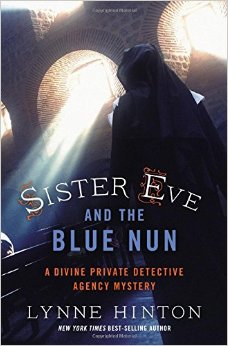 Sister Eve and the Blue Nun: A Divine Private Detective Agency Mystery Lynne Hinton (Nelson) $15.99 I don’t read mysteries, so don’t know which are better than others. There is this whole thing of clerical sleuths — think of Father Brown, at least. Hinton is a long-respected author in the world of inspirational fiction and is a New York Times best-selling author. This is just out, the third in a popular series — the first two were Sister Eve Private Eye and The Case of the Sin City Sister. In each, I gather, the good sister’s gifts for detective work might be seen as a calling, or a temptation. Eh? In this new one, it is set up like this: “After a murder at the monastery, Sister Eve may need a miracle if she is to prove a dear friend isn’t a cold-blooded killer.”
Sister Eve and the Blue Nun: A Divine Private Detective Agency Mystery Lynne Hinton (Nelson) $15.99 I don’t read mysteries, so don’t know which are better than others. There is this whole thing of clerical sleuths — think of Father Brown, at least. Hinton is a long-respected author in the world of inspirational fiction and is a New York Times best-selling author. This is just out, the third in a popular series — the first two were Sister Eve Private Eye and The Case of the Sin City Sister. In each, I gather, the good sister’s gifts for detective work might be seen as a calling, or a temptation. Eh? In this new one, it is set up like this: “After a murder at the monastery, Sister Eve may need a miracle if she is to prove a dear friend isn’t a cold-blooded killer.” 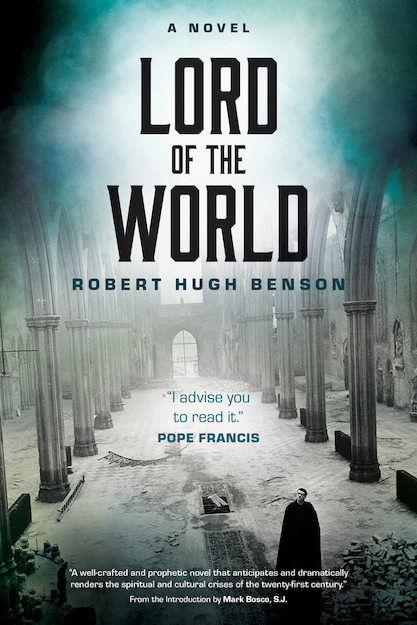 Lord of the World Robert Hugh Benson (Christian Classics) $15.95 I am embarrassed to say I have never heard of this novel, although I’ve learned a bit about the famous author and the significance of the tale.
Lord of the World Robert Hugh Benson (Christian Classics) $15.95 I am embarrassed to say I have never heard of this novel, although I’ve learned a bit about the famous author and the significance of the tale.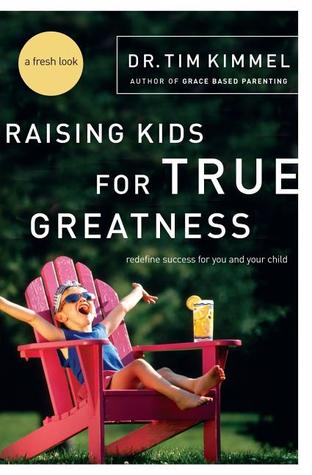 Raising Kids for True Greatness: Redefining Success for You and Your Child Tim Kimmel (Nelson) $15.99 There are not too many books that explore how to parent with a view to nurturing a sense of agency and passion and world-changing vocations in kids, but, for now, this is certainly a useful read. It doesn’t cite Guinness or Garber, but it is moving in that direction, helping parents give their kids a vision of their own lives that can be (in Christian terms) truly great. We liked Kimmel’s Grace Based Parenting, too, by the way. Very nice.
Raising Kids for True Greatness: Redefining Success for You and Your Child Tim Kimmel (Nelson) $15.99 There are not too many books that explore how to parent with a view to nurturing a sense of agency and passion and world-changing vocations in kids, but, for now, this is certainly a useful read. It doesn’t cite Guinness or Garber, but it is moving in that direction, helping parents give their kids a vision of their own lives that can be (in Christian terms) truly great. We liked Kimmel’s Grace Based Parenting, too, by the way. Very nice.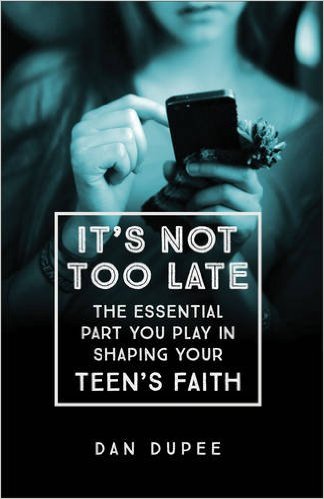 It’s Not Too Late: The Essential Part You Play in Shaping Your Teen’s Faith Dan Dupee (Baker) $15.99 Admittedly, this isn’t for parents of little kids, but, you know, it wouldn’t hurt for any parent to read it. Dan Dupee’s INTL is the best book that I know of for parents of teens (and, especially young adults) that not only affirms the parent’s necessary role, but links the skill sets needed to be good at parenting to these very themes of being transformed by the gospel in ways that propel us to ask the questions of vocation and calling. As you most likely read in my several BookNotes reviews of it, it cites most of our favorite books, and mentions Hearts & Minds as a resource for parents who want to help college student think about their callings in the world, even picking a major and a career. It’s not too late to read this book, and, I’d say, it is hardly too early, either. Highly recommended.
It’s Not Too Late: The Essential Part You Play in Shaping Your Teen’s Faith Dan Dupee (Baker) $15.99 Admittedly, this isn’t for parents of little kids, but, you know, it wouldn’t hurt for any parent to read it. Dan Dupee’s INTL is the best book that I know of for parents of teens (and, especially young adults) that not only affirms the parent’s necessary role, but links the skill sets needed to be good at parenting to these very themes of being transformed by the gospel in ways that propel us to ask the questions of vocation and calling. As you most likely read in my several BookNotes reviews of it, it cites most of our favorite books, and mentions Hearts & Minds as a resource for parents who want to help college student think about their callings in the world, even picking a major and a career. It’s not too late to read this book, and, I’d say, it is hardly too early, either. Highly recommended.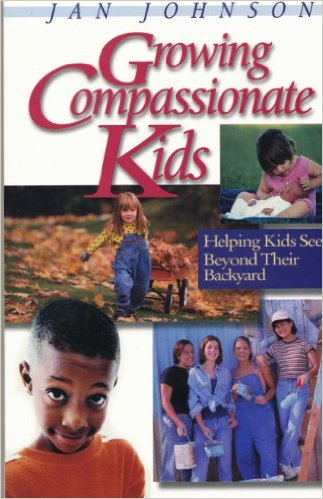 Growing Compassionate Kids: Helping Kids See Beyond Their Backyard Jan Johnson (Upper Room) $14.99 This great title is sadly out of print, but we have some left – a marvelous resource, a lovely book, by a writer who is profound and skilled in writing about both spiritual formation stuff (she has worked with the late Dallas Willard and published many books on the inner life) and social justice concerns she has been involved in Evangelicals for Social Action, for instance.) There are few really insightful, reliably faithful books about helping us do this kind of parenting work, and we commend Jan’s book to you. Get it while you can.
Growing Compassionate Kids: Helping Kids See Beyond Their Backyard Jan Johnson (Upper Room) $14.99 This great title is sadly out of print, but we have some left – a marvelous resource, a lovely book, by a writer who is profound and skilled in writing about both spiritual formation stuff (she has worked with the late Dallas Willard and published many books on the inner life) and social justice concerns she has been involved in Evangelicals for Social Action, for instance.) There are few really insightful, reliably faithful books about helping us do this kind of parenting work, and we commend Jan’s book to you. Get it while you can.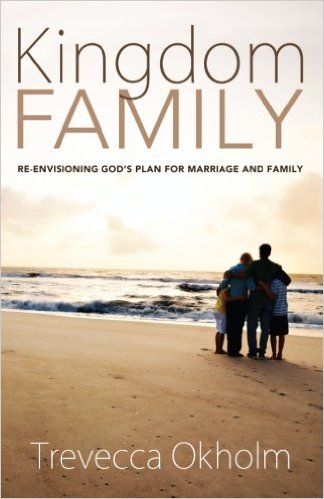 Kingdom Family: Re-envisioning God’s Plan for Marriage and Family Trevecca Okholm (Cascade) $22.00 Okholm has been a professional Christian educator for more than 25 years and is currently serving as Minister to Children and Families at St. Andrew’s Presbyterian Church in Newport Beach, CA. (Yay for certified Christian educators and members of APCE!) She received her master’s in educational ministries from Wheaton Graduate School. Fabulous blurbs from folks across the wider church have affirmed this. As S. Steve Kang (of Gordon Conwell Theological Seminary and co-author of Teaching the Faith, Forming the Faithful) writes, she has “cultivated the practice of practical theology leading to a genuine transformation of the family and the church.” Ms Okholm reminds us that the local church helps form families for life in the world, and that our spiritual formation must have as it’s frame a missional vision of the Kingdom of God. This recalls us to this broader, bigger picture of our lives together and yet offers practical, good, Kingdom practices for real life.
Kingdom Family: Re-envisioning God’s Plan for Marriage and Family Trevecca Okholm (Cascade) $22.00 Okholm has been a professional Christian educator for more than 25 years and is currently serving as Minister to Children and Families at St. Andrew’s Presbyterian Church in Newport Beach, CA. (Yay for certified Christian educators and members of APCE!) She received her master’s in educational ministries from Wheaton Graduate School. Fabulous blurbs from folks across the wider church have affirmed this. As S. Steve Kang (of Gordon Conwell Theological Seminary and co-author of Teaching the Faith, Forming the Faithful) writes, she has “cultivated the practice of practical theology leading to a genuine transformation of the family and the church.” Ms Okholm reminds us that the local church helps form families for life in the world, and that our spiritual formation must have as it’s frame a missional vision of the Kingdom of God. This recalls us to this broader, bigger picture of our lives together and yet offers practical, good, Kingdom practices for real life. 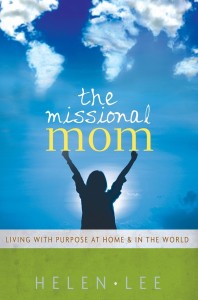 The Missional Mom: Living with Purpose at Home & in the World Helen Lee (Moody Press) $13.99
The Missional Mom: Living with Purpose at Home & in the World Helen Lee (Moody Press) $13.99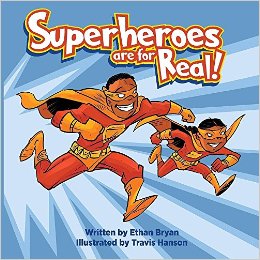 Superheroes Are for Real Ethan Bryan, illustrated by Travis Hanson (Goldminds Publishing) $12.99 “Her dad says superheroes are for real. She isn’t sure. Game on.” That’s the tease on the back cover. This book is for young ones and is based rather simple – but ingenious – idea, told through a simply plot. Ethan and his daughter – uh, scratch that, a fictional dad and his fictional daughter, are discussing whether superheroes are for real. What parent hasn’t had that kind of conversation? And what parent doesn’t sometimes joke around with kids, playfully making stuff up, exaggerating the truth of things, daring the child to figure out the real truth of the matter. Well, this starts with that kind of giddy exchange.
Superheroes Are for Real Ethan Bryan, illustrated by Travis Hanson (Goldminds Publishing) $12.99 “Her dad says superheroes are for real. She isn’t sure. Game on.” That’s the tease on the back cover. This book is for young ones and is based rather simple – but ingenious – idea, told through a simply plot. Ethan and his daughter – uh, scratch that, a fictional dad and his fictional daughter, are discussing whether superheroes are for real. What parent hasn’t had that kind of conversation? And what parent doesn’t sometimes joke around with kids, playfully making stuff up, exaggerating the truth of things, daring the child to figure out the real truth of the matter. Well, this starts with that kind of giddy exchange. 
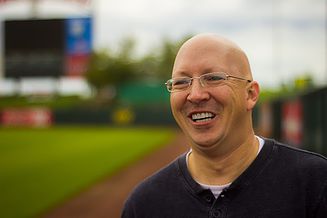
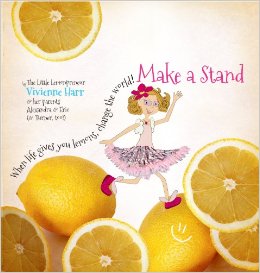 Make a Stand: When Life Gives You Lemons, Change the World! Vivienne Harr (Chocolate Sauce Books) $18.99 This is a very colorful, very well made book we discovered not long ago, based on a true story. It is, again, a rather simple story, but there’s a bit more going on and the book unfolds with lots of content, interesting side-stories, and a big, big ending. The short version is simply that the Vivienne Harr, age 9, learned something about modern day child slavery and determines to try to stop this awful plight. With the faith and optimism (okay, call it naiveté if you must) of a child, she wonders with her sibling and parents what she can do.
Make a Stand: When Life Gives You Lemons, Change the World! Vivienne Harr (Chocolate Sauce Books) $18.99 This is a very colorful, very well made book we discovered not long ago, based on a true story. It is, again, a rather simple story, but there’s a bit more going on and the book unfolds with lots of content, interesting side-stories, and a big, big ending. The short version is simply that the Vivienne Harr, age 9, learned something about modern day child slavery and determines to try to stop this awful plight. With the faith and optimism (okay, call it naiveté if you must) of a child, she wonders with her sibling and parents what she can do.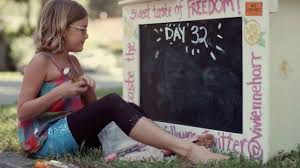

 distributed (organic) Make A Stand Lemon Aid lemonade. Whimsical and nearly implausible as this upbeat (true) book is, I was oddly moved by this success in her family’s efforts. (And I smile when they called her The Little Lemonpreneur.)
distributed (organic) Make A Stand Lemon Aid lemonade. Whimsical and nearly implausible as this upbeat (true) book is, I was oddly moved by this success in her family’s efforts. (And I smile when they called her The Little Lemonpreneur.)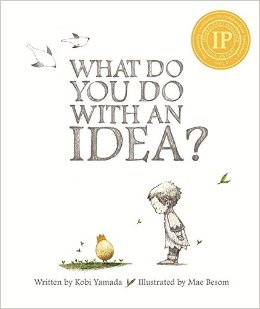 What Do You Do with an Idea? Kobi Yamada, illustrated by Mae Besom (Compendium Inc) $16.95 I read parts of this out loud to a group of church educators and you could feel it in the room and then we could hear the almost communal gasp, as we got to the end, the invitation to “change the world” with an idea that follows you around. Their own ideas were spinning as they wondered how they could use this in a Christian ed setting, what kind of conversations it might start, what Bible texts it might be used with. This is playful, nearly minimalist, as we see the “idea” thing grow as the child grows in confidence. And then, as they say, something amazing happens.
What Do You Do with an Idea? Kobi Yamada, illustrated by Mae Besom (Compendium Inc) $16.95 I read parts of this out loud to a group of church educators and you could feel it in the room and then we could hear the almost communal gasp, as we got to the end, the invitation to “change the world” with an idea that follows you around. Their own ideas were spinning as they wondered how they could use this in a Christian ed setting, what kind of conversations it might start, what Bible texts it might be used with. This is playful, nearly minimalist, as we see the “idea” thing grow as the child grows in confidence. And then, as they say, something amazing happens. 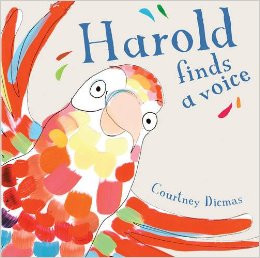 Harold Finds a Voice Courtney Dicmas (Child’s Play Inc) $7.99 This is a very colorful, just slightly oversized children’s picture book about a bird that could mimic any sound. You can imagine the fun children will have following the antics of Harold as he makes so many funny sounds, just like a car horn or a ships blast or a dog barking, loud ones, quiet ones, funny ones, scary ones. Everybody and everything seems to have a voice, and then, finally, Harold lets at a squawk that goes one for two big pages – what fun, as he finds his own voice. You get the point, I’m sure, and so will your little ones: we can come to realize if we don’t have our own authentic voice and we may have to work to find and give voice to our own unique sound. Harold the bird grew tired of repeating other sounds, and wanted to make some of his own. Called “vibrant and inventive”, this hilarious tale might lead to some noise in your home. And a lesson learned better sooner than later.
Harold Finds a Voice Courtney Dicmas (Child’s Play Inc) $7.99 This is a very colorful, just slightly oversized children’s picture book about a bird that could mimic any sound. You can imagine the fun children will have following the antics of Harold as he makes so many funny sounds, just like a car horn or a ships blast or a dog barking, loud ones, quiet ones, funny ones, scary ones. Everybody and everything seems to have a voice, and then, finally, Harold lets at a squawk that goes one for two big pages – what fun, as he finds his own voice. You get the point, I’m sure, and so will your little ones: we can come to realize if we don’t have our own authentic voice and we may have to work to find and give voice to our own unique sound. Harold the bird grew tired of repeating other sounds, and wanted to make some of his own. Called “vibrant and inventive”, this hilarious tale might lead to some noise in your home. And a lesson learned better sooner than later. 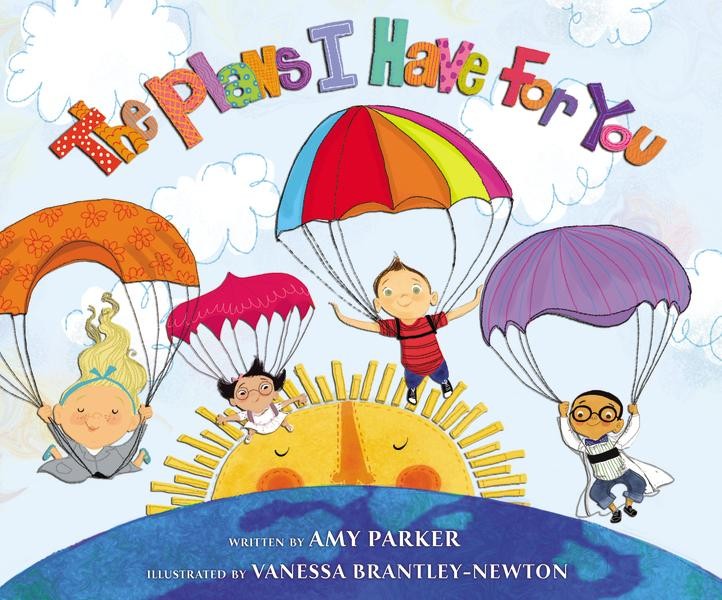 The Plans I Have for You Amy Parker, illustrated by Vanessa Brantly-Newton (Zonderkidz) $16.99 This is not out yet, but we hope to get it in by late June… you can pre-order it now, If you’d like. We will send it as soon as it arrives.
The Plans I Have for You Amy Parker, illustrated by Vanessa Brantly-Newton (Zonderkidz) $16.99 This is not out yet, but we hope to get it in by late June… you can pre-order it now, If you’d like. We will send it as soon as it arrives. 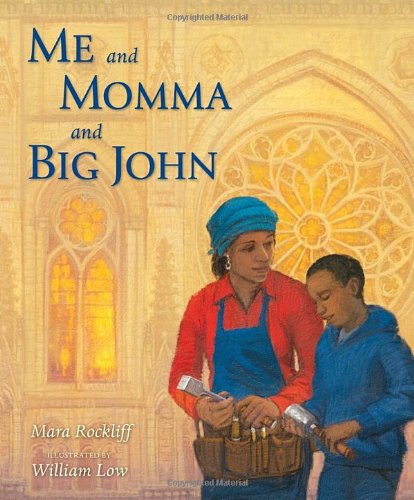 Me and Momma and Big John Mara Rockliff, William Low (Candlewick Press) $16.99 Candlewick is known for beautiful, beautiful children’s picture books and this is one we’ve promoted before. It works on a number of levels, is artfully done, and tells the story of a mom who is a stonecutter at the cathedral the workers call Big John – the Cathedral of Saint John the Divine in New York City that was begun in 1892 and is still under construction. Momma’s son John and his sisters can’t wait to see her special stone in this luminous true-life story.
Me and Momma and Big John Mara Rockliff, William Low (Candlewick Press) $16.99 Candlewick is known for beautiful, beautiful children’s picture books and this is one we’ve promoted before. It works on a number of levels, is artfully done, and tells the story of a mom who is a stonecutter at the cathedral the workers call Big John – the Cathedral of Saint John the Divine in New York City that was begun in 1892 and is still under construction. Momma’s son John and his sisters can’t wait to see her special stone in this luminous true-life story. 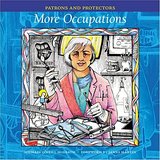
 Patrons and Protectors: Occupations and Patrons and Saints: More Occupations Michael O’Neill McGrath (Liturgical Training Publications) $18.95 We only have a few of these left, but I just have to list them. These are explicitly Roman Catholic and talk about patron saints for various occupations. There is a drawing of the patron saint doing his or her work in her ancient setting paired with a man or woman doing that very work in today’s setting. (And, oh, look for the dove tucked in on every page, showing God’s very presence in each job site!) Also, there is a short essay from a contemporary person describing how they serve God and the public in their work – most you haven’t heard of but a few (like broadcaster and TV show producer Fred Rogers) are heroes to us all.
Patrons and Protectors: Occupations and Patrons and Saints: More Occupations Michael O’Neill McGrath (Liturgical Training Publications) $18.95 We only have a few of these left, but I just have to list them. These are explicitly Roman Catholic and talk about patron saints for various occupations. There is a drawing of the patron saint doing his or her work in her ancient setting paired with a man or woman doing that very work in today’s setting. (And, oh, look for the dove tucked in on every page, showing God’s very presence in each job site!) Also, there is a short essay from a contemporary person describing how they serve God and the public in their work – most you haven’t heard of but a few (like broadcaster and TV show producer Fred Rogers) are heroes to us all.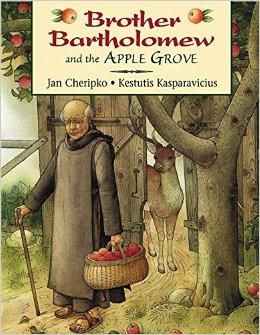 Brother Bartholomew and the Apple Grove Jan Cheripko, illustrated by Kestutis Kasparavicius (Boyds Mills Press) $15.95 We so like this legendary children’s publisher and so love this wonderful book. I’m sure I’ve recommended it before. The art is beautiful, soft, realistic watercolors, and the text is longer and more complex than some picture books. (I think it is good for middle elementary grads.) The story centers on an old monk whose job it was to care for an apple grove (the monastery made apple sauce to help make ends meet.) A newer, younger monk had his eye on taking over for the older one, and, well, there’s a lesson learned about ambition and greed and impatience.
Brother Bartholomew and the Apple Grove Jan Cheripko, illustrated by Kestutis Kasparavicius (Boyds Mills Press) $15.95 We so like this legendary children’s publisher and so love this wonderful book. I’m sure I’ve recommended it before. The art is beautiful, soft, realistic watercolors, and the text is longer and more complex than some picture books. (I think it is good for middle elementary grads.) The story centers on an old monk whose job it was to care for an apple grove (the monastery made apple sauce to help make ends meet.) A newer, younger monk had his eye on taking over for the older one, and, well, there’s a lesson learned about ambition and greed and impatience.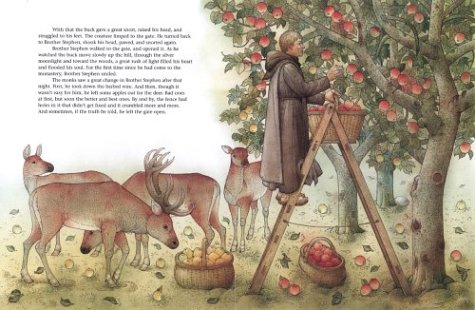 One theme of the story, I’d say, is about patience and sustainability, even caring for animals – and then, this big point: “God will provide.” It is said, often, and it is what the older Brother Bartholomew says to Brother Stephen at the end, when Stephen realizes his barbed wire “improvements” to keep the deer away was not so good. Called “haunting” and “moving” this warm tale of land and work and doing the right thing in God’s own way, nearly could have been written by Wendell Berry. A lovely, wise book — we only have a few left.
One theme of the story, I’d say, is about patience and sustainability, even caring for animals – and then, this big point: “God will provide.” It is said, often, and it is what the older Brother Bartholomew says to Brother Stephen at the end, when Stephen realizes his barbed wire “improvements” to keep the deer away was not so good. Called “haunting” and “moving” this warm tale of land and work and doing the right thing in God’s own way, nearly could have been written by Wendell Berry. A lovely, wise book — we only have a few left.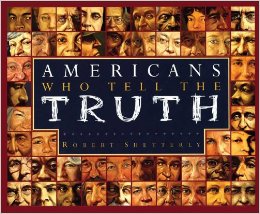 Americans Who Tell the Truth Robert Shetterly (Puffin) $7.99 This is a stunning picture book, with remarkable pen and ink and watercolor paintings of 50 great Americans with a quote from each on the facing page. This is for older kids or politically interested teends and definitely for those whose values tilt toward the lefty and progressive; the activist background about the person is briefly told, so you’ll learn about folks from Wendell Berry to Harriet Tubman, from Rachel Carson to Howard Zinn, from Sojourner Truth to Dorothea Lange, on through folks as varied as John Muir, Cesar Chavez, Susan B. Anthony, Dorothy Day, Dwight Eisenhower, Henry David Thoreau, Ralph Nader, and Rosa Parks.
Americans Who Tell the Truth Robert Shetterly (Puffin) $7.99 This is a stunning picture book, with remarkable pen and ink and watercolor paintings of 50 great Americans with a quote from each on the facing page. This is for older kids or politically interested teends and definitely for those whose values tilt toward the lefty and progressive; the activist background about the person is briefly told, so you’ll learn about folks from Wendell Berry to Harriet Tubman, from Rachel Carson to Howard Zinn, from Sojourner Truth to Dorothea Lange, on through folks as varied as John Muir, Cesar Chavez, Susan B. Anthony, Dorothy Day, Dwight Eisenhower, Henry David Thoreau, Ralph Nader, and Rosa Parks. 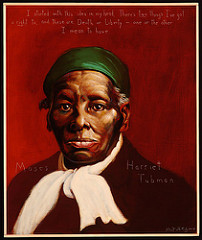
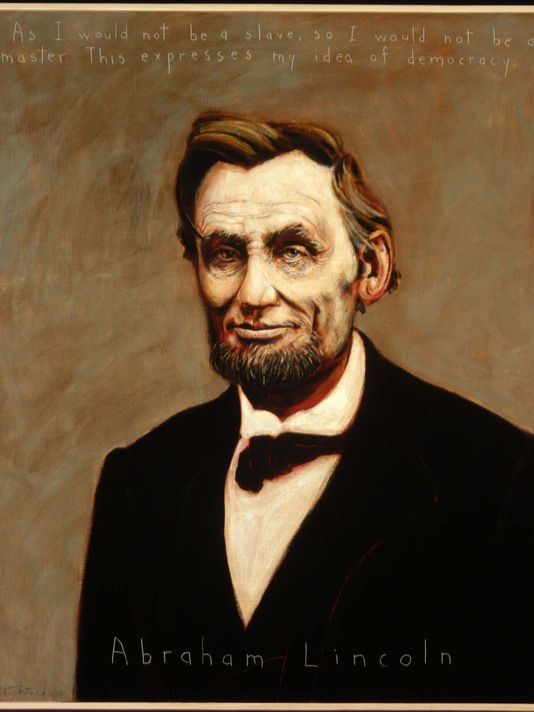
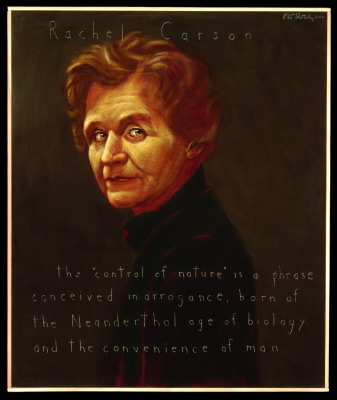 Mostly these are portraits of noble rabble-rousers and social activists, although there are Presidents and authors and poets, civic leaders and courageous citizens. This book of 50 pictures could generate all kinds of interesting conversation and further study about standing up for one’s convictions, organizing for social change, and using one’s talents to probe against injustice. Okay, it has a bias and it leaves out all kinds of good people, but it still deserves your attention.
Mostly these are portraits of noble rabble-rousers and social activists, although there are Presidents and authors and poets, civic leaders and courageous citizens. This book of 50 pictures could generate all kinds of interesting conversation and further study about standing up for one’s convictions, organizing for social change, and using one’s talents to probe against injustice. Okay, it has a bias and it leaves out all kinds of good people, but it still deserves your attention.